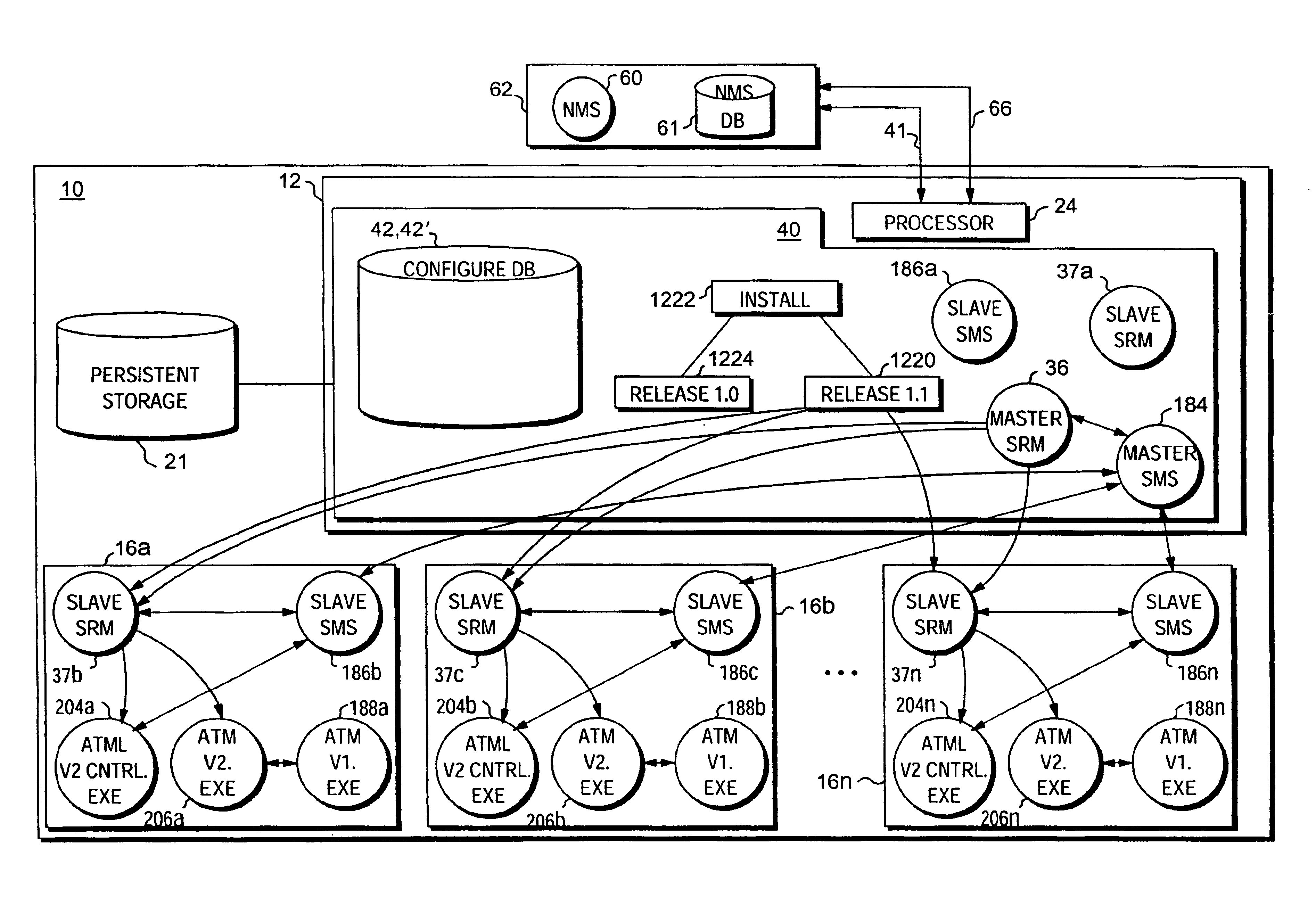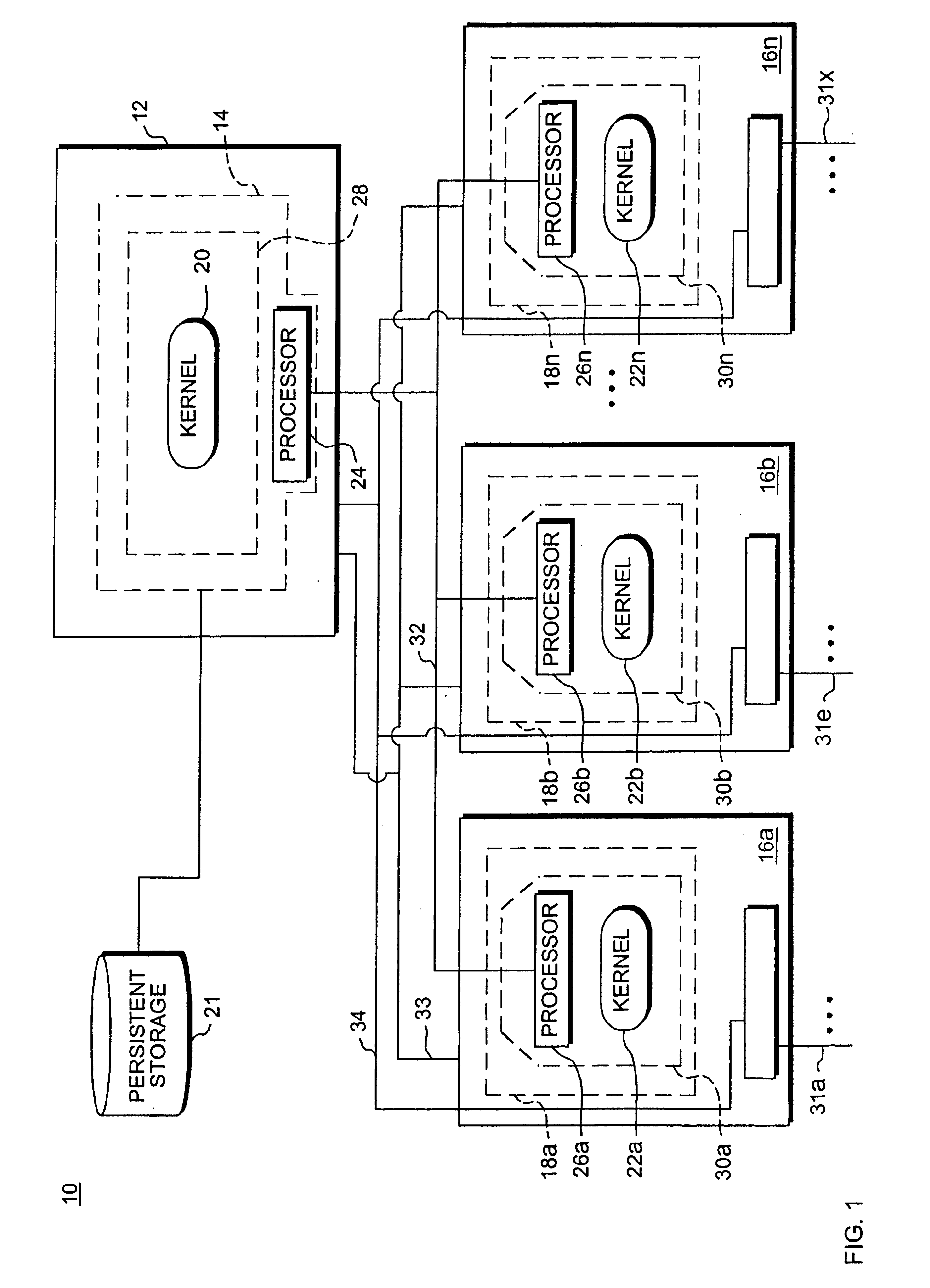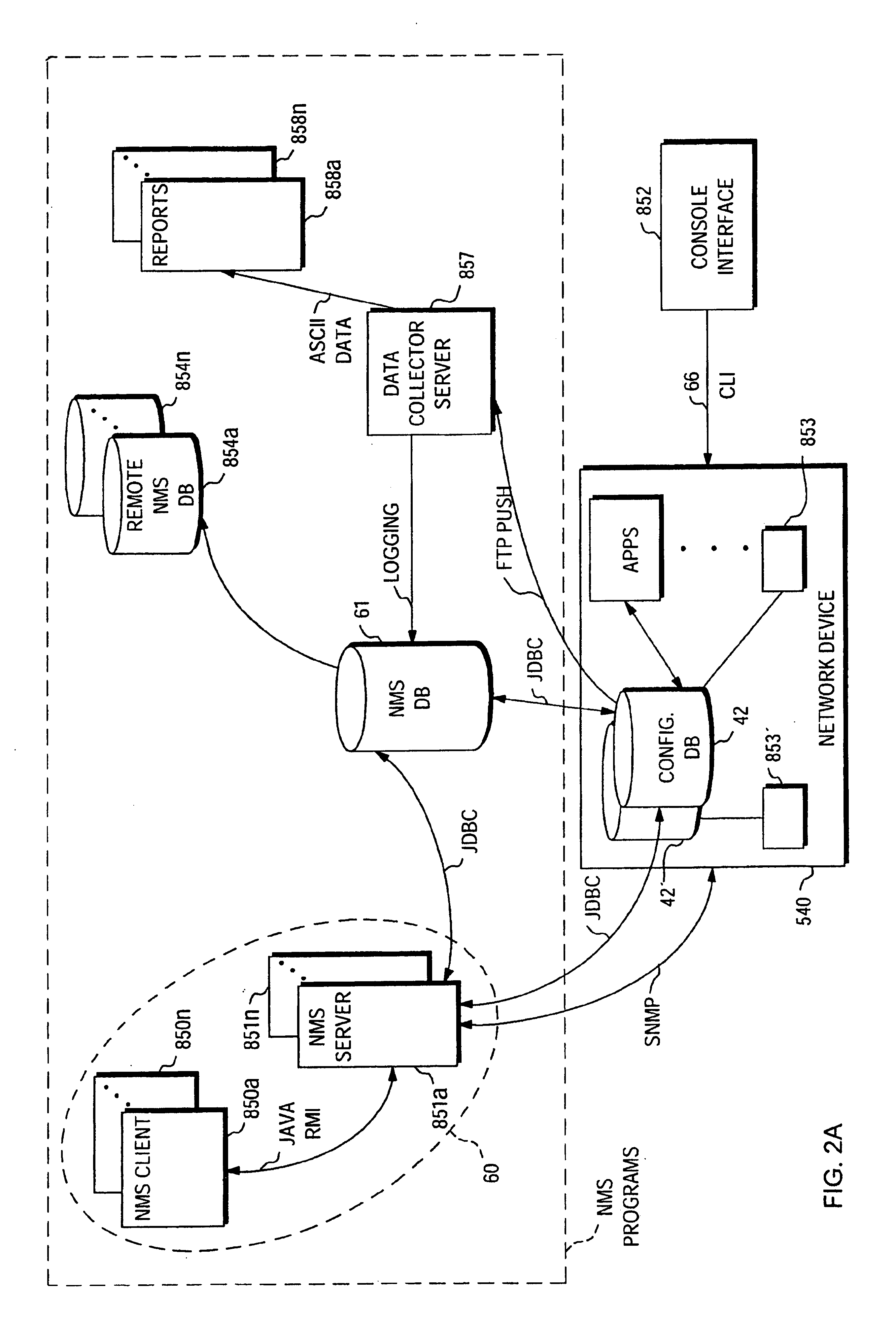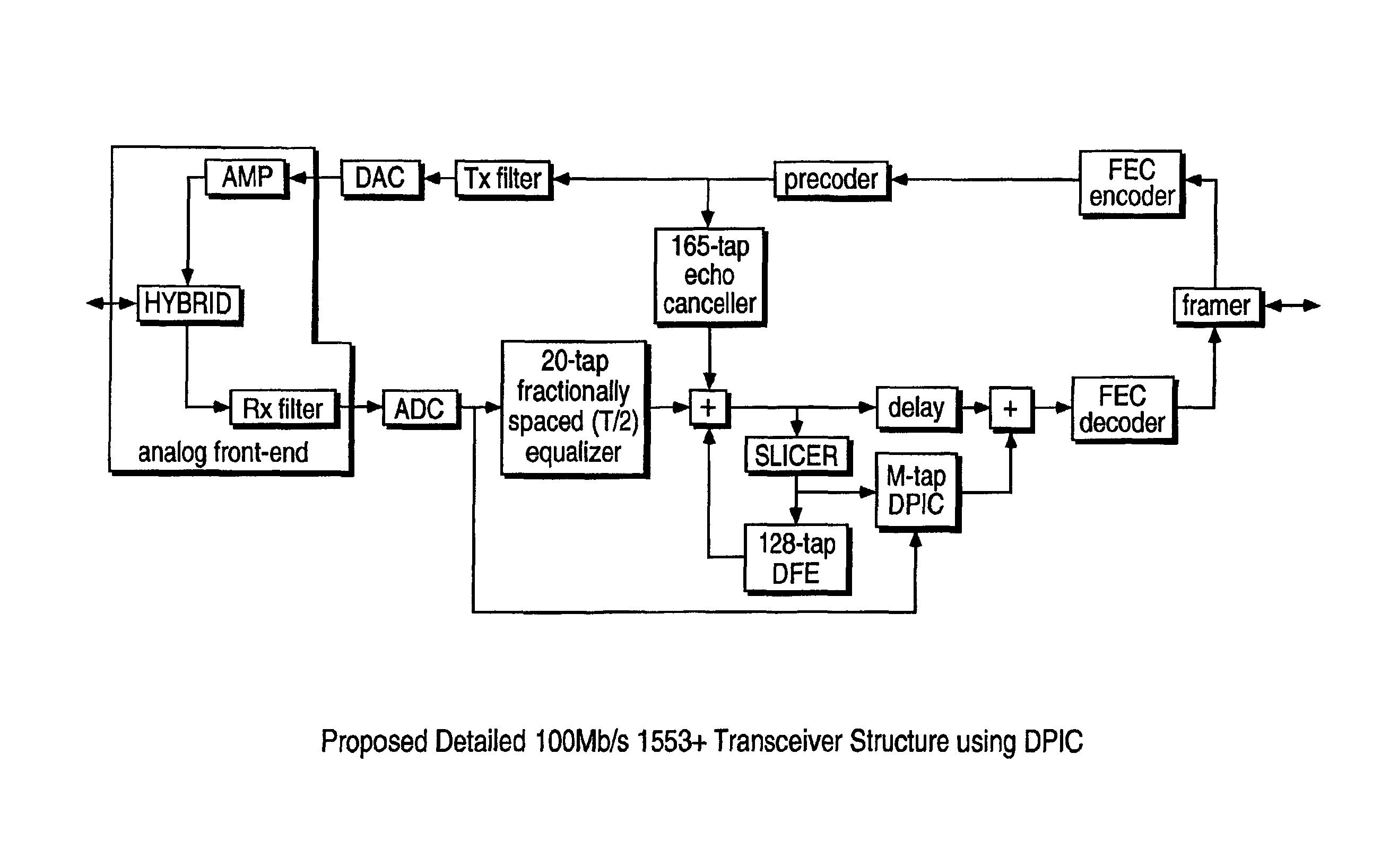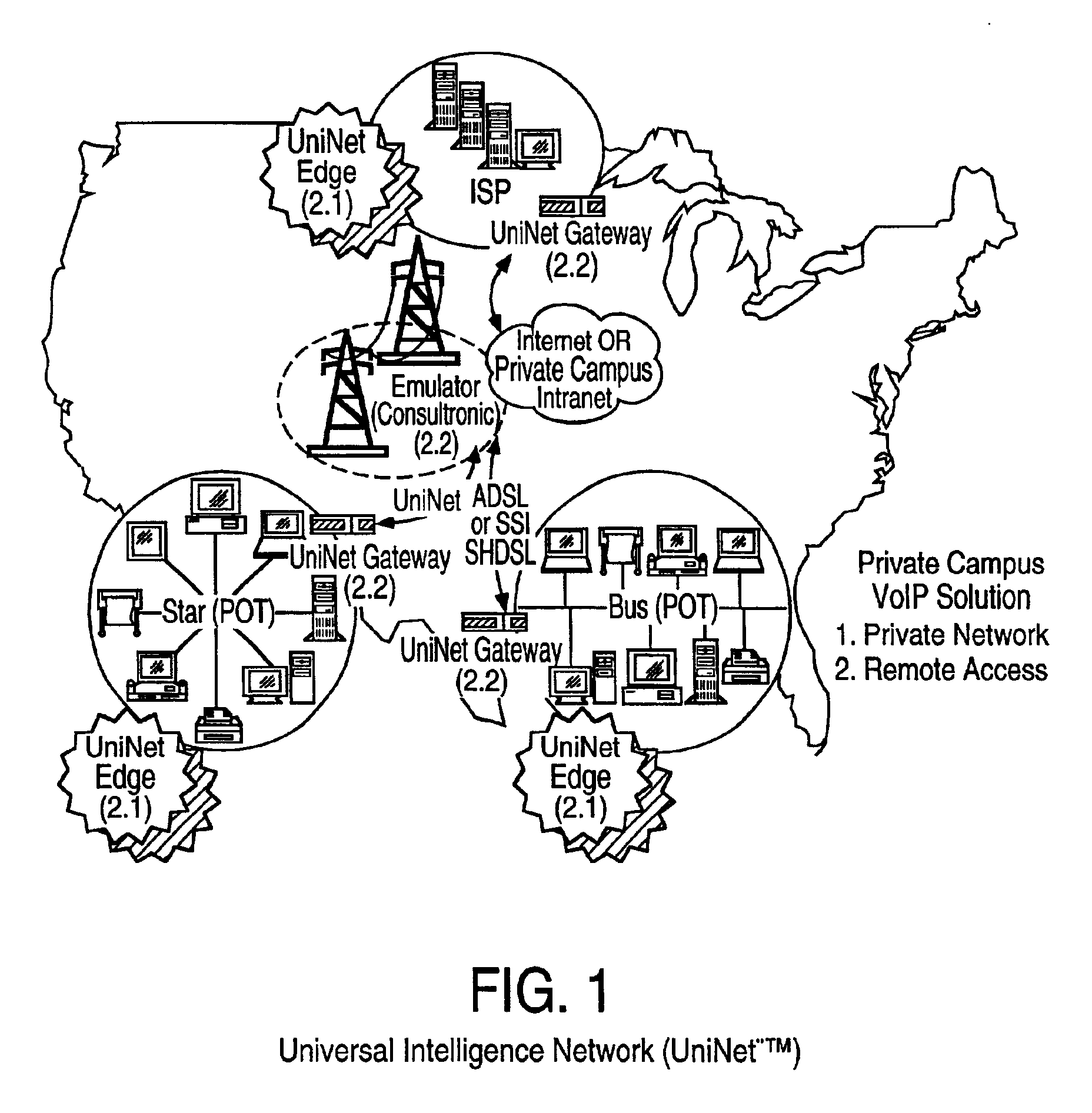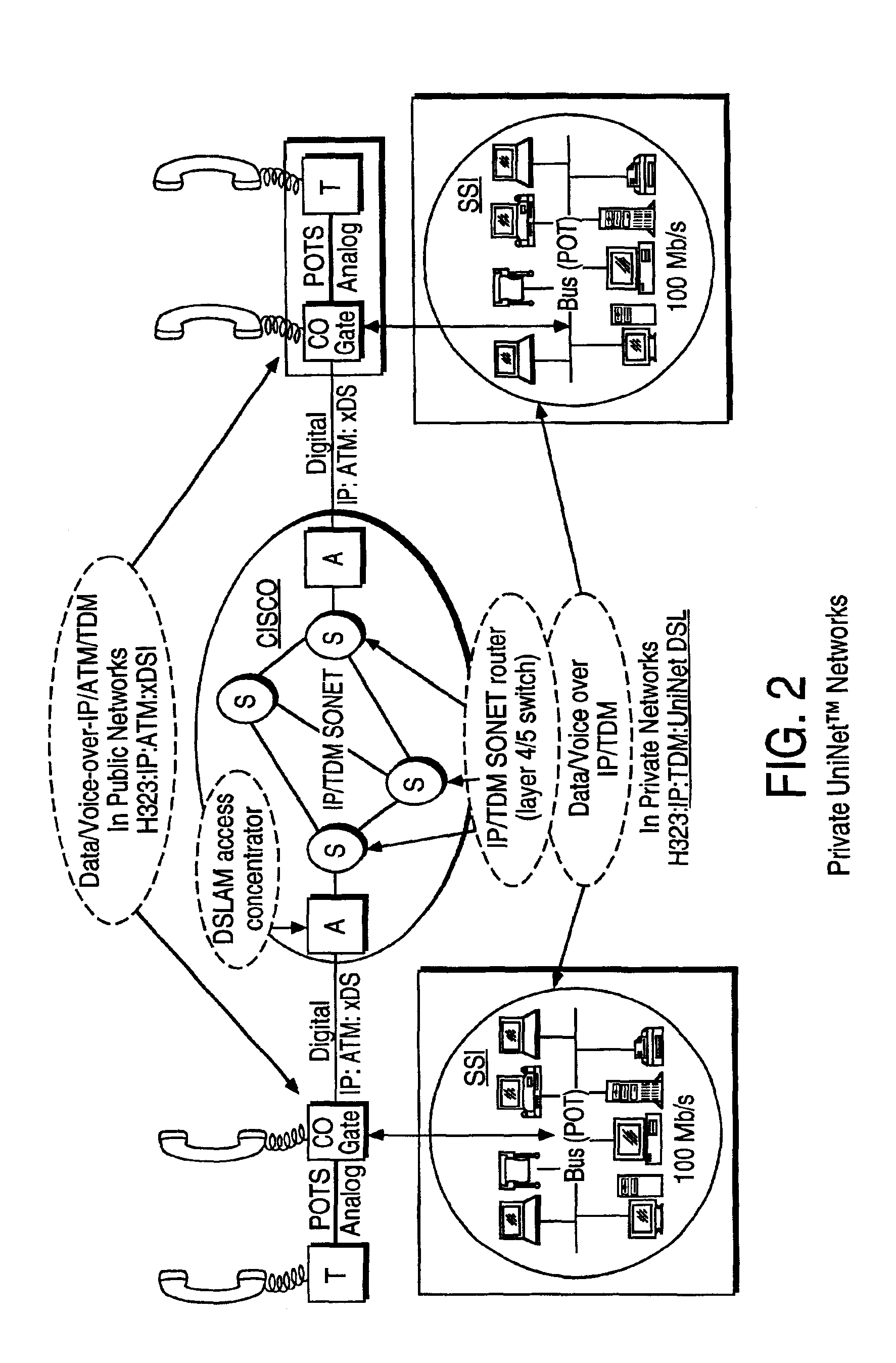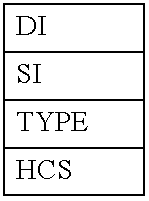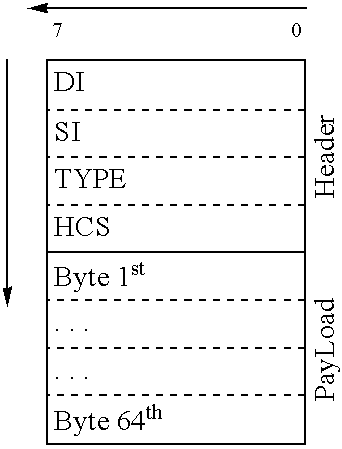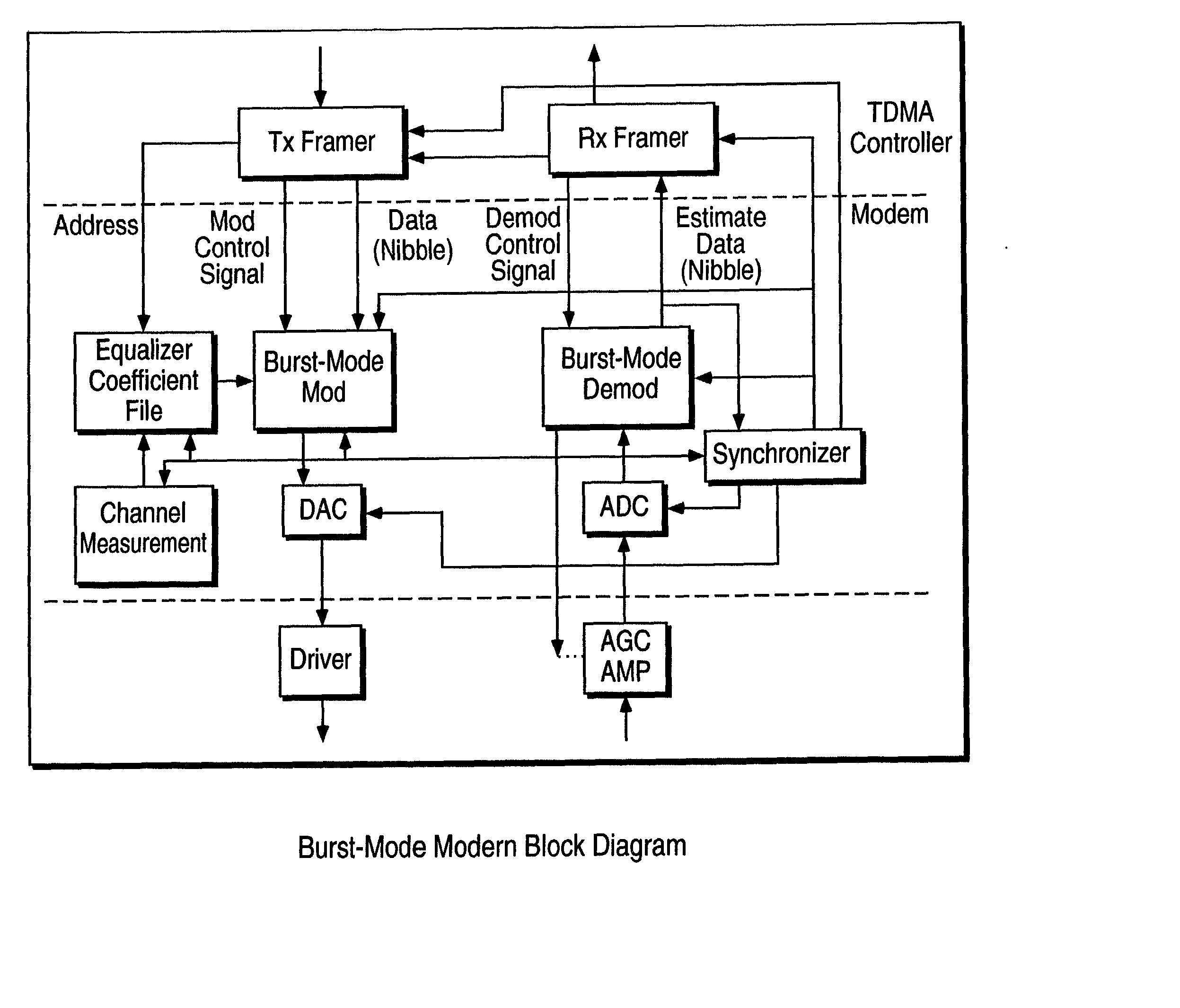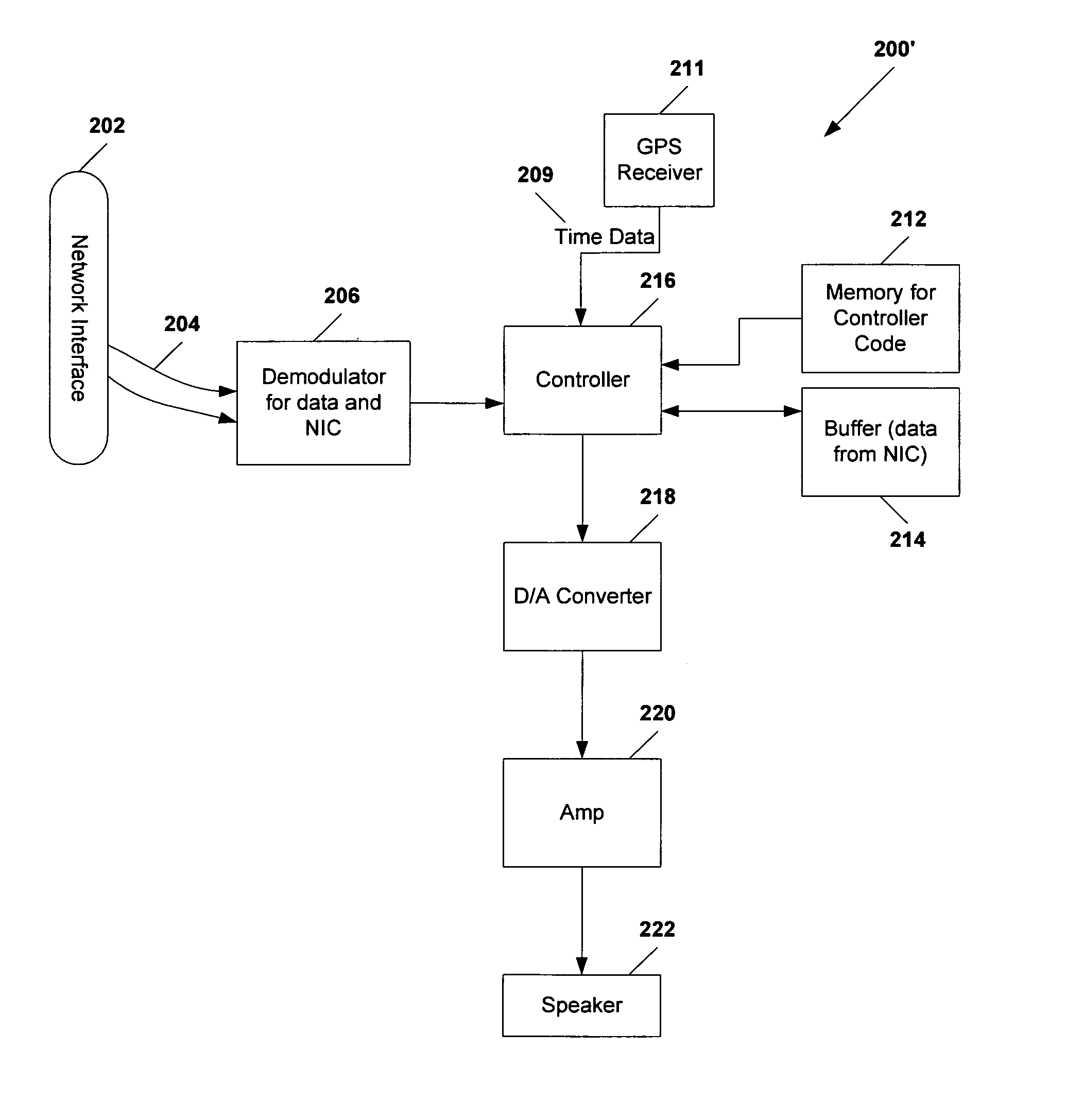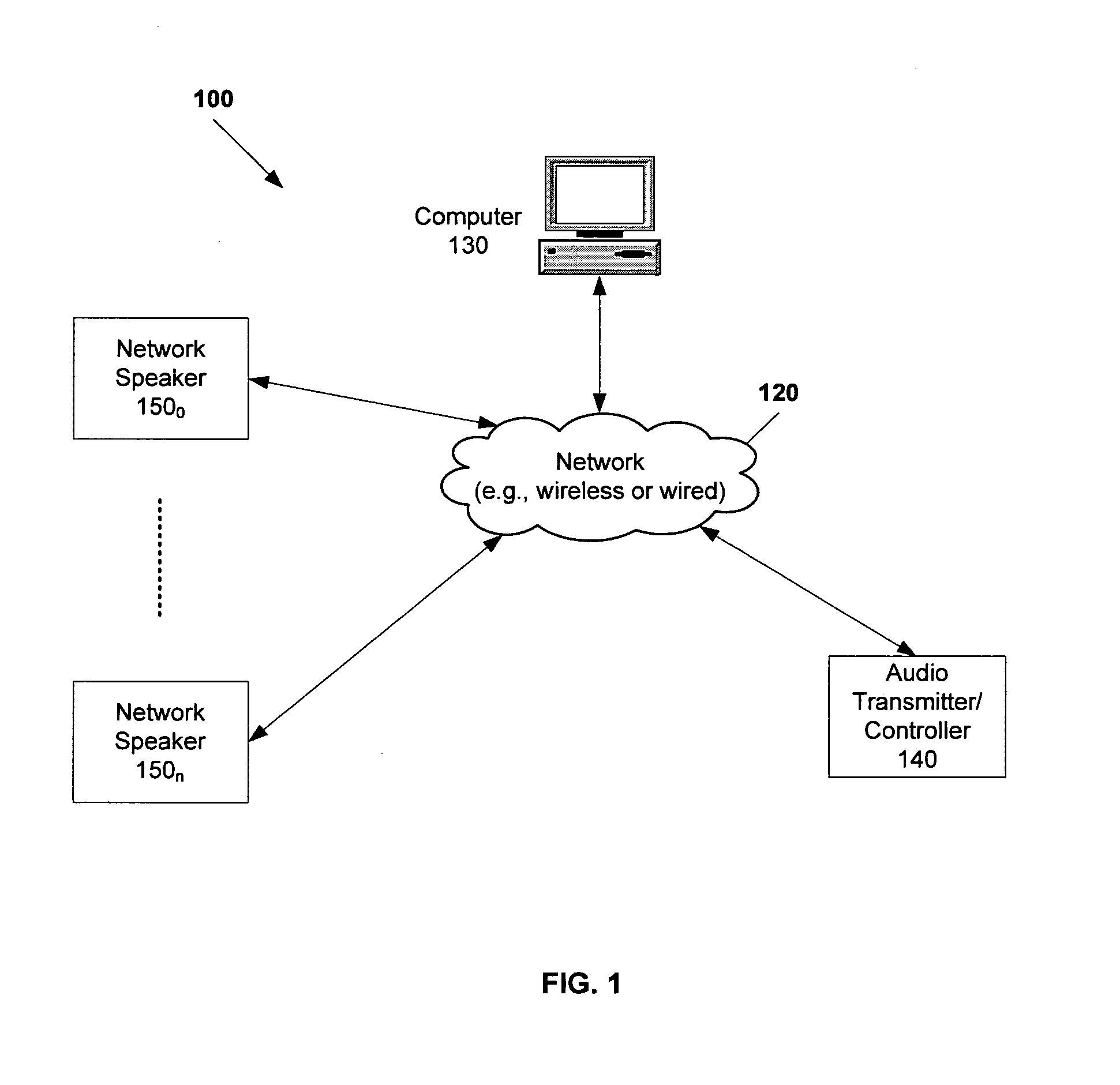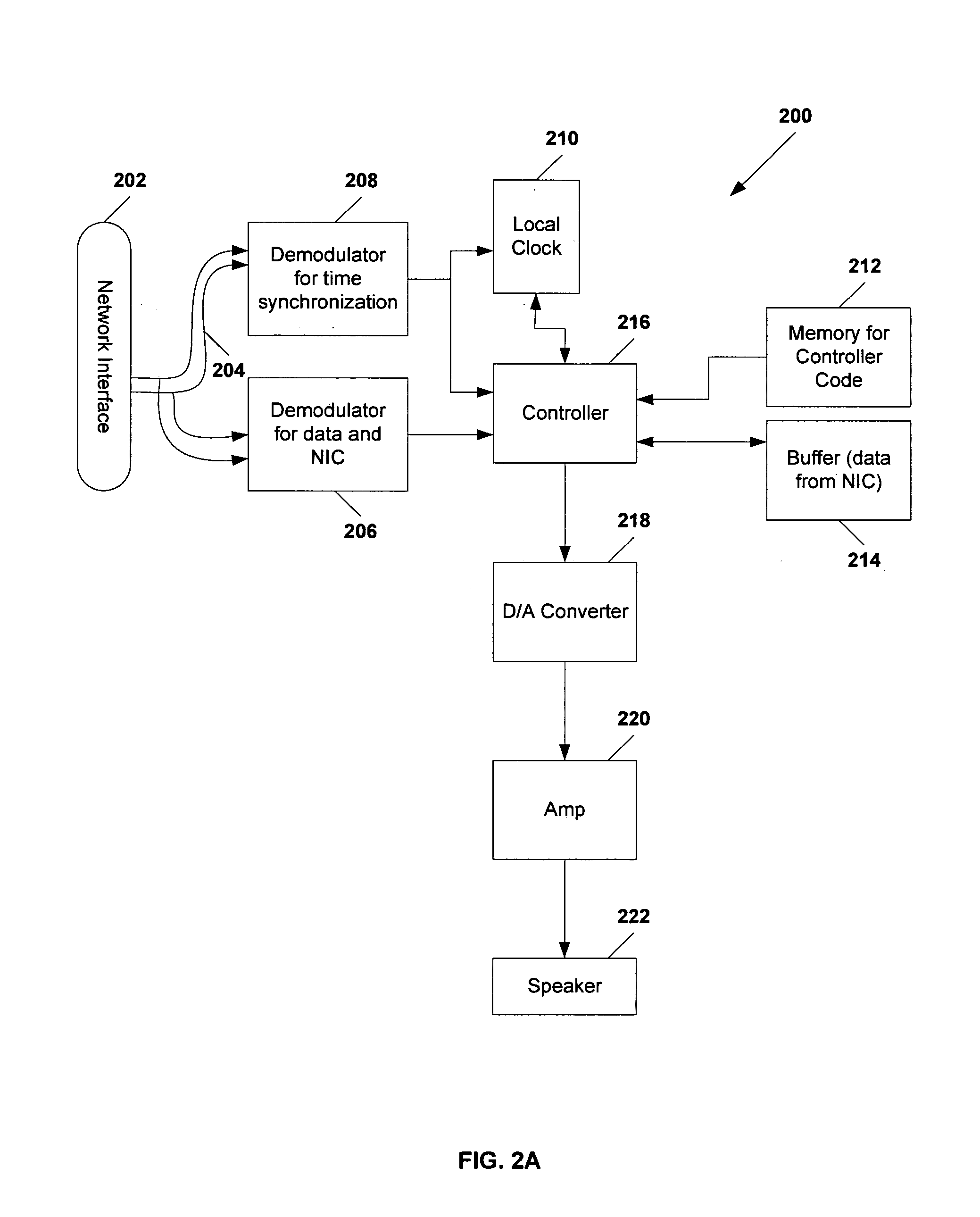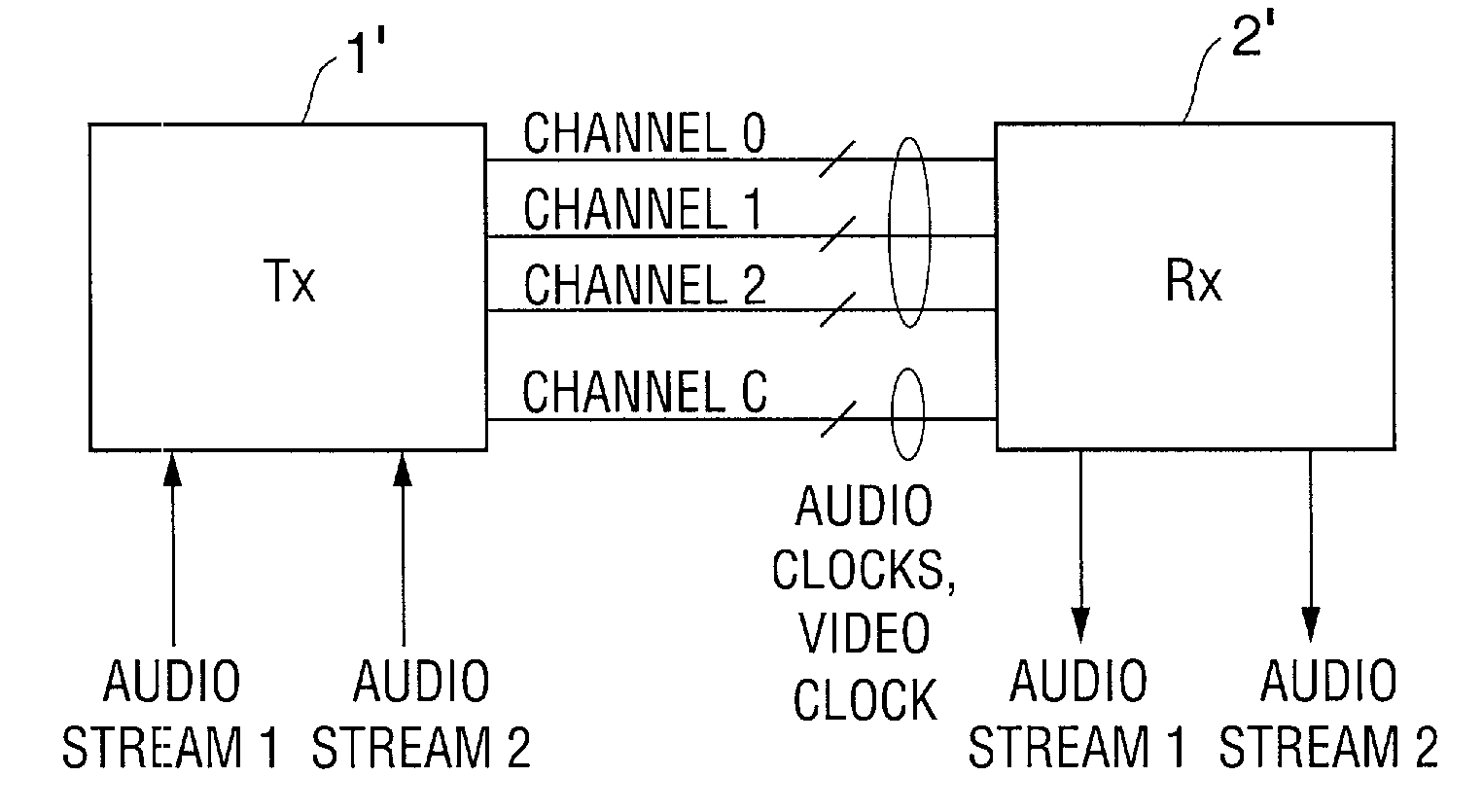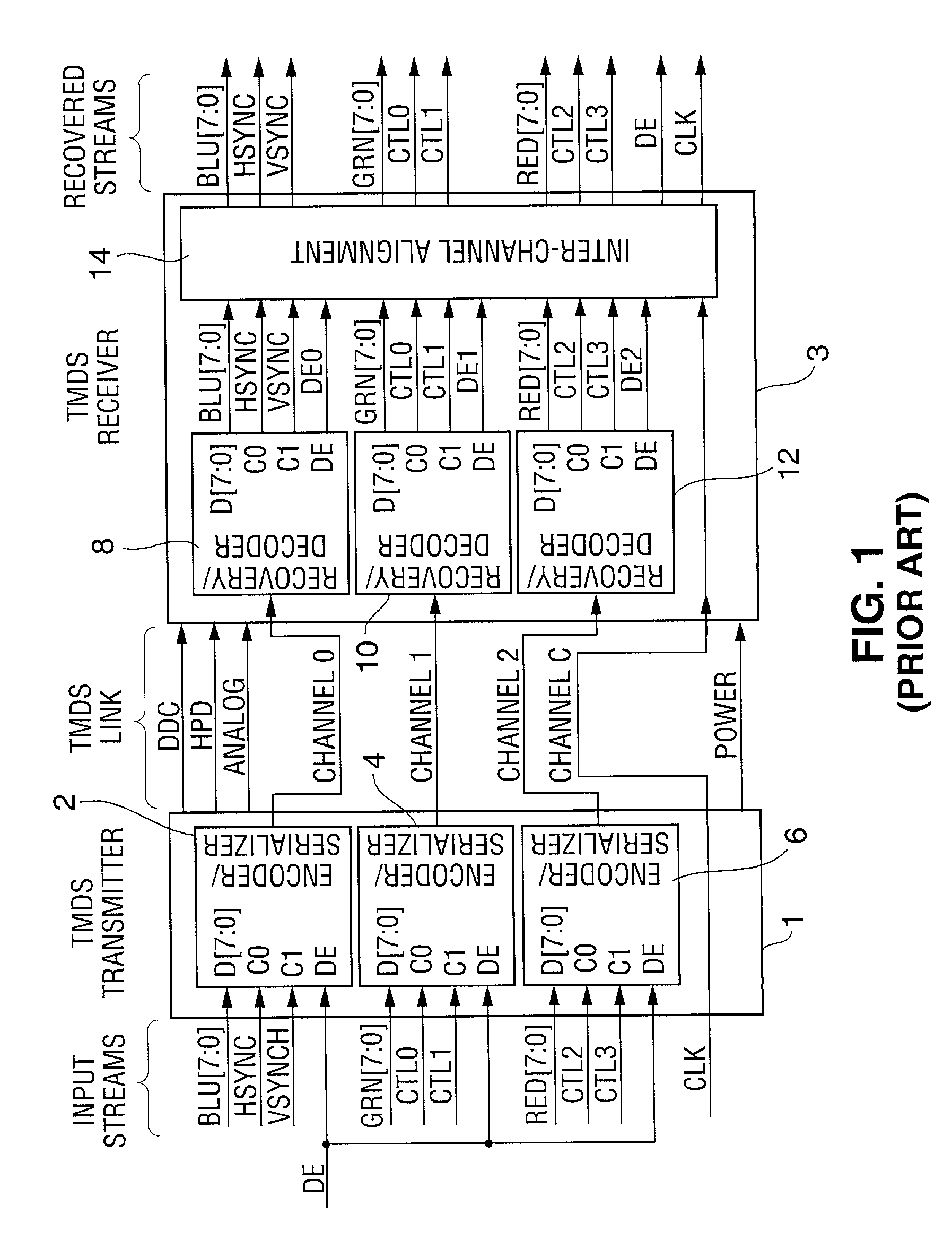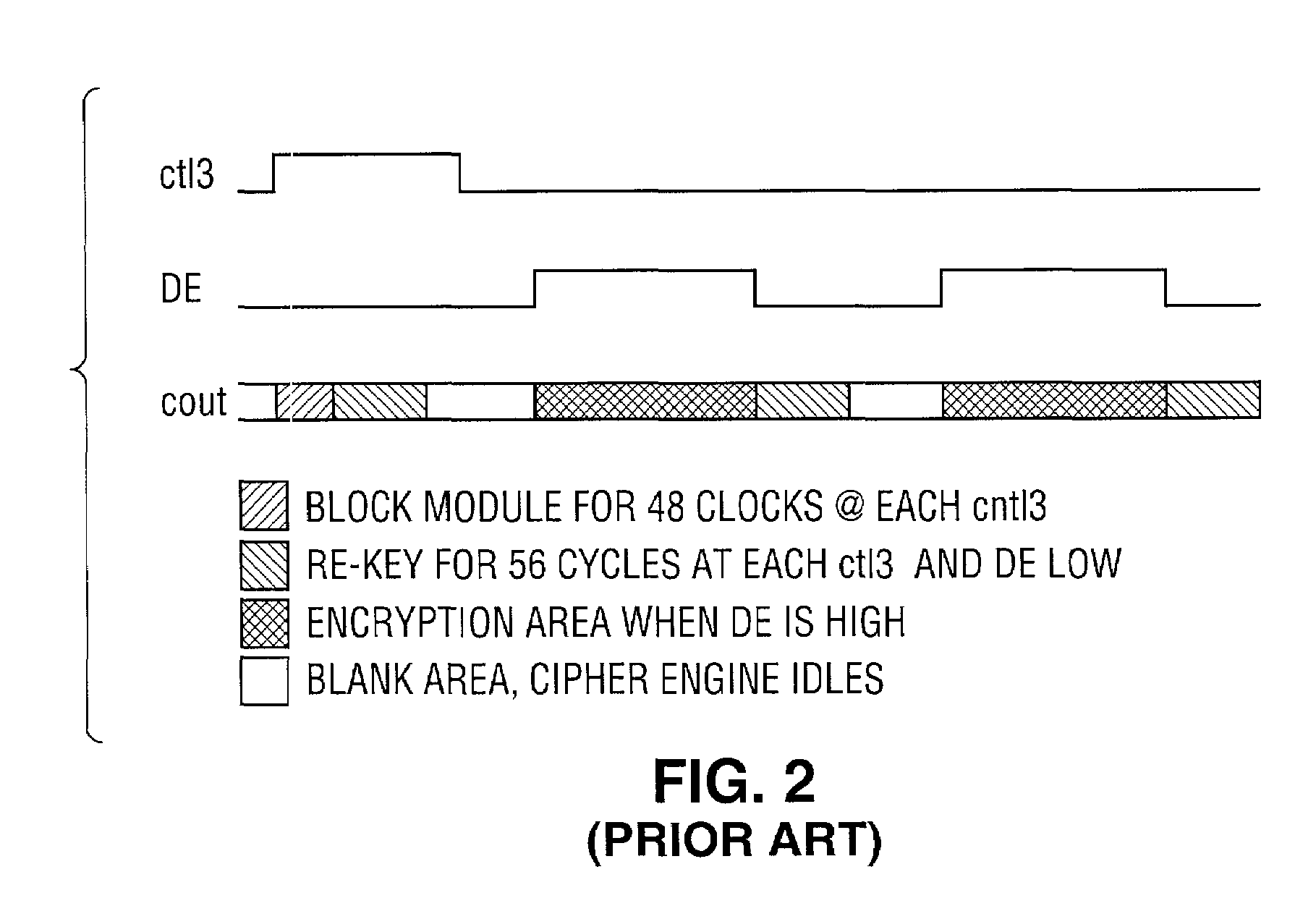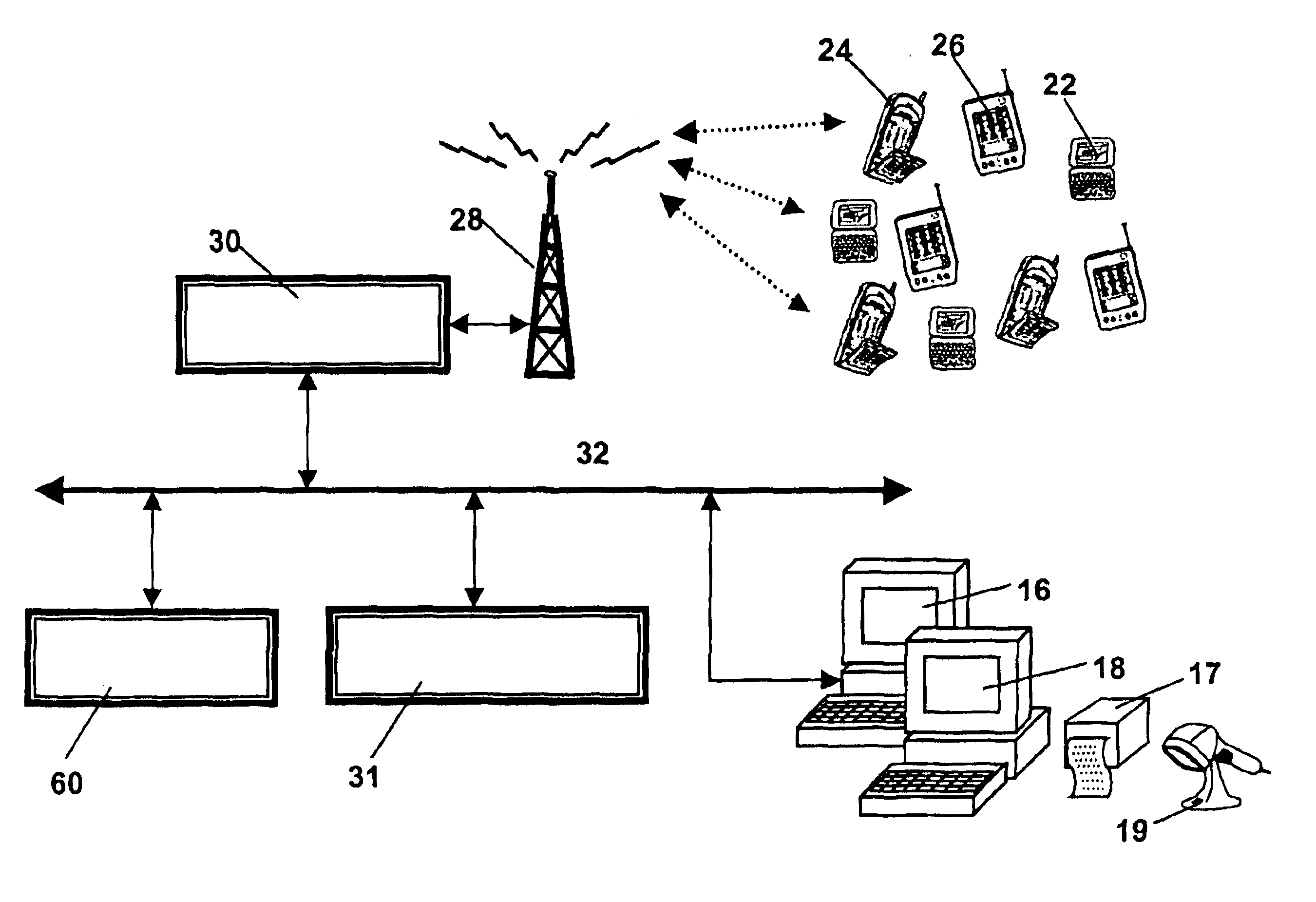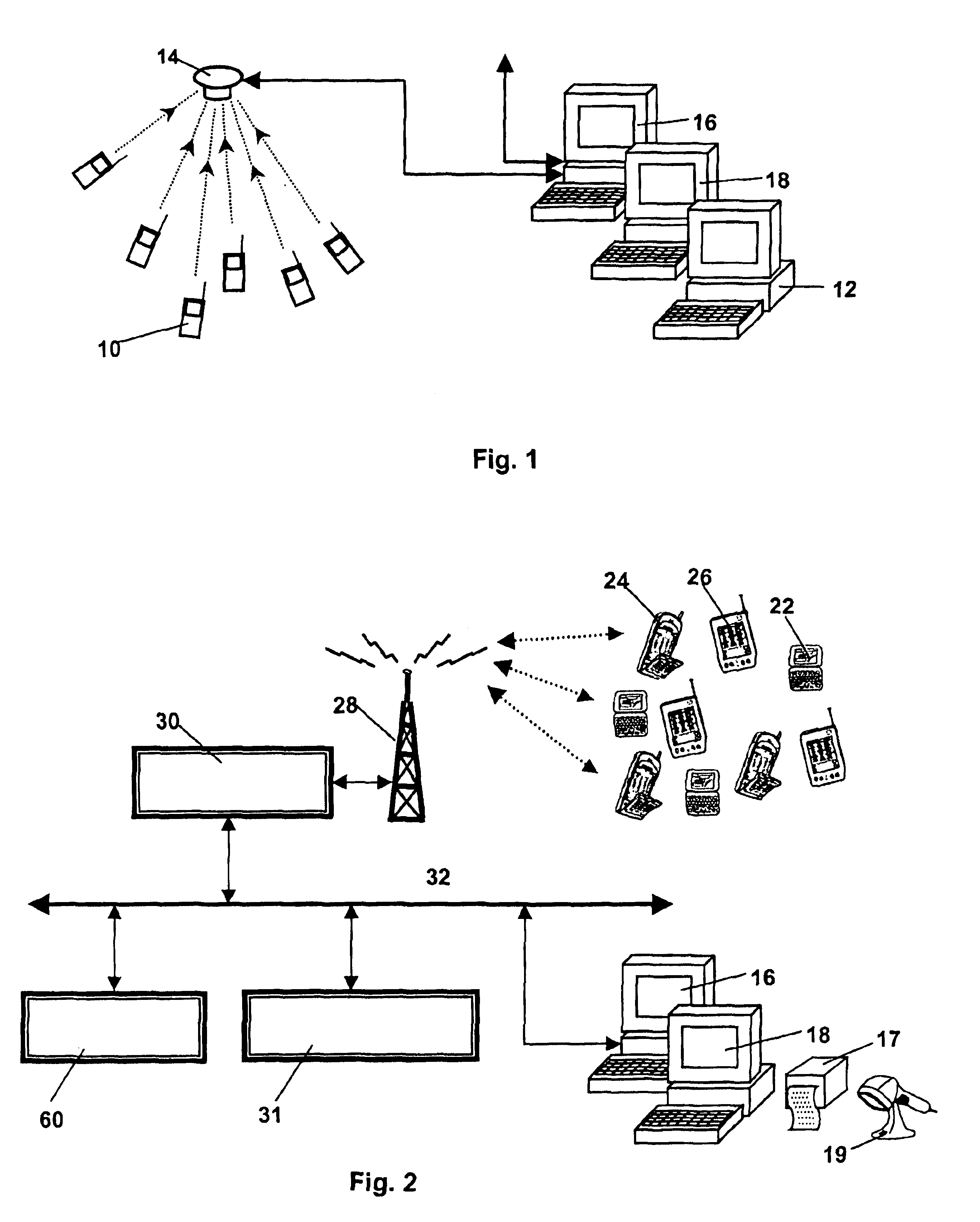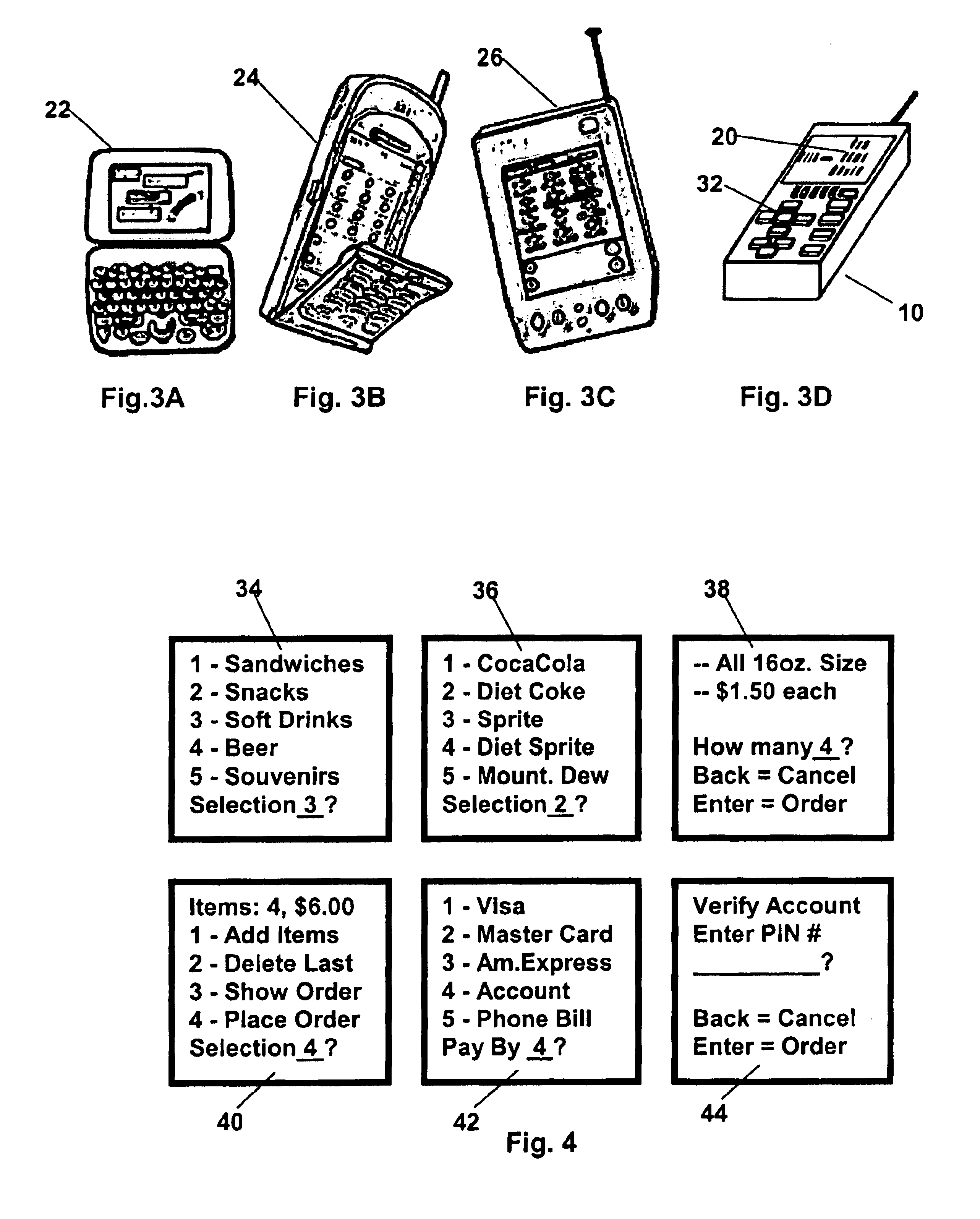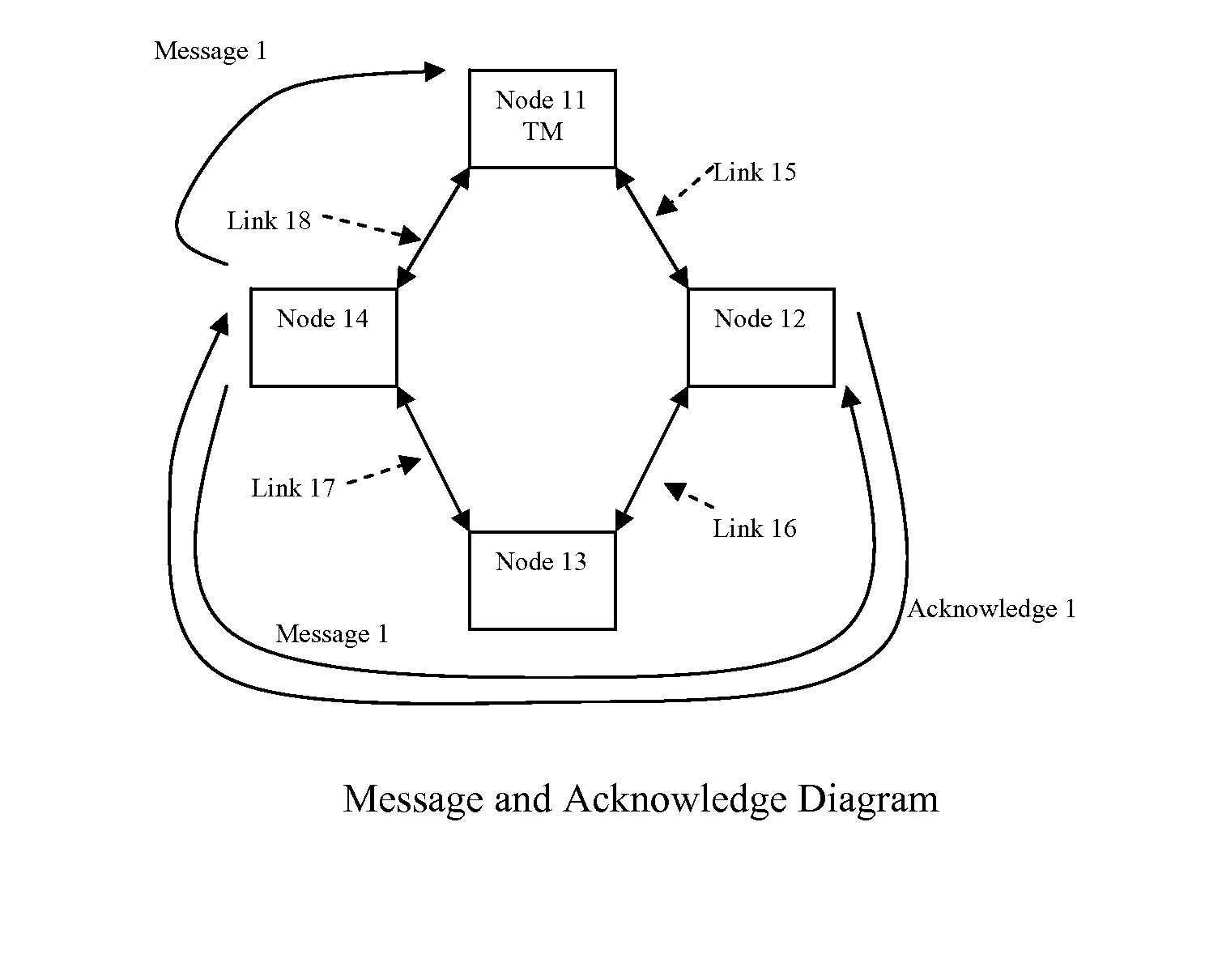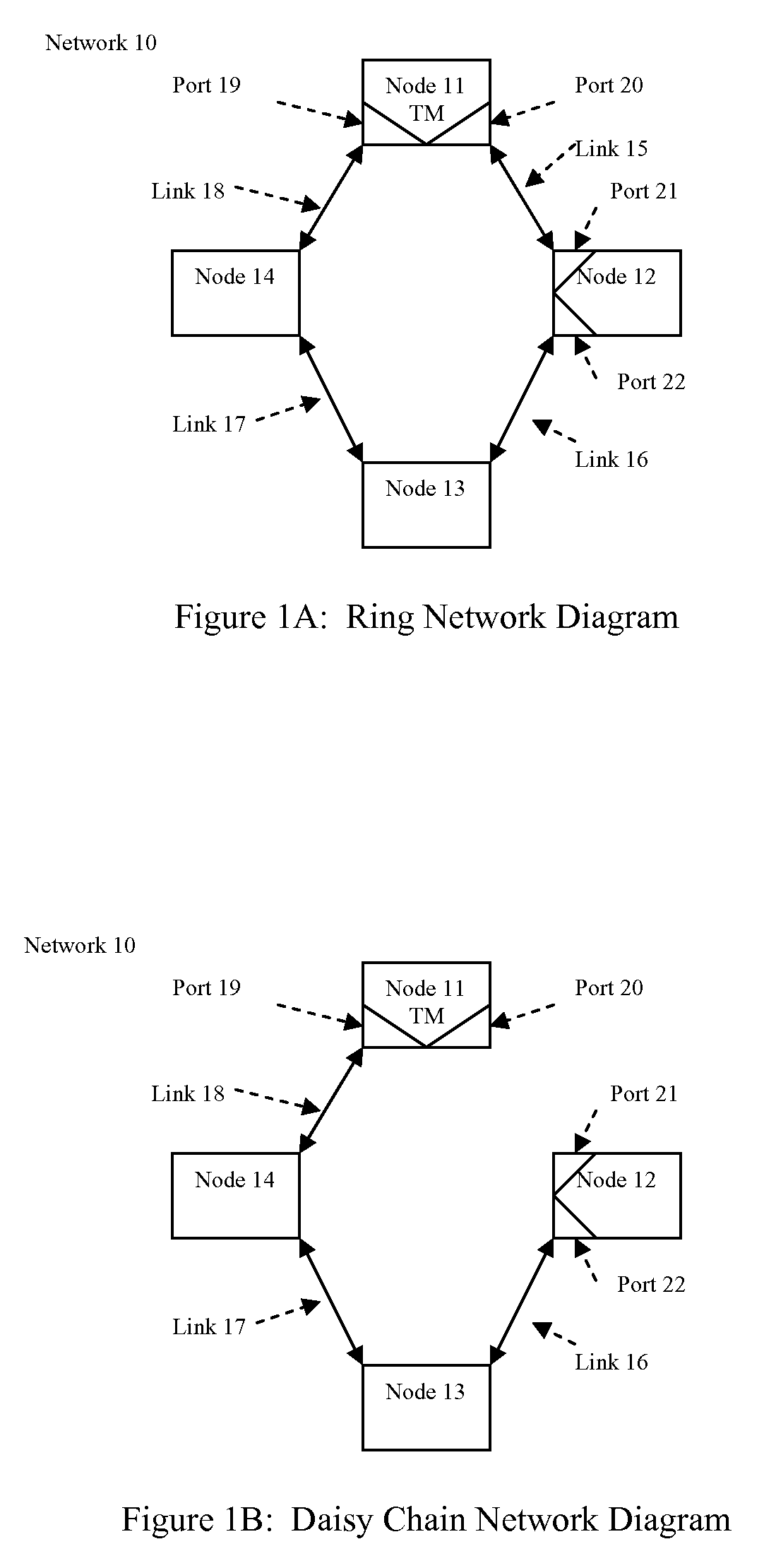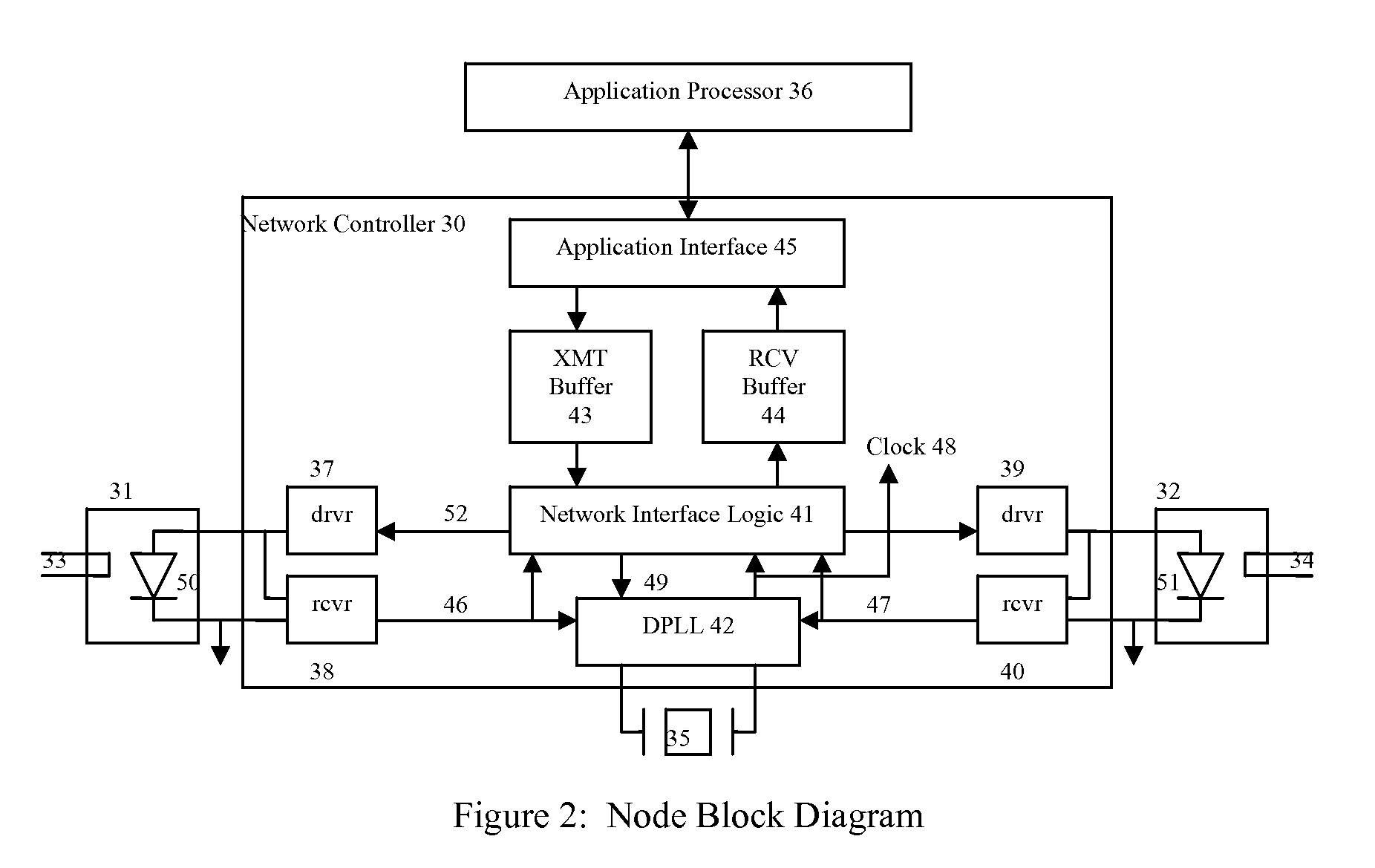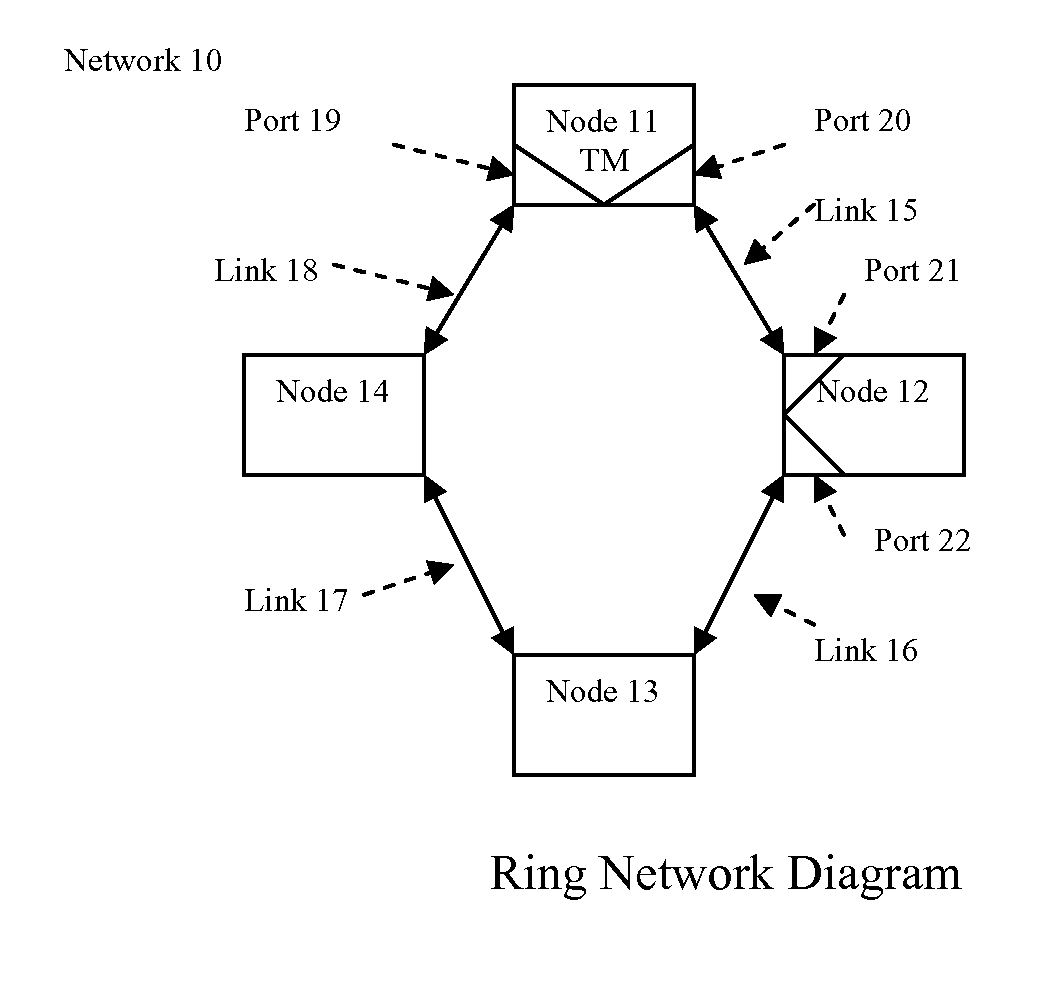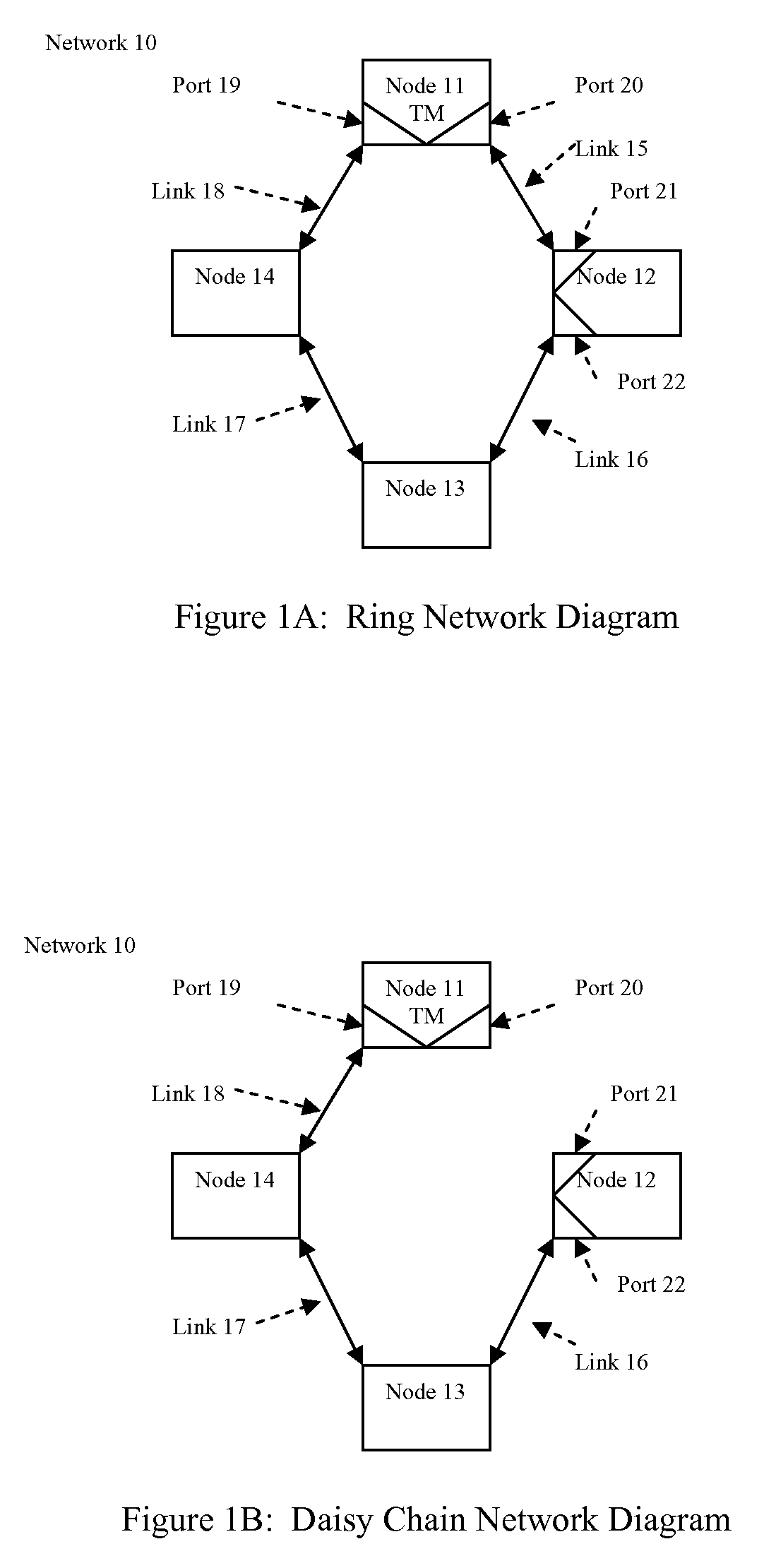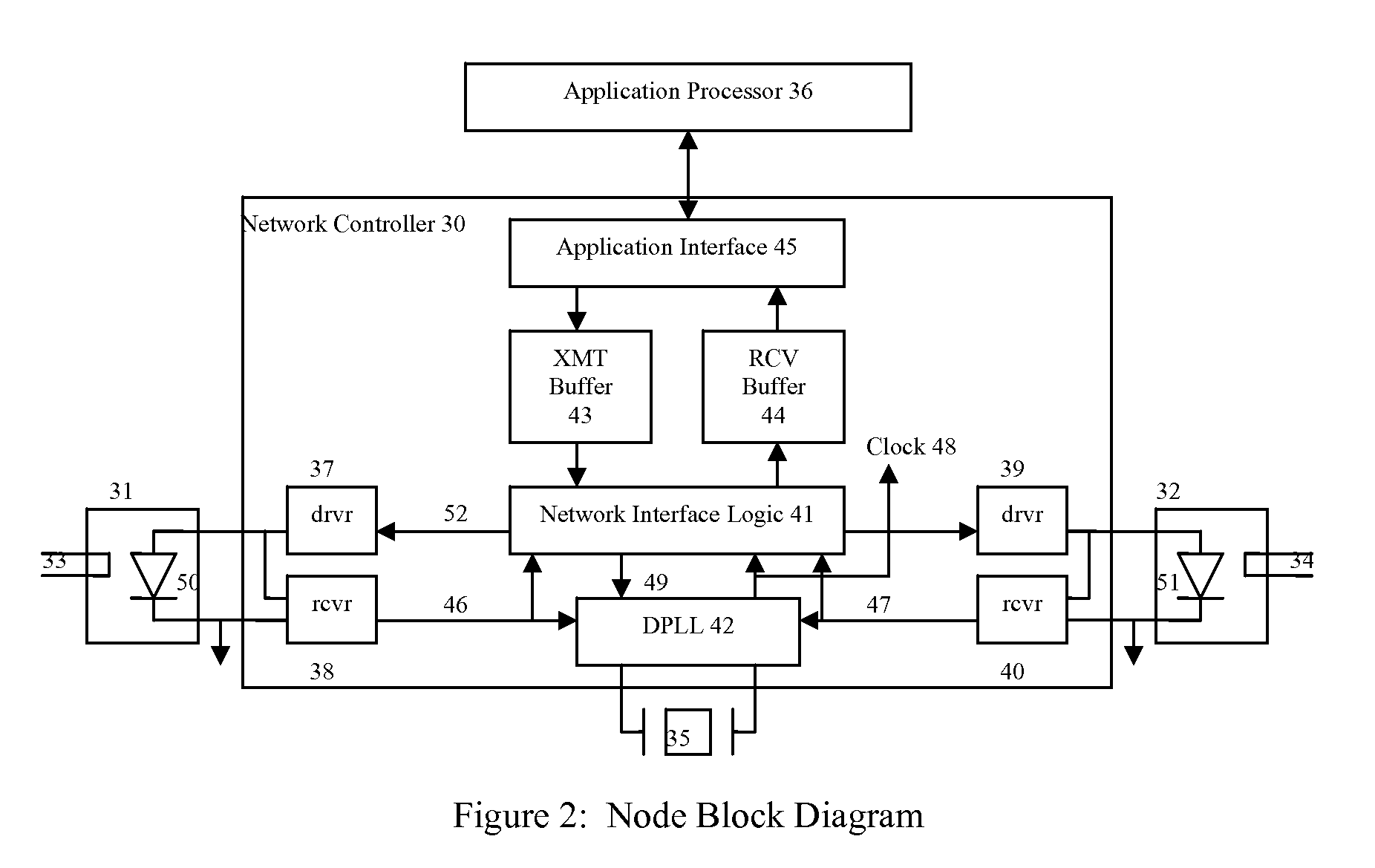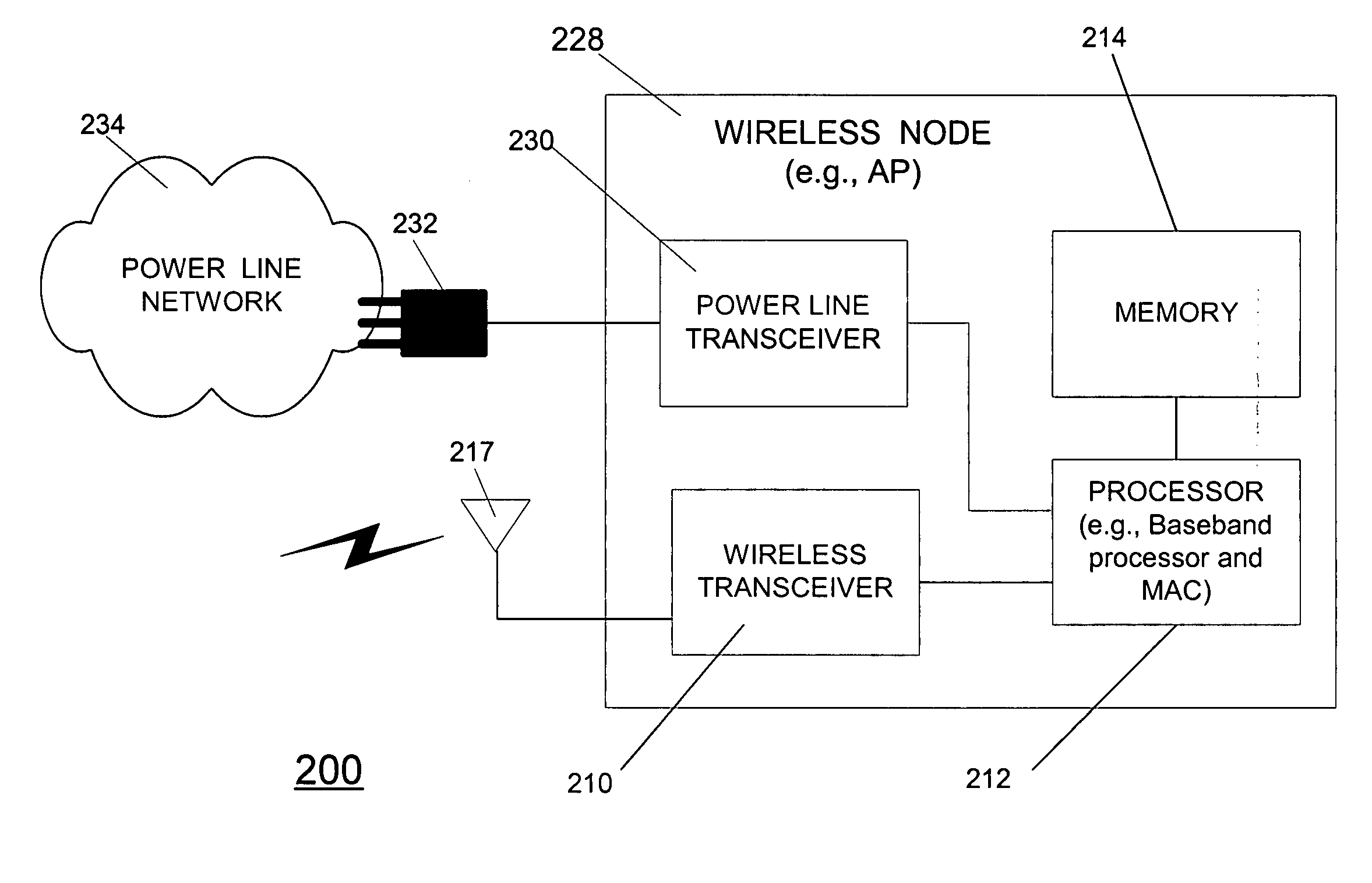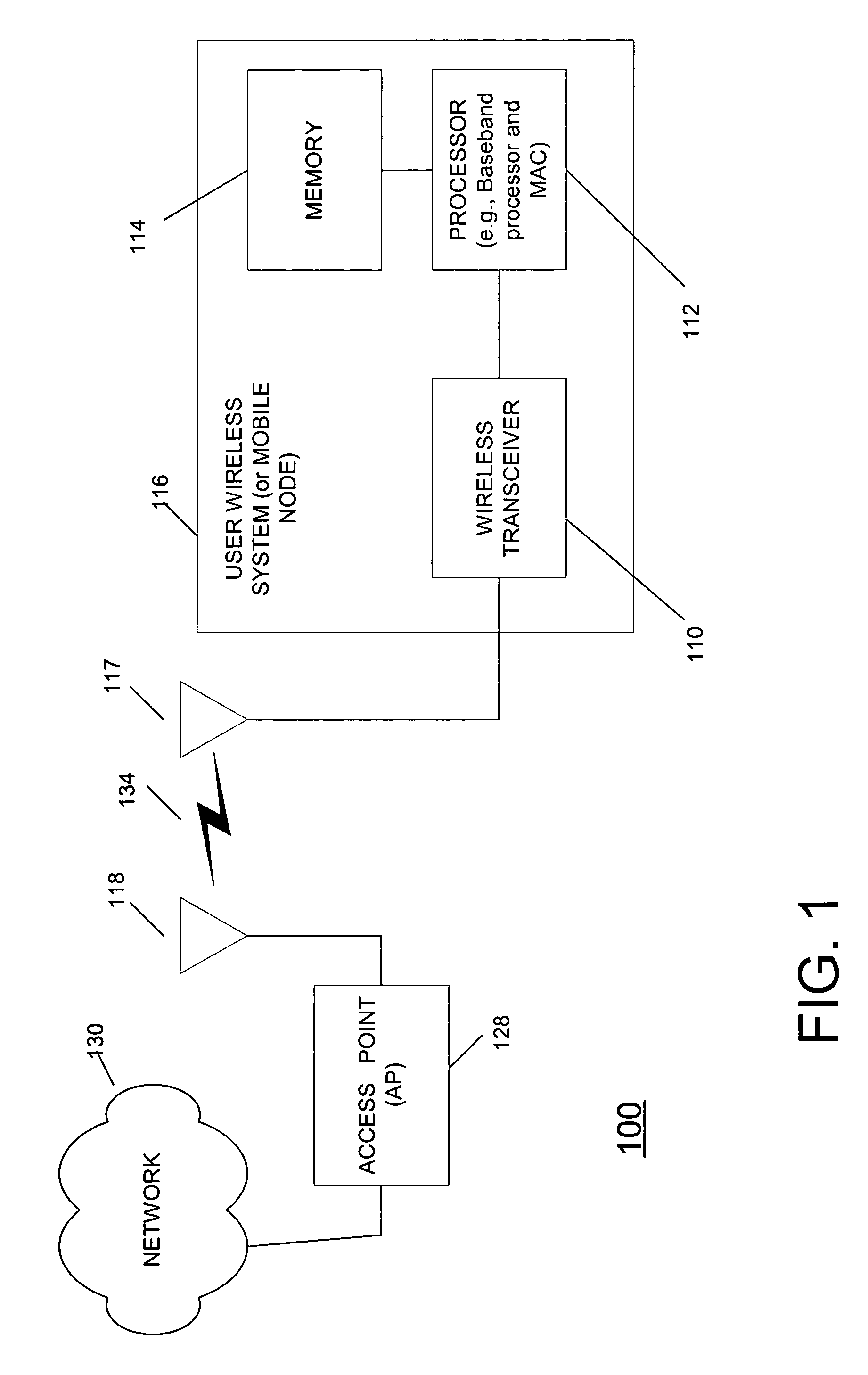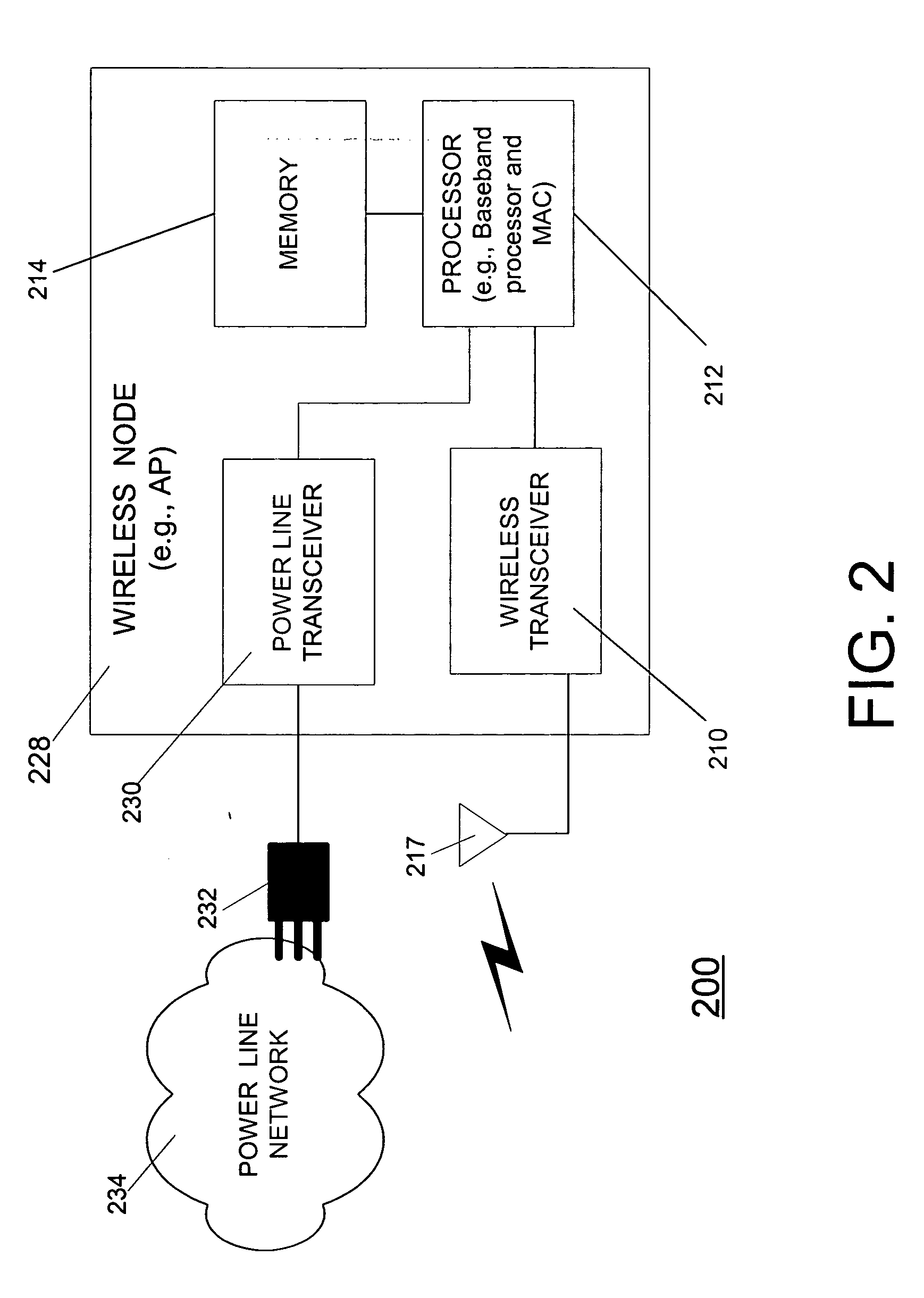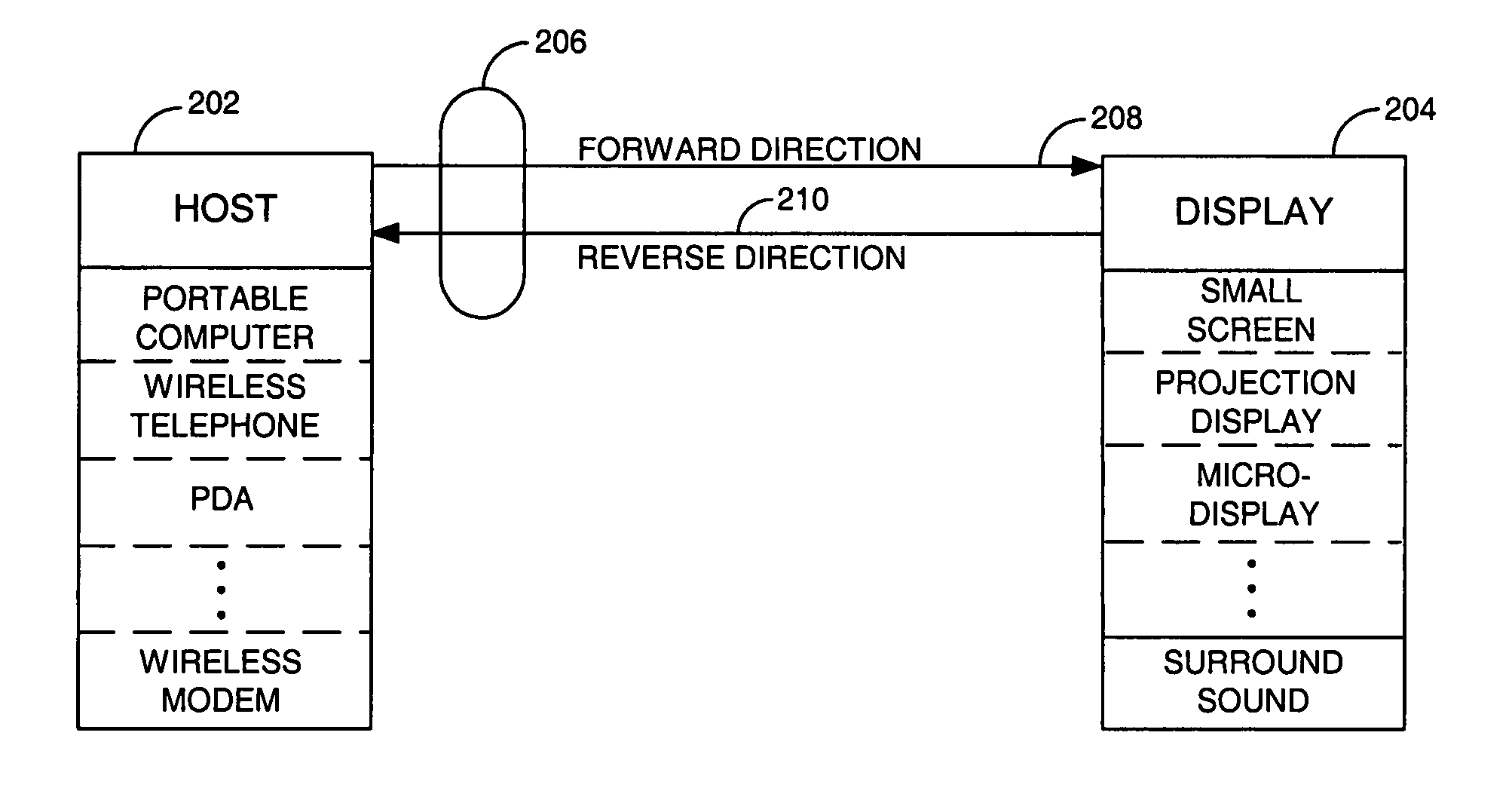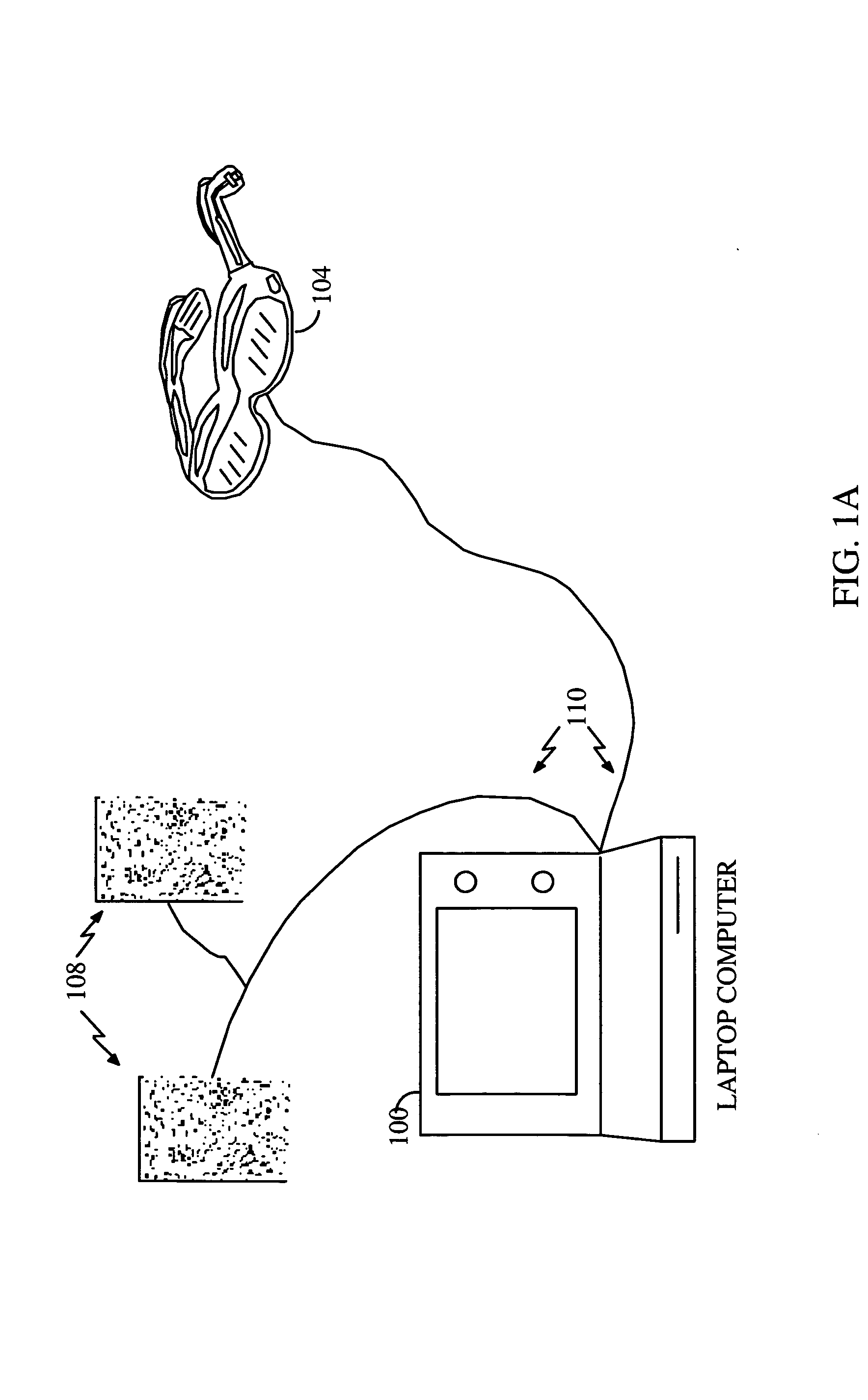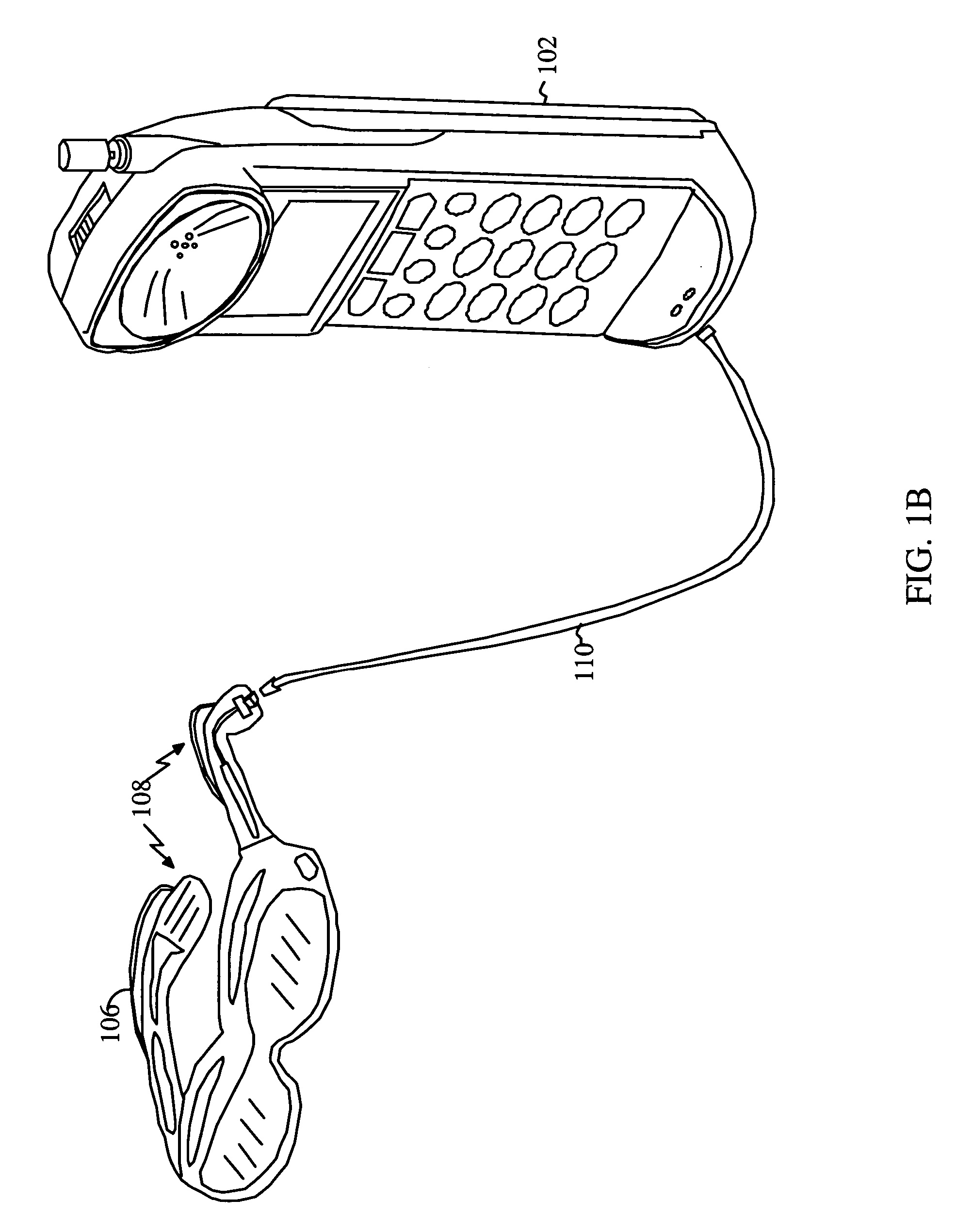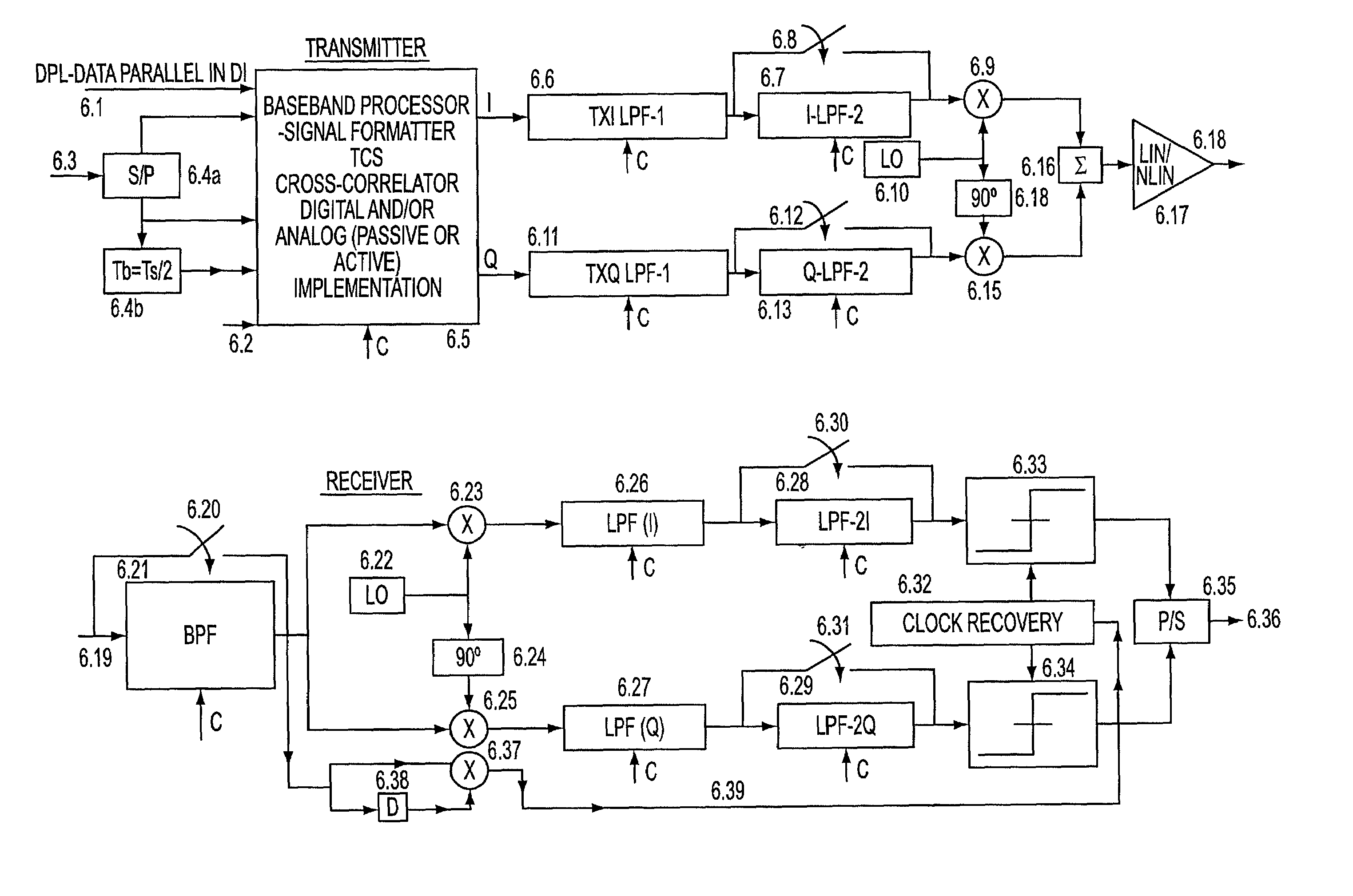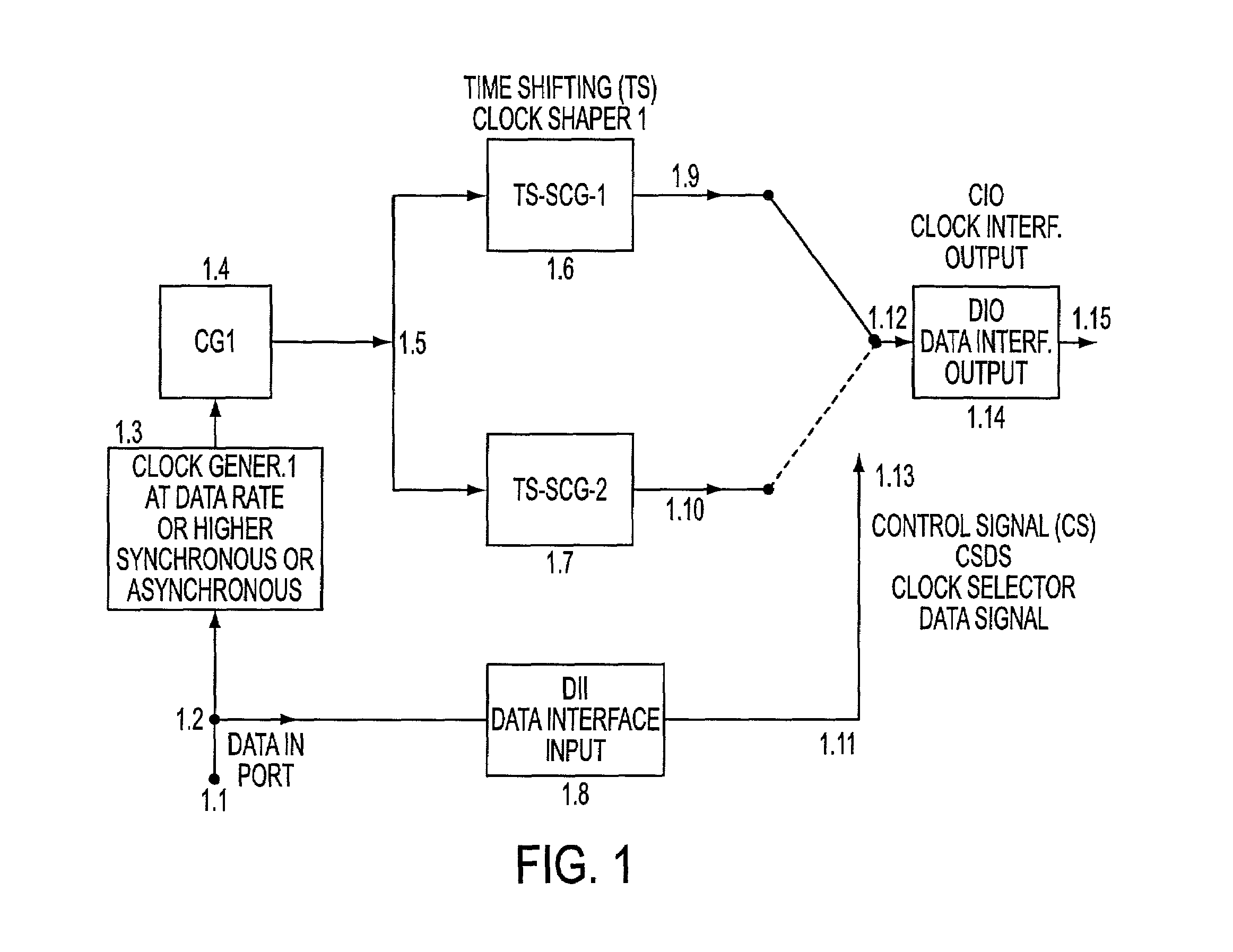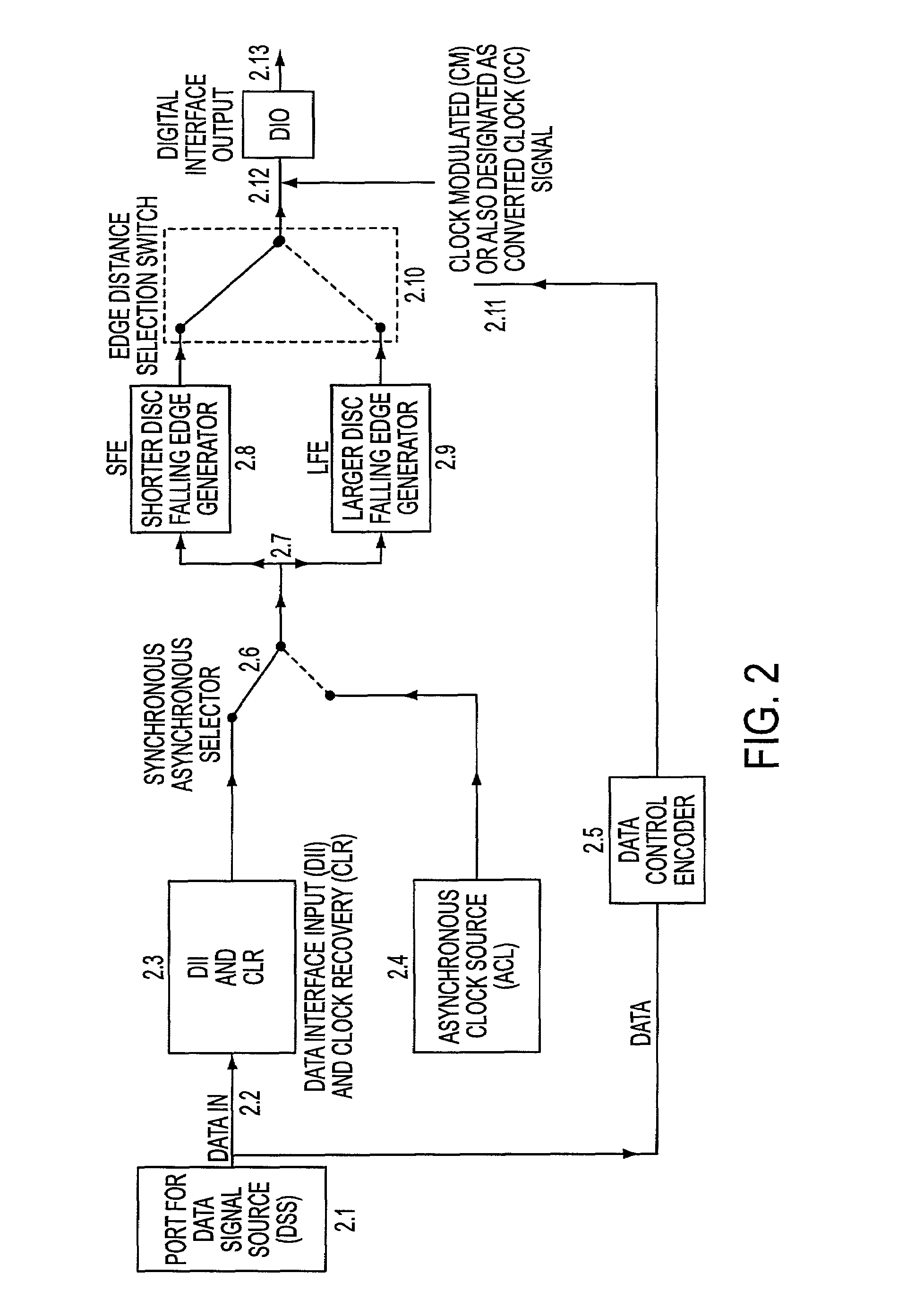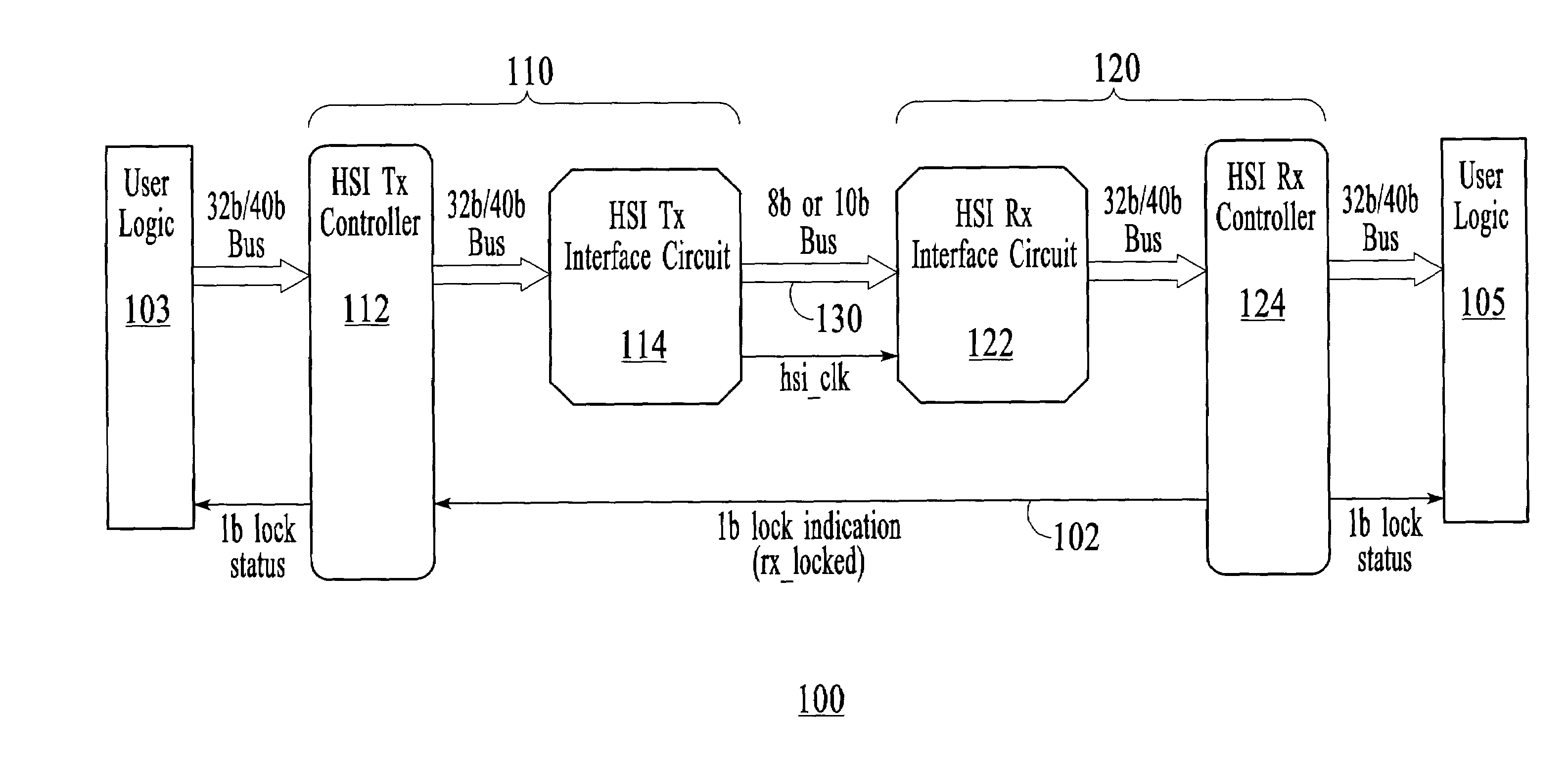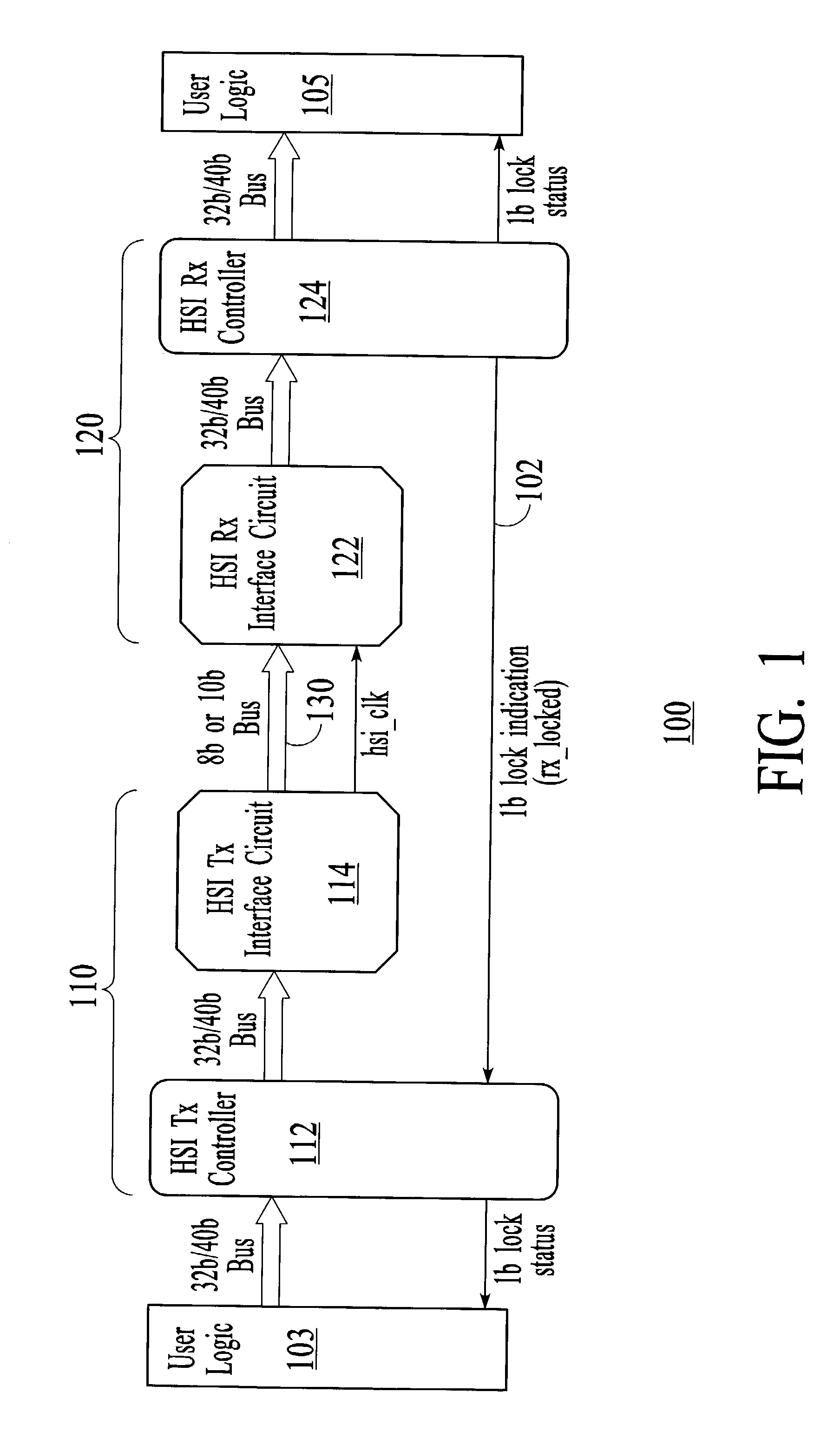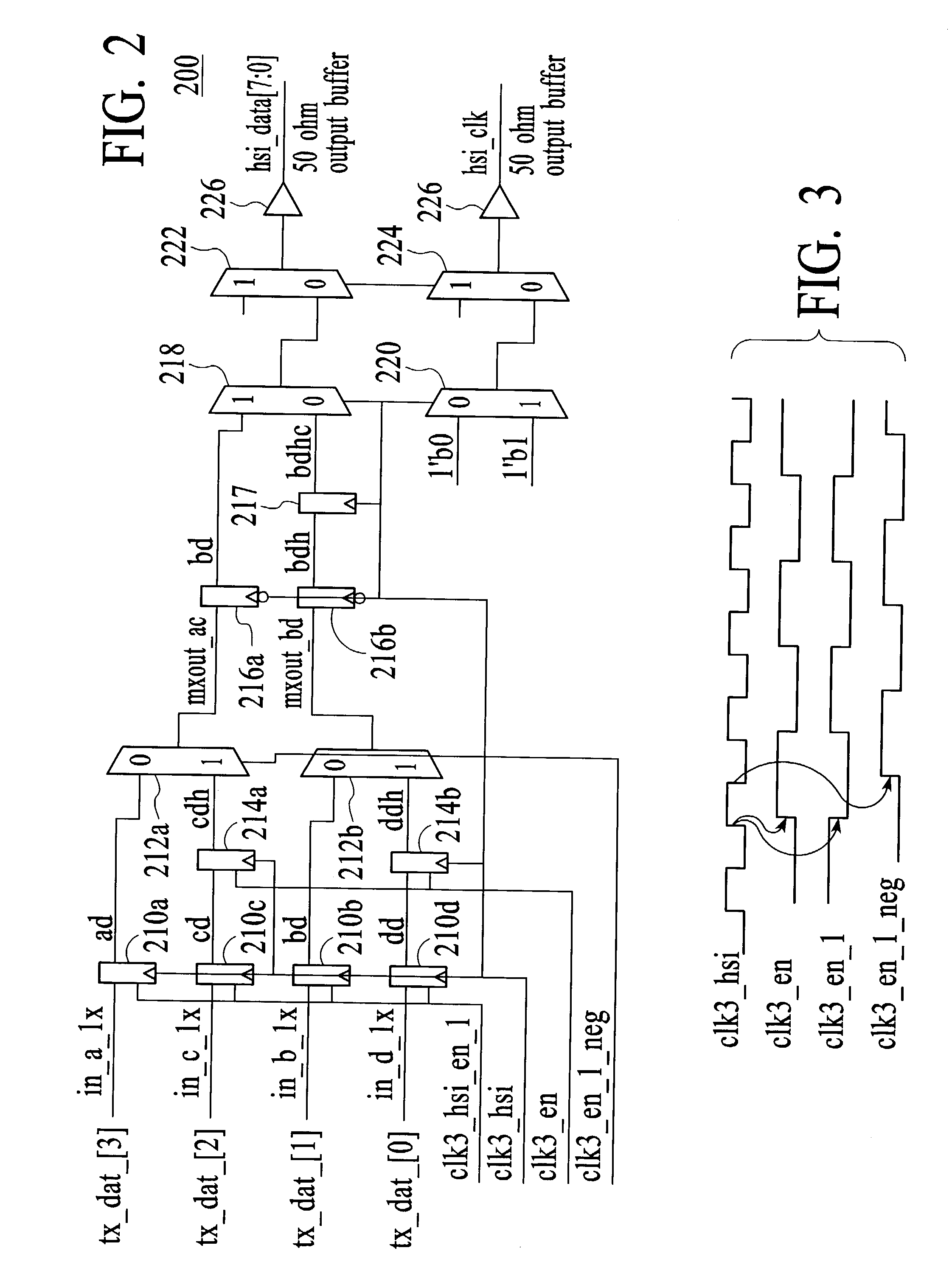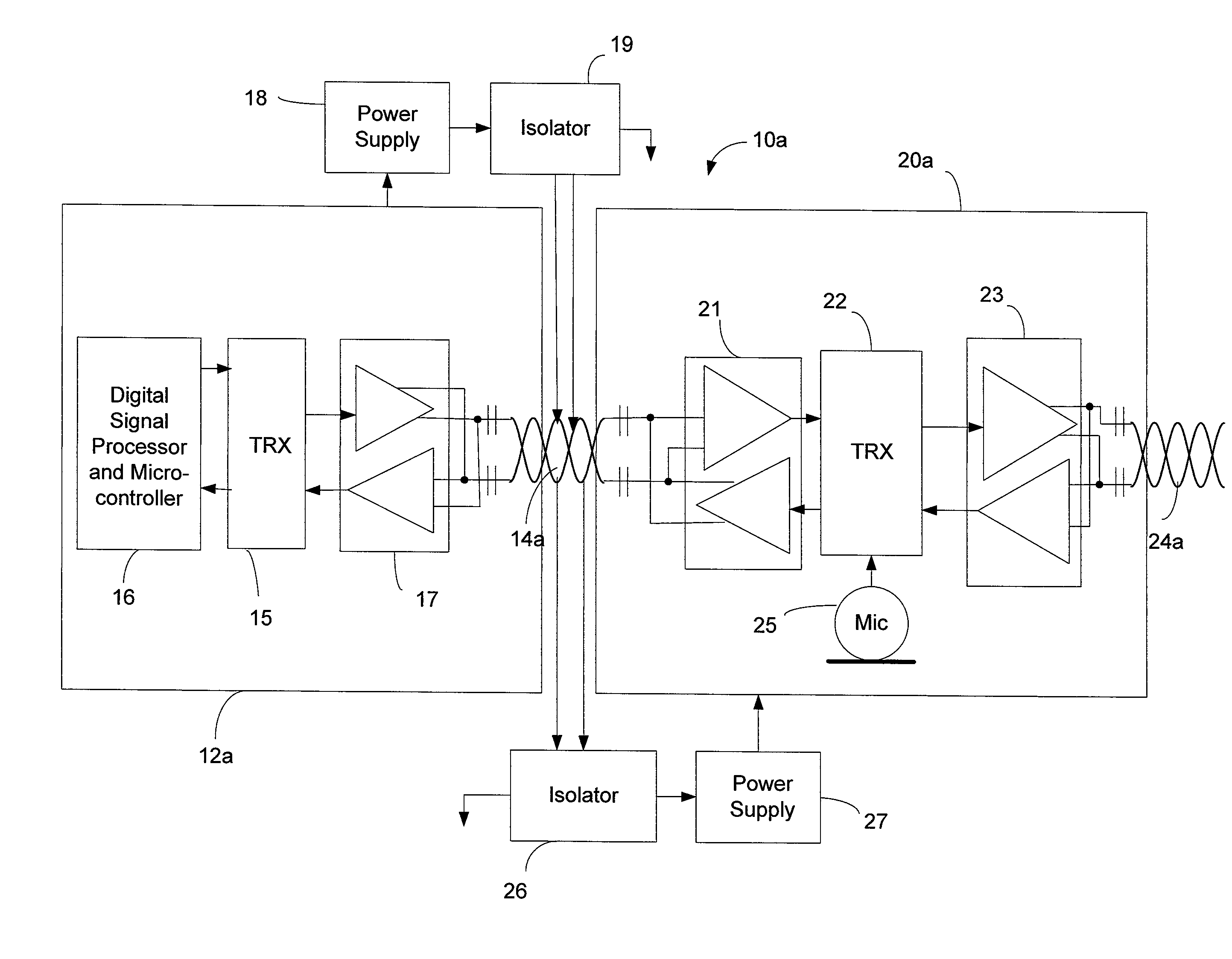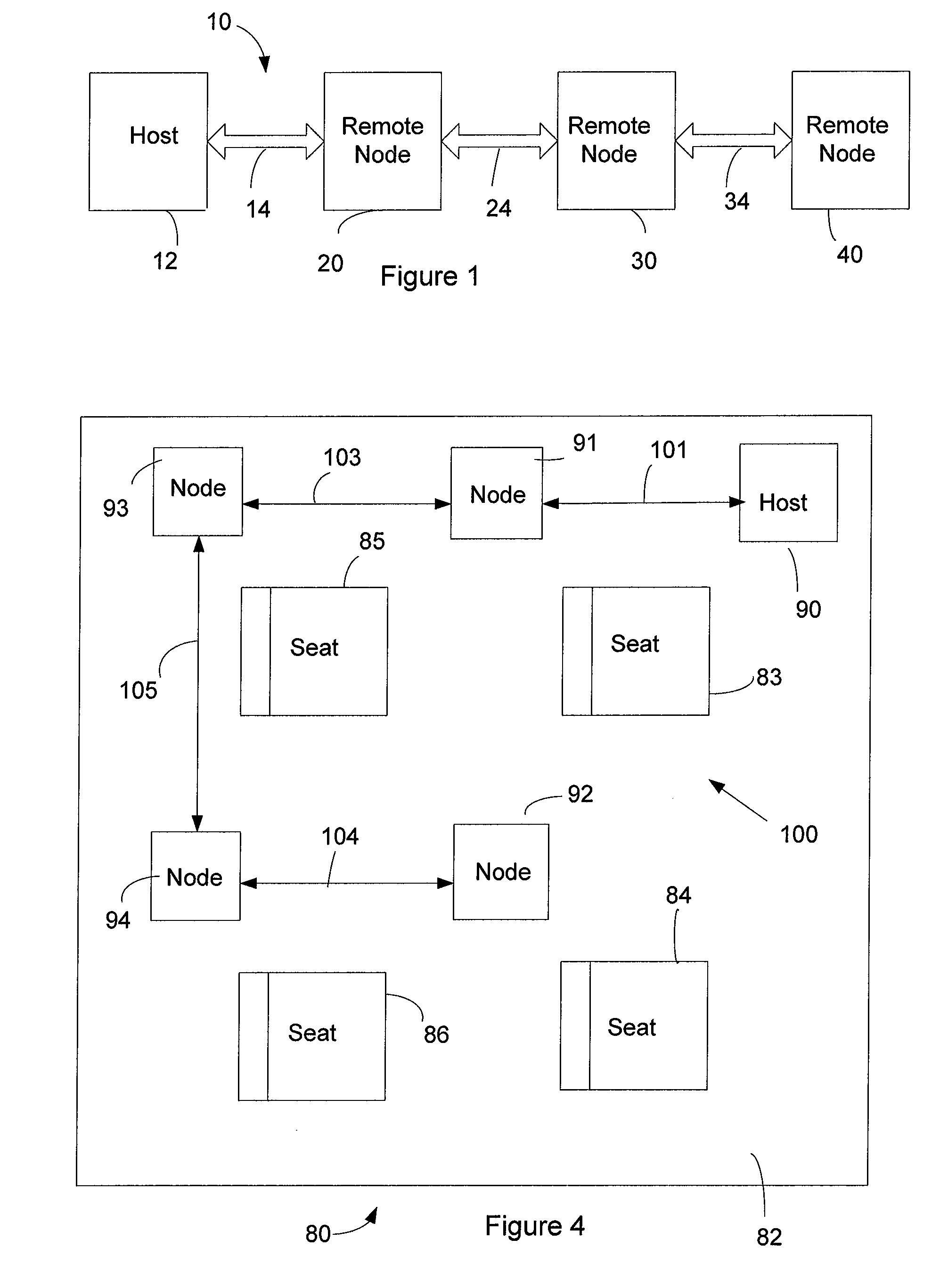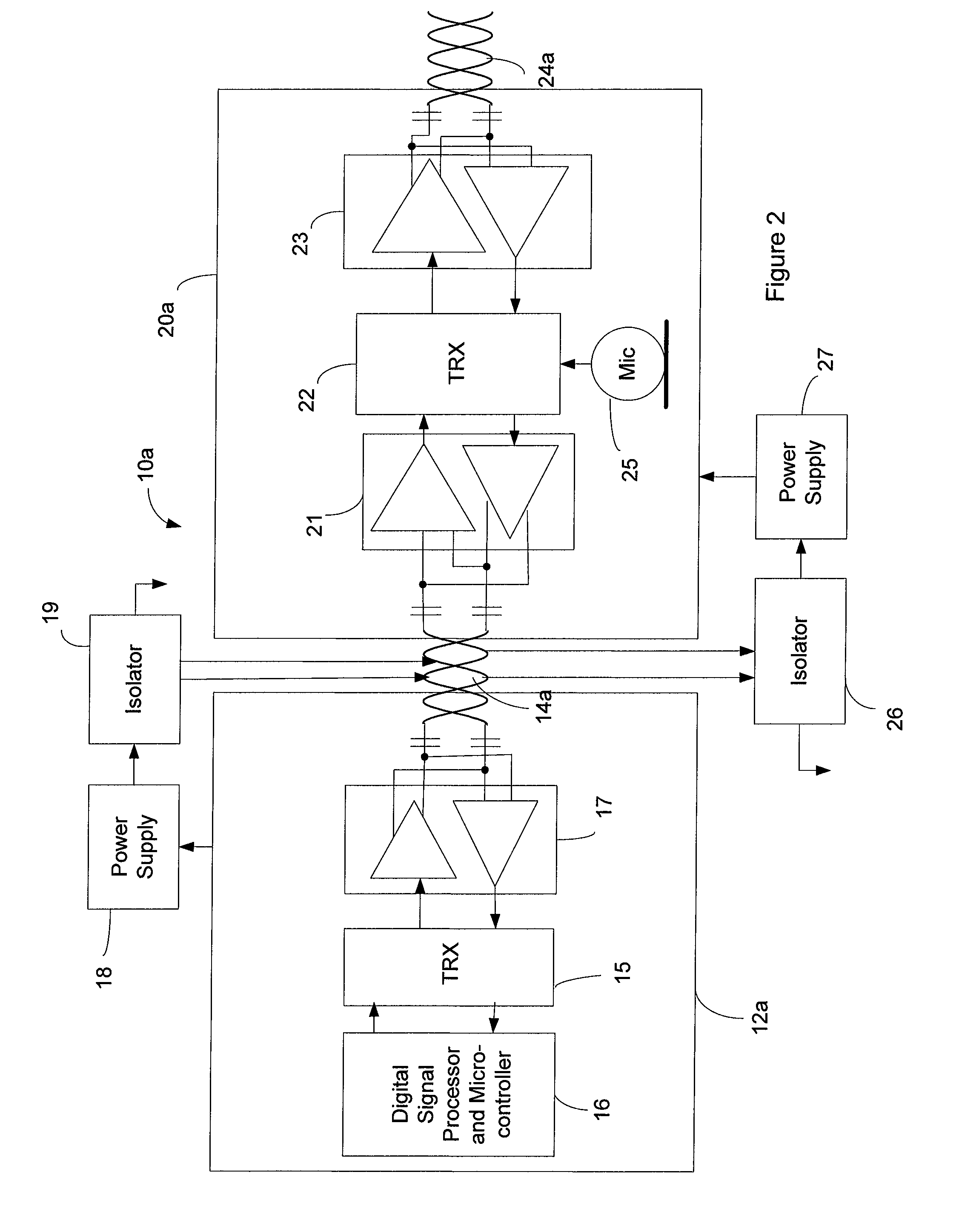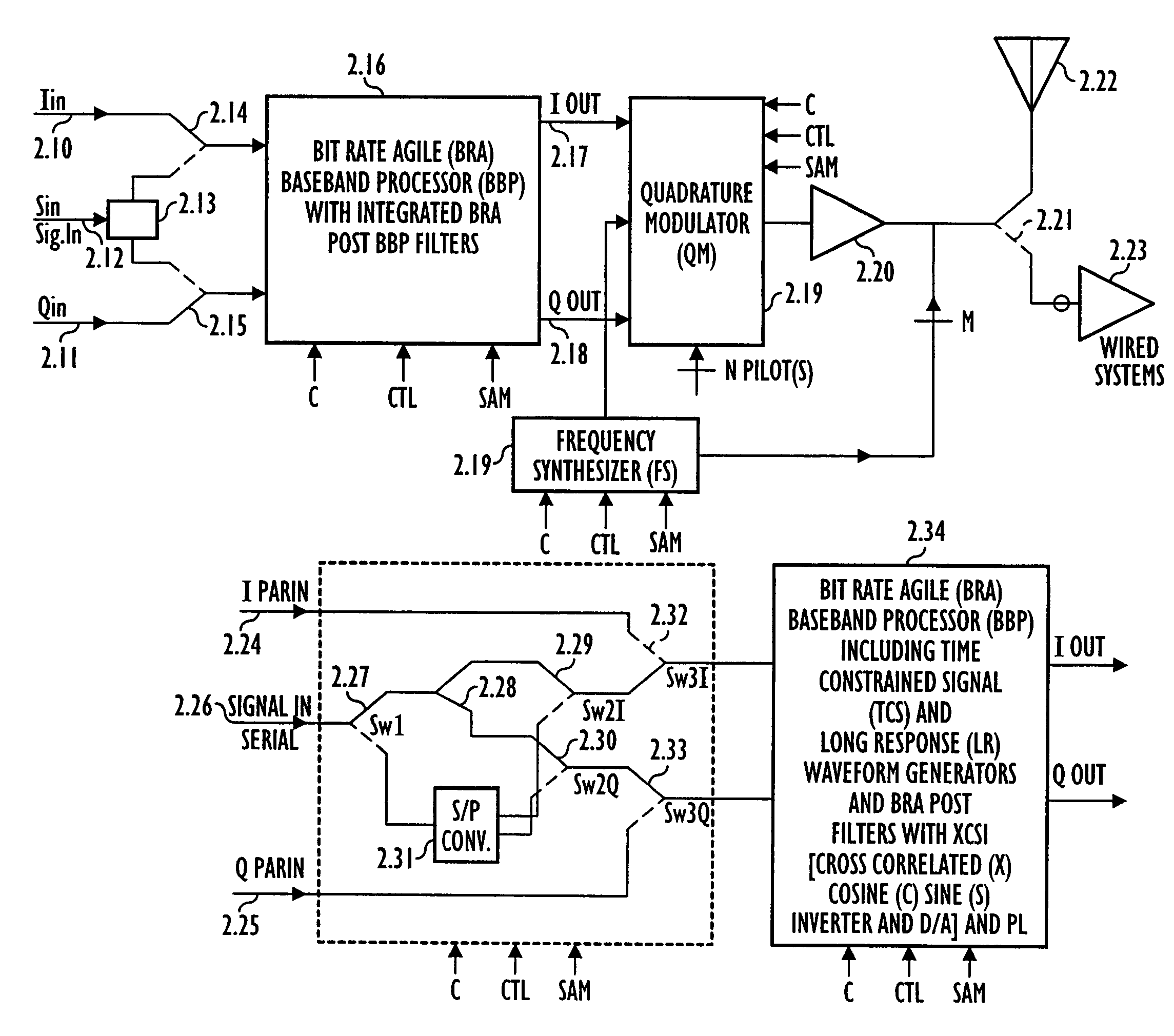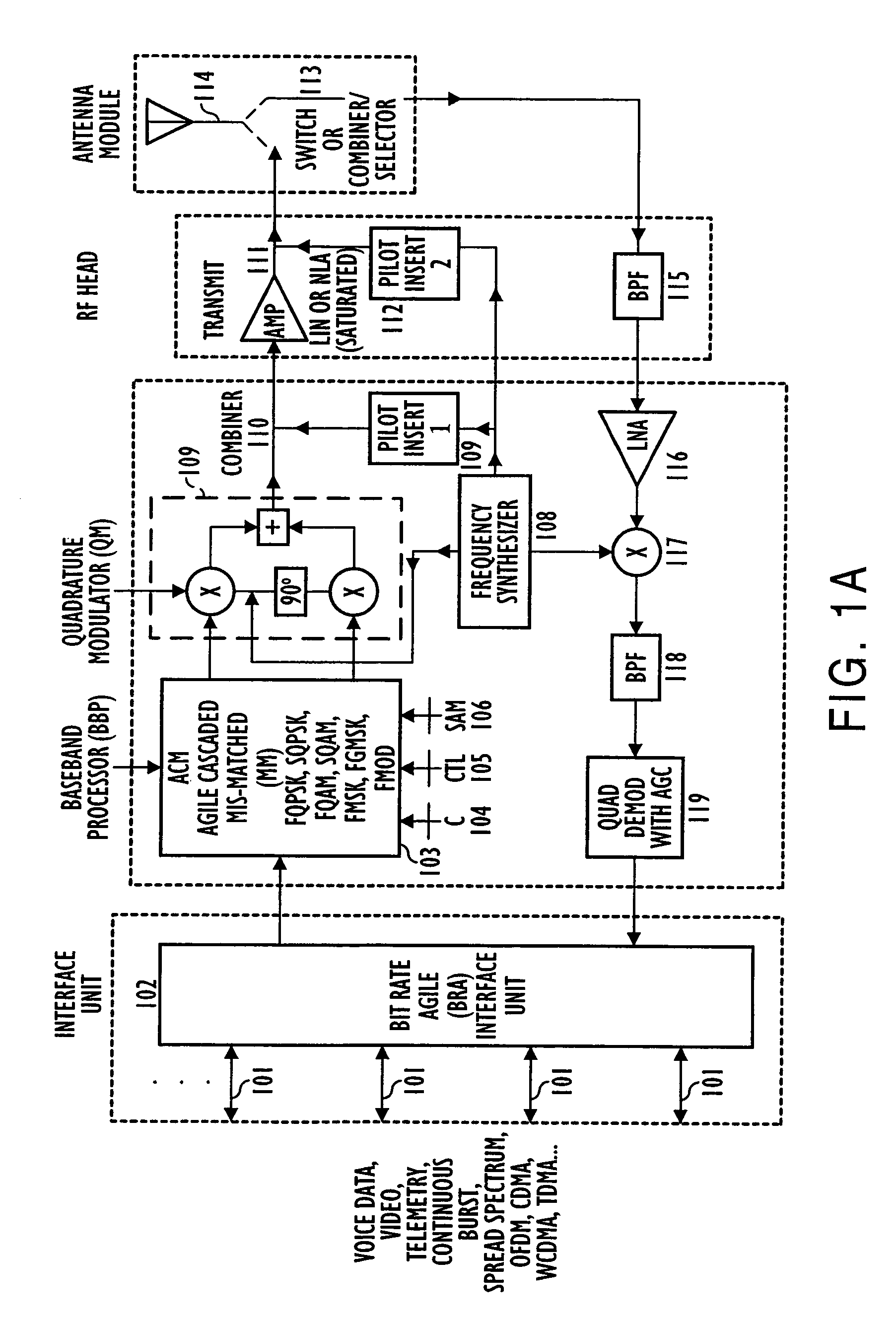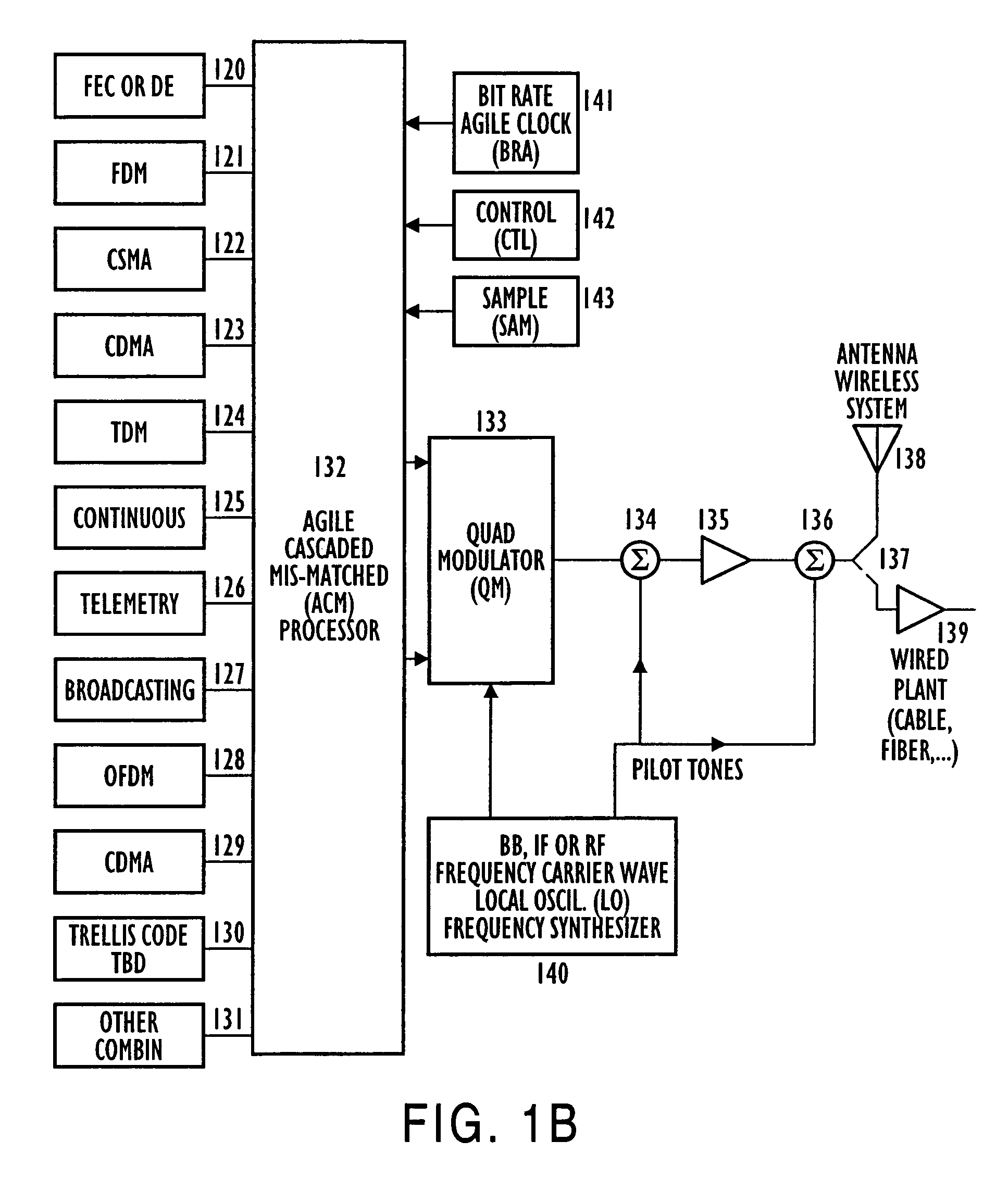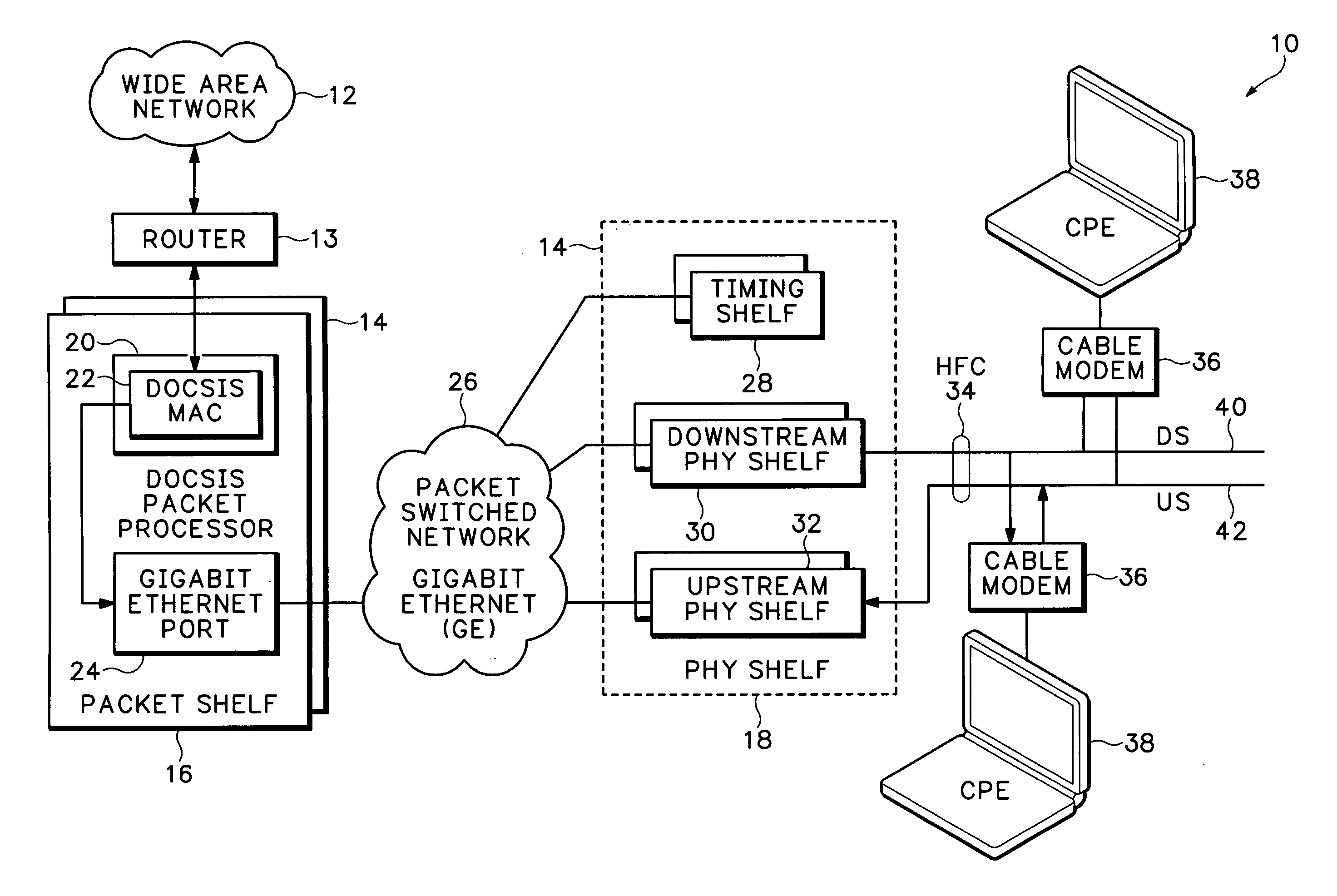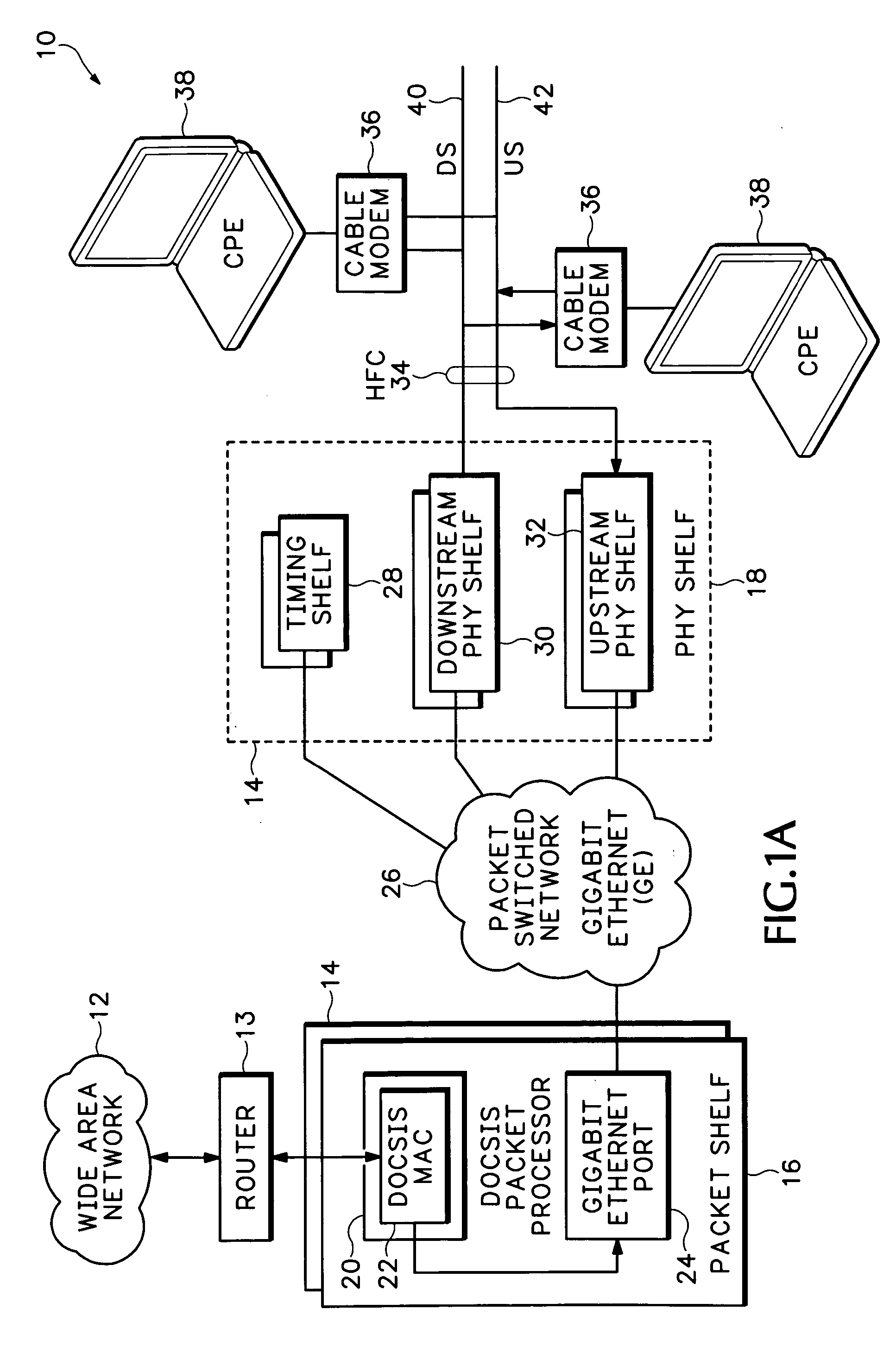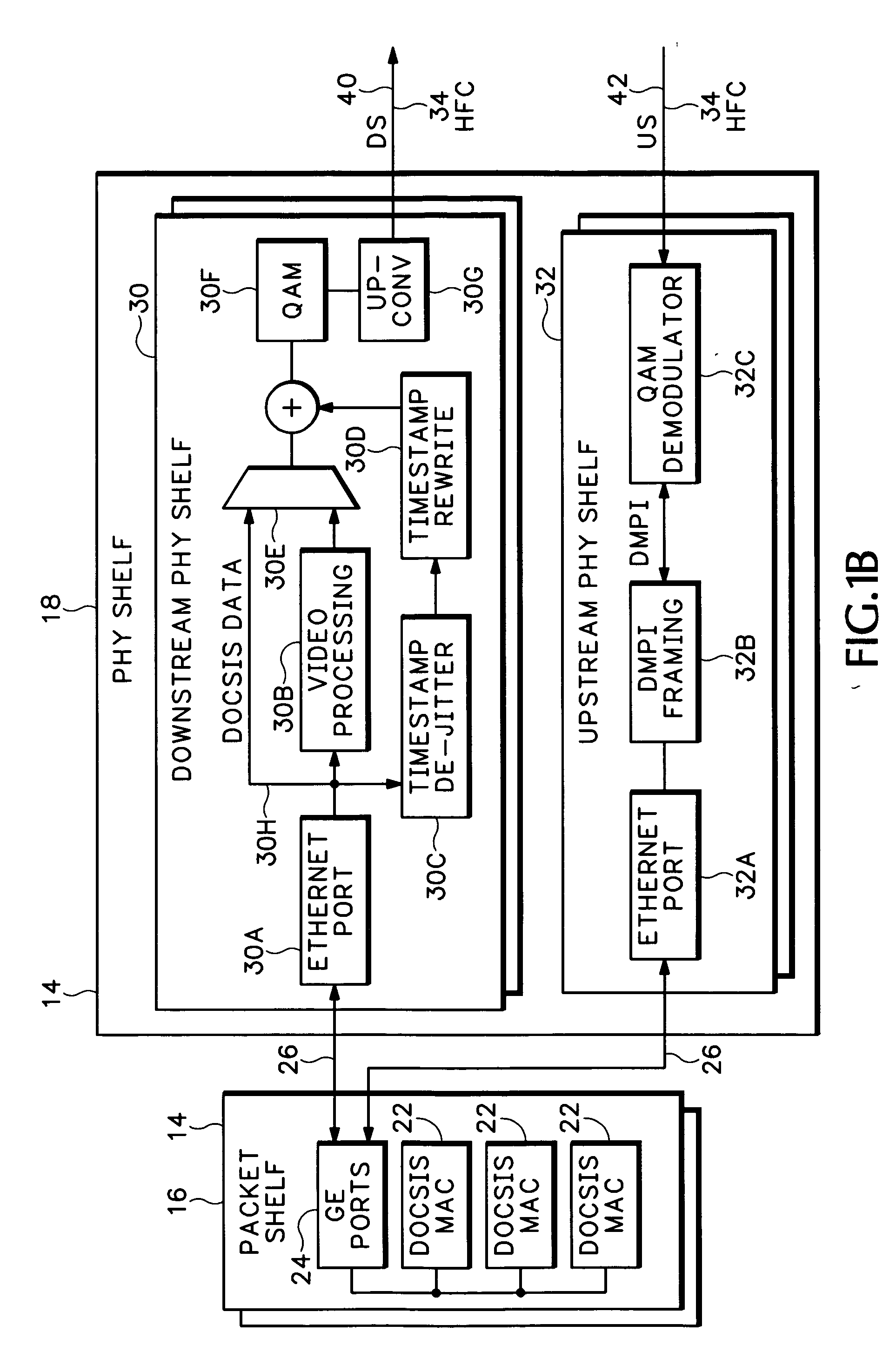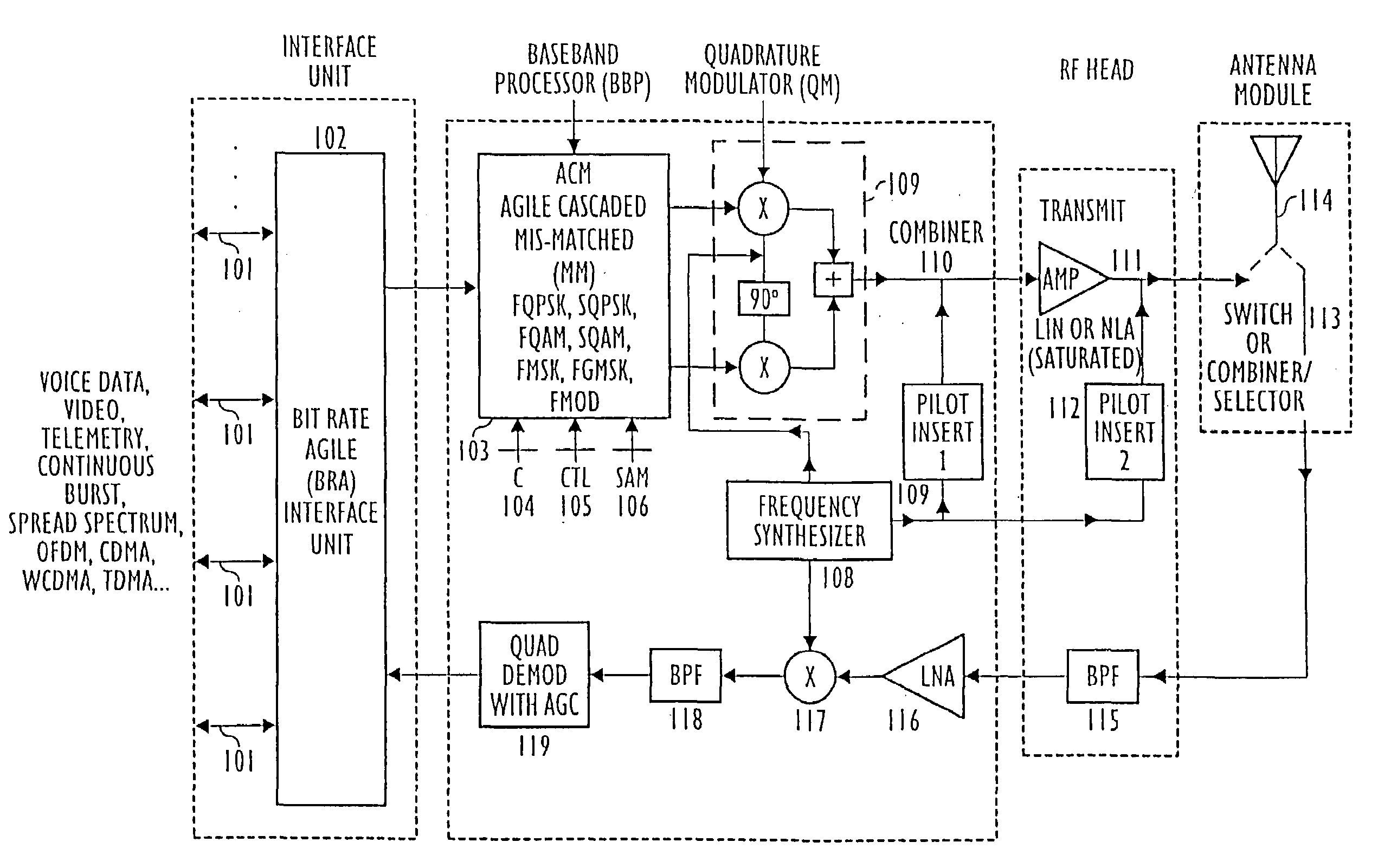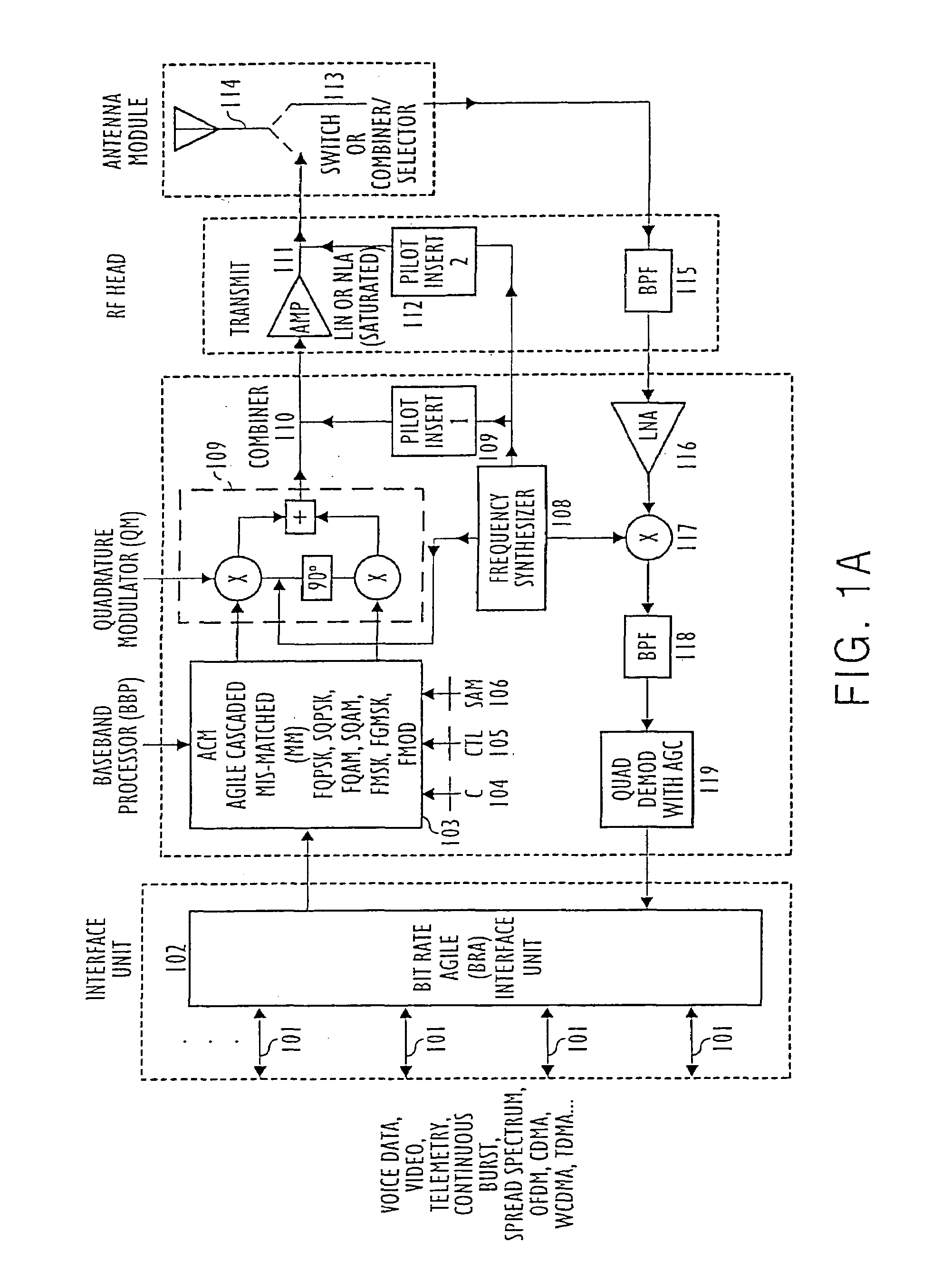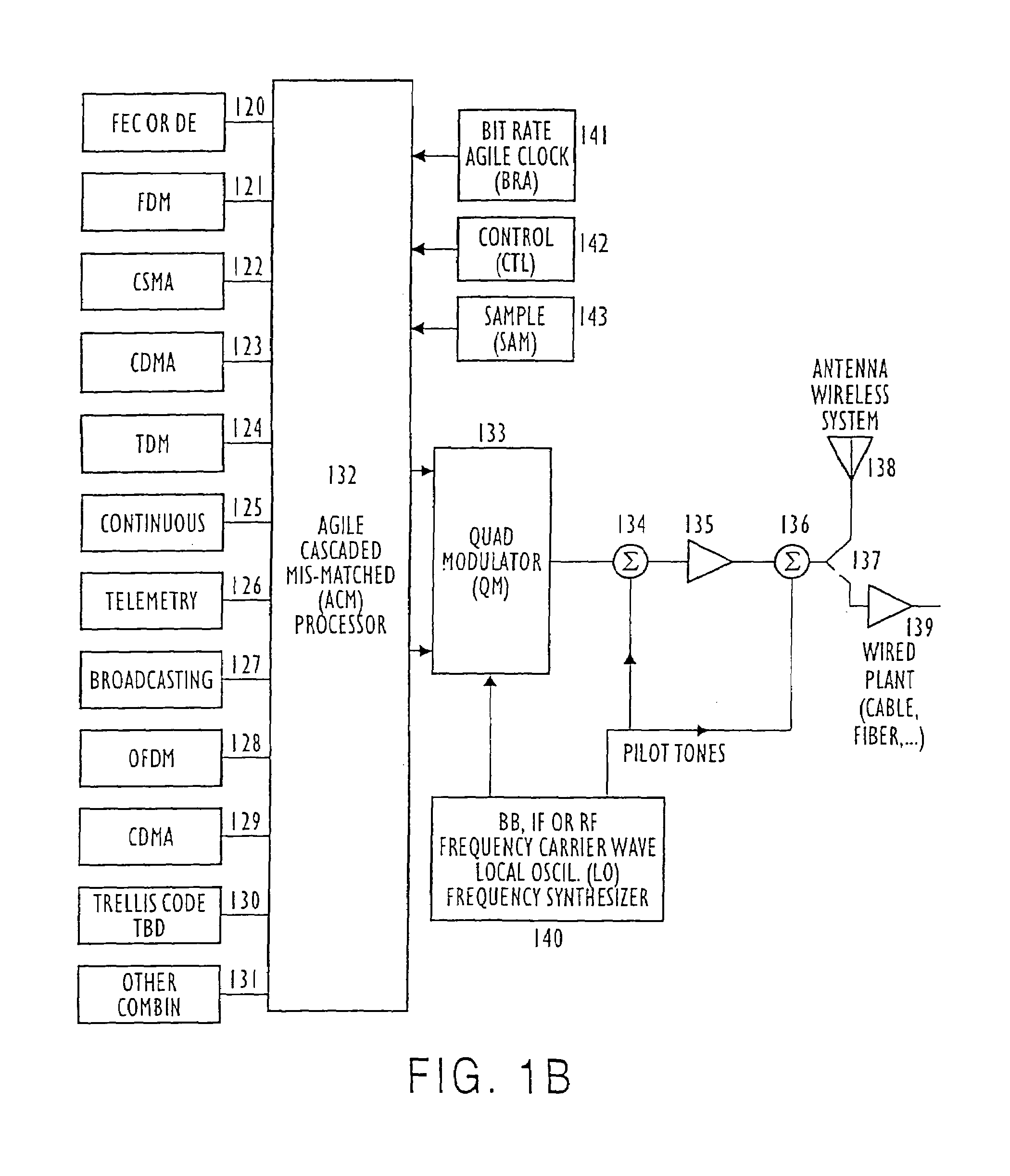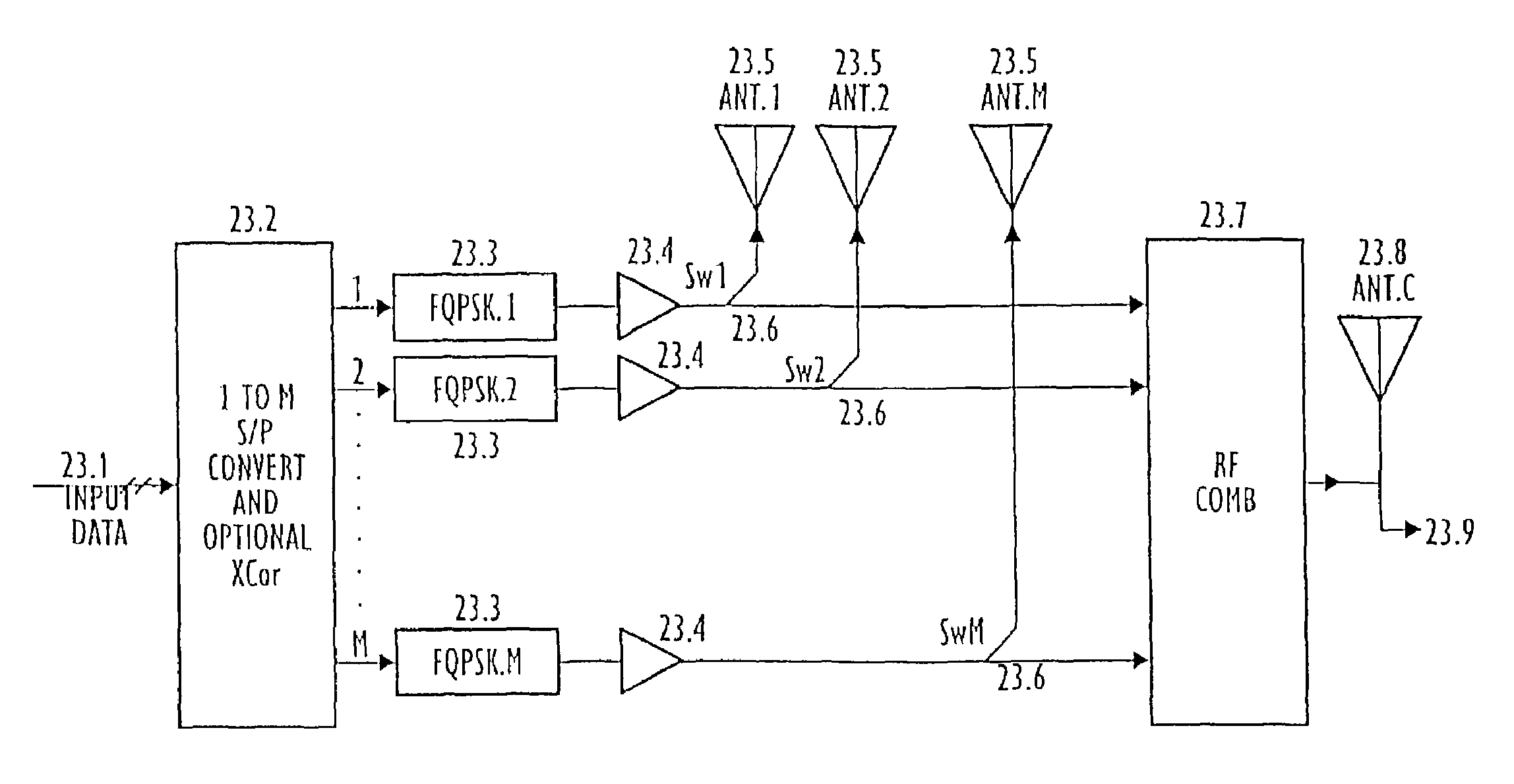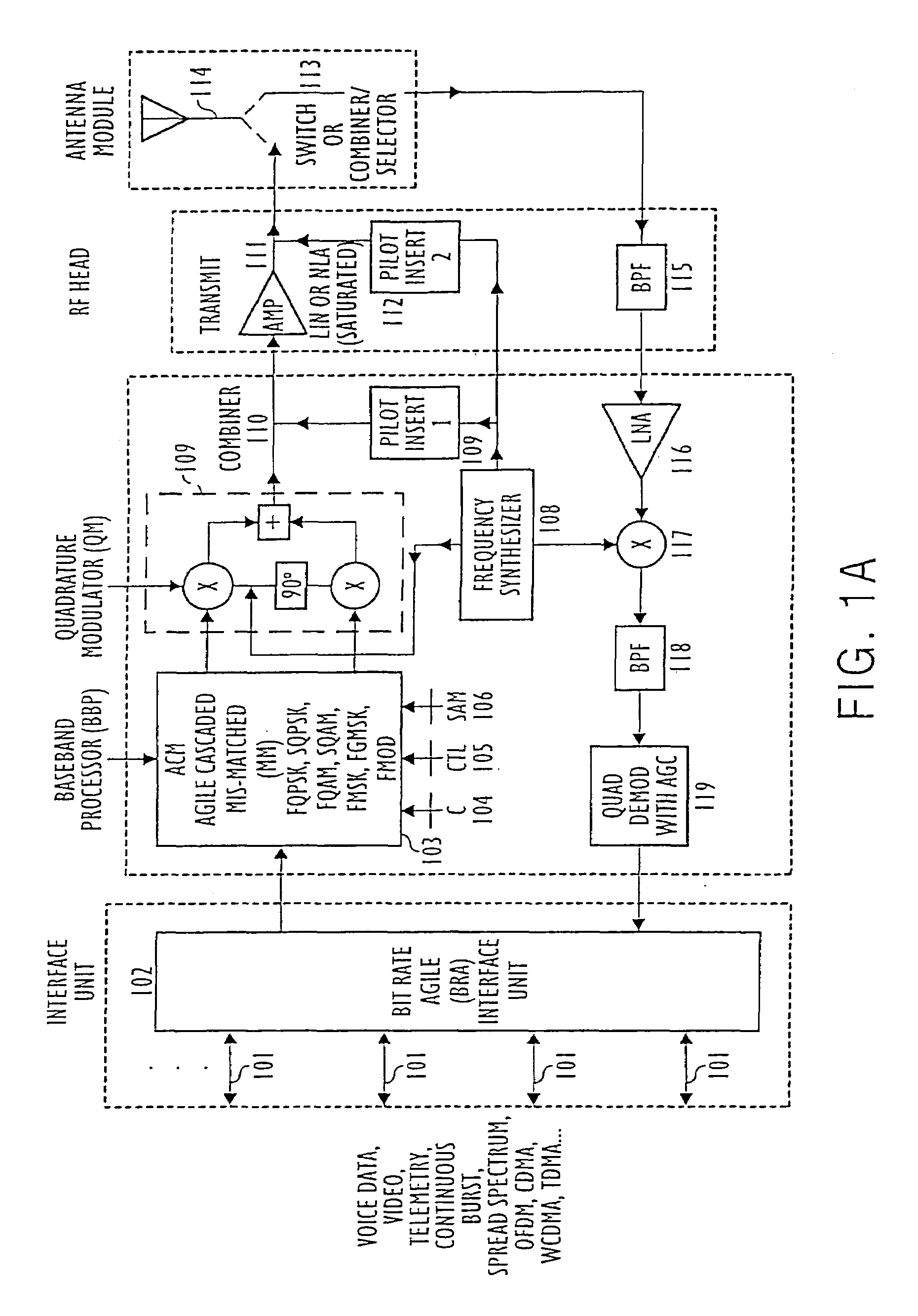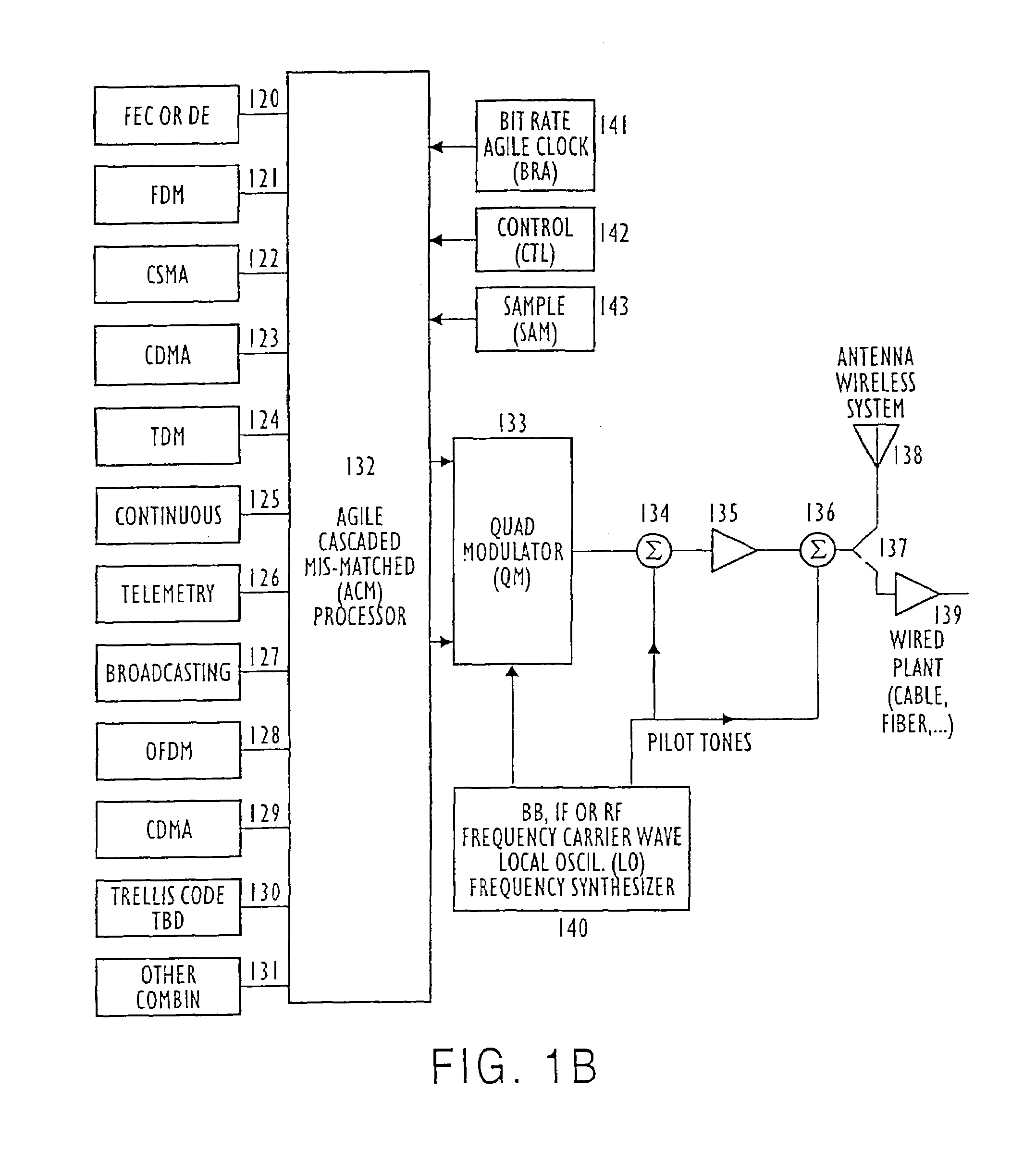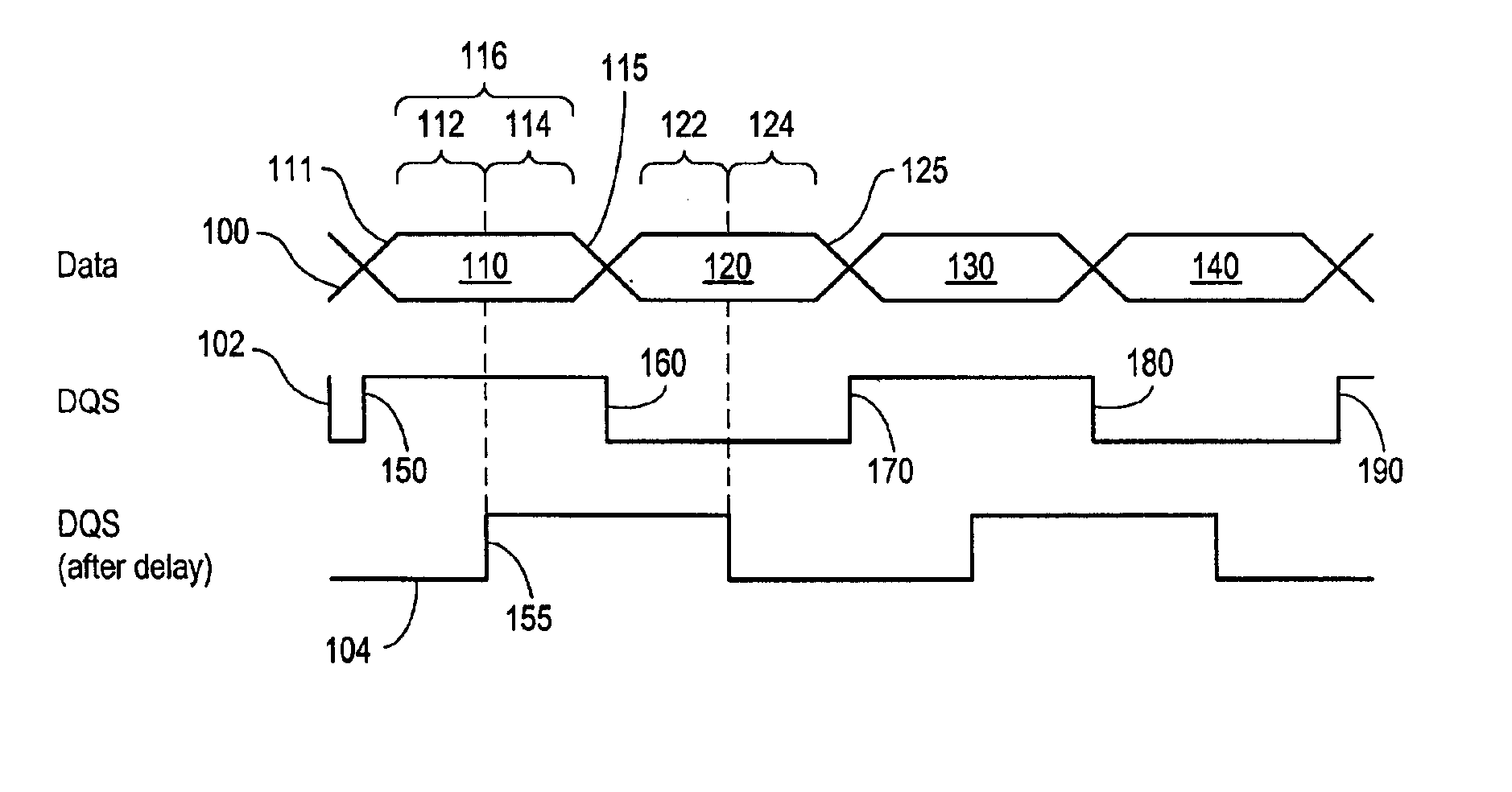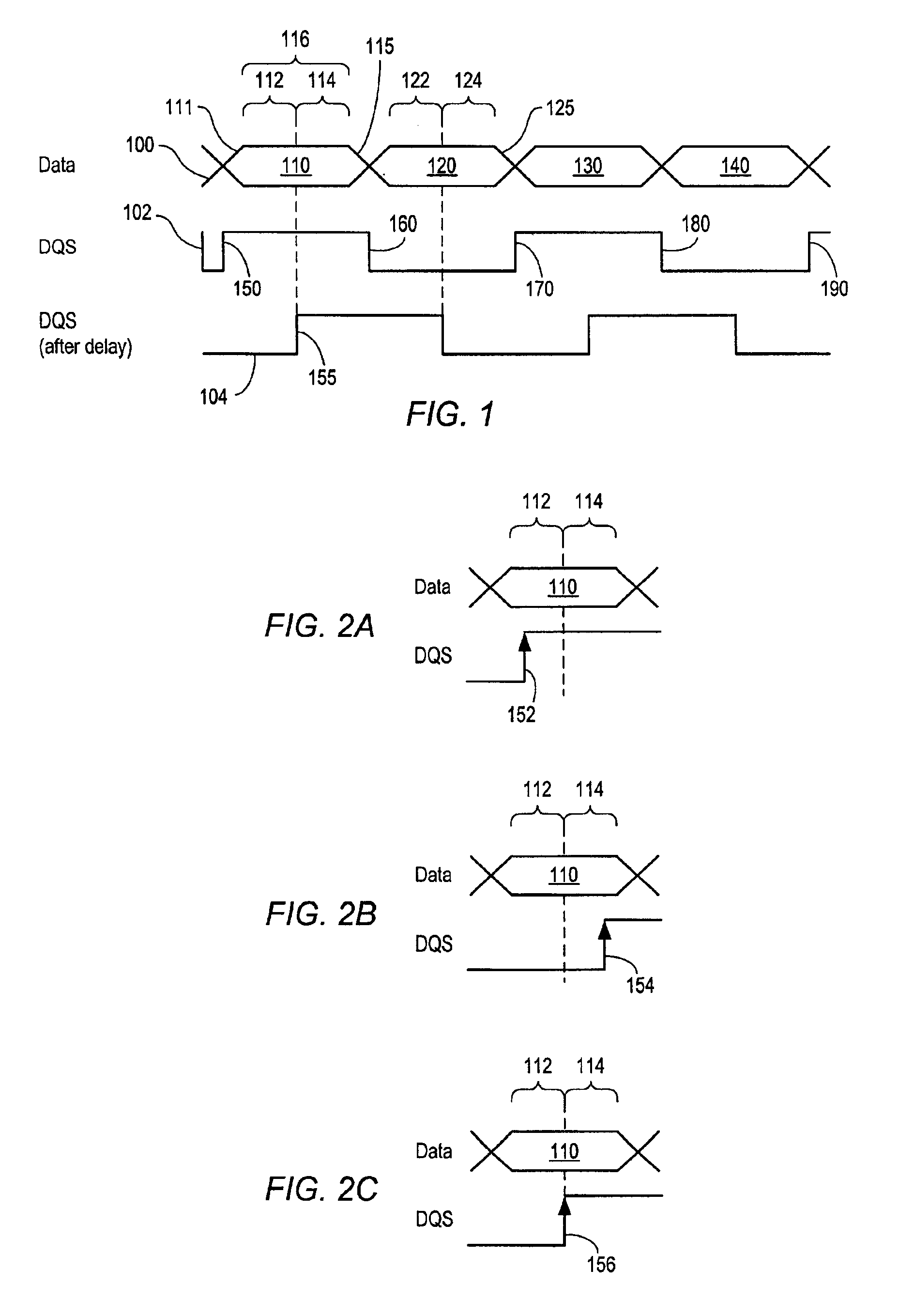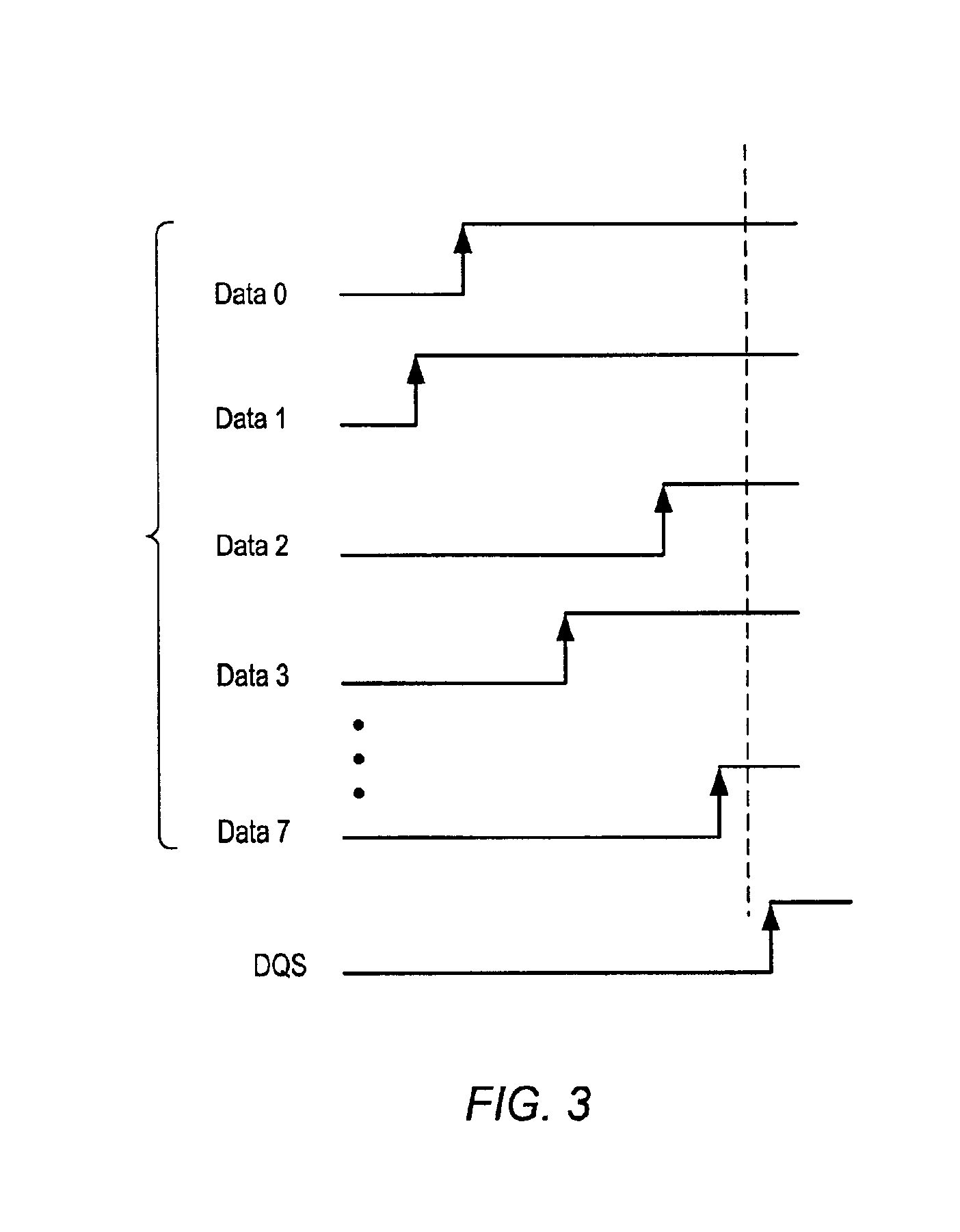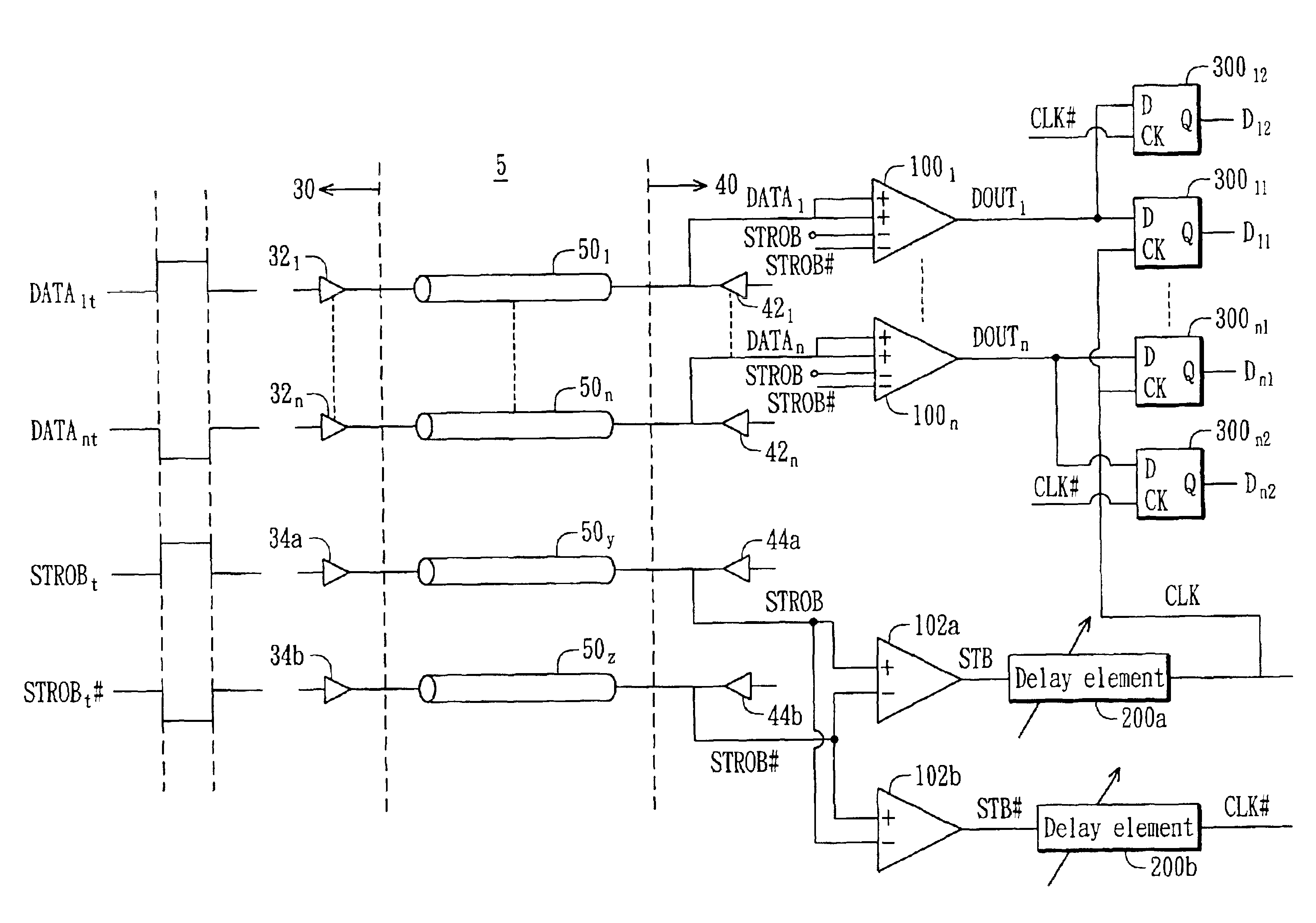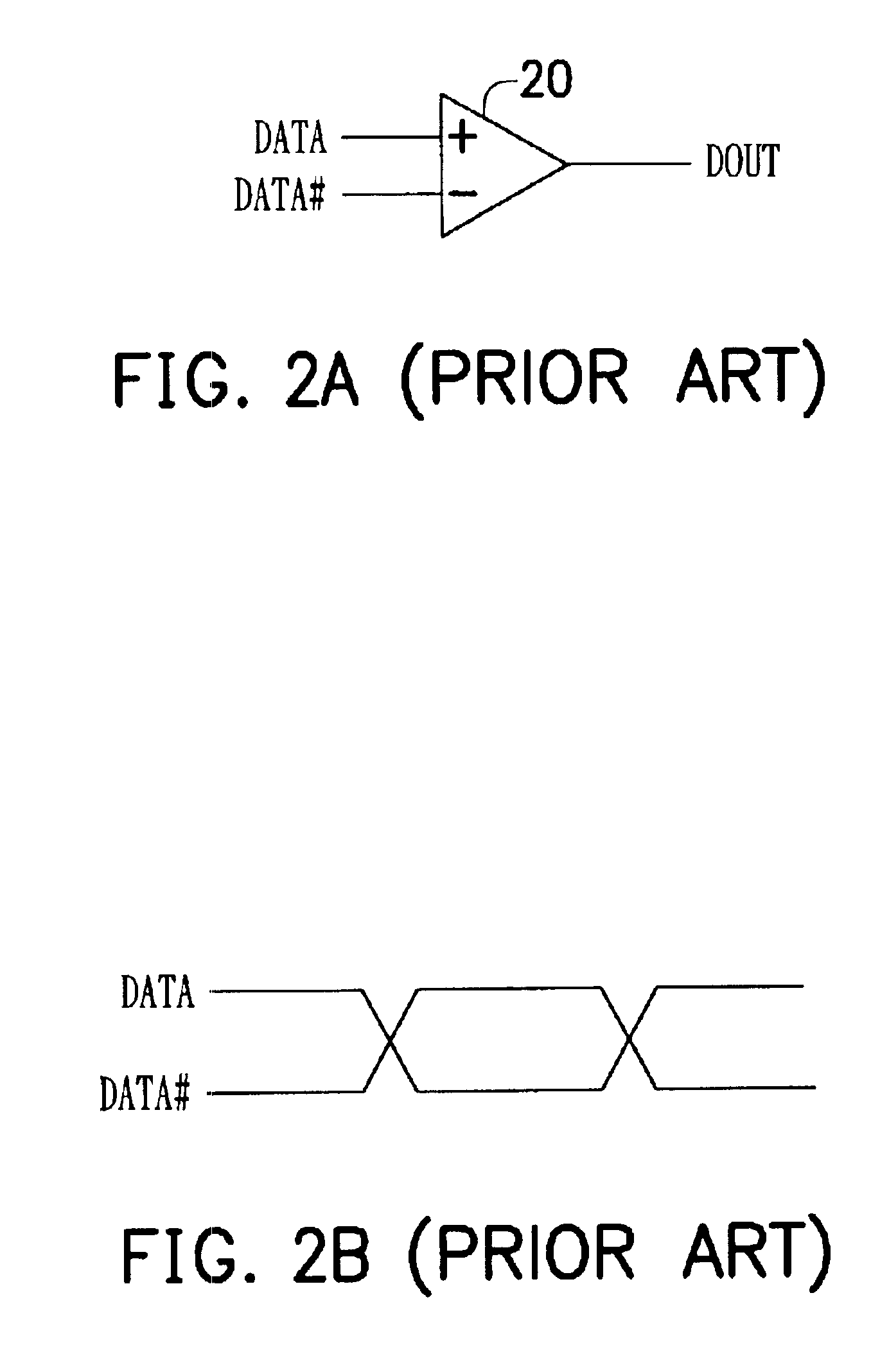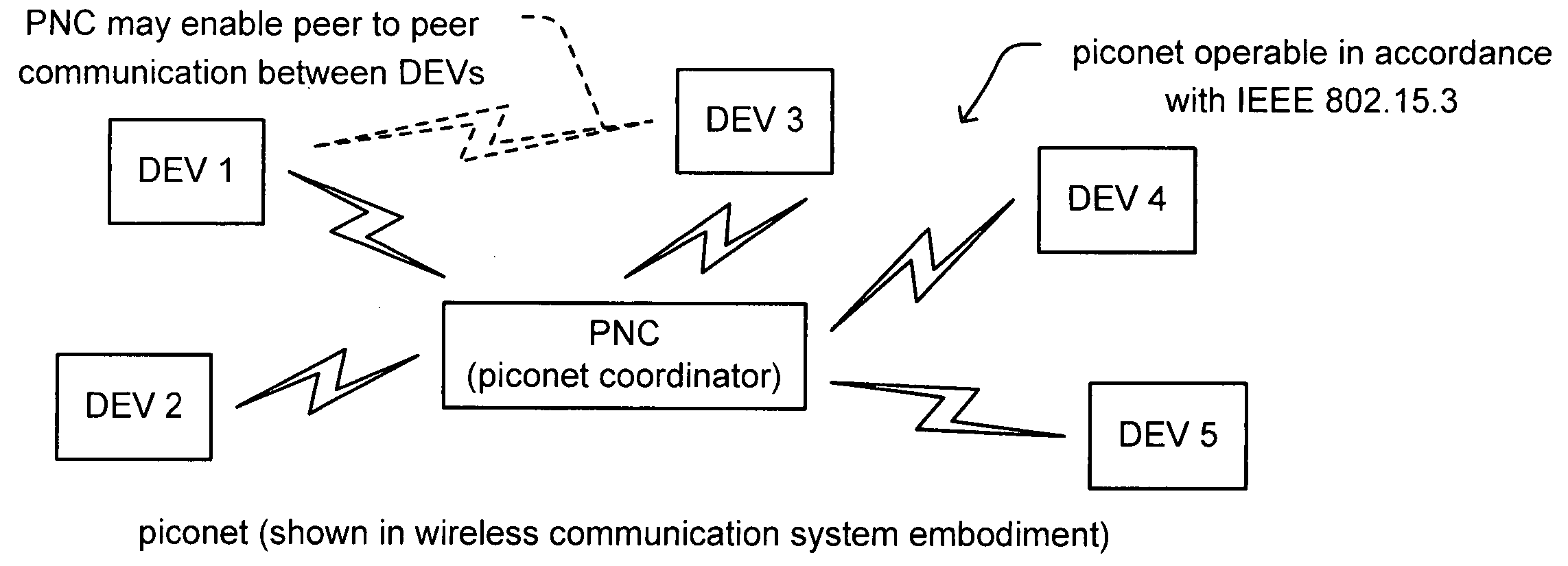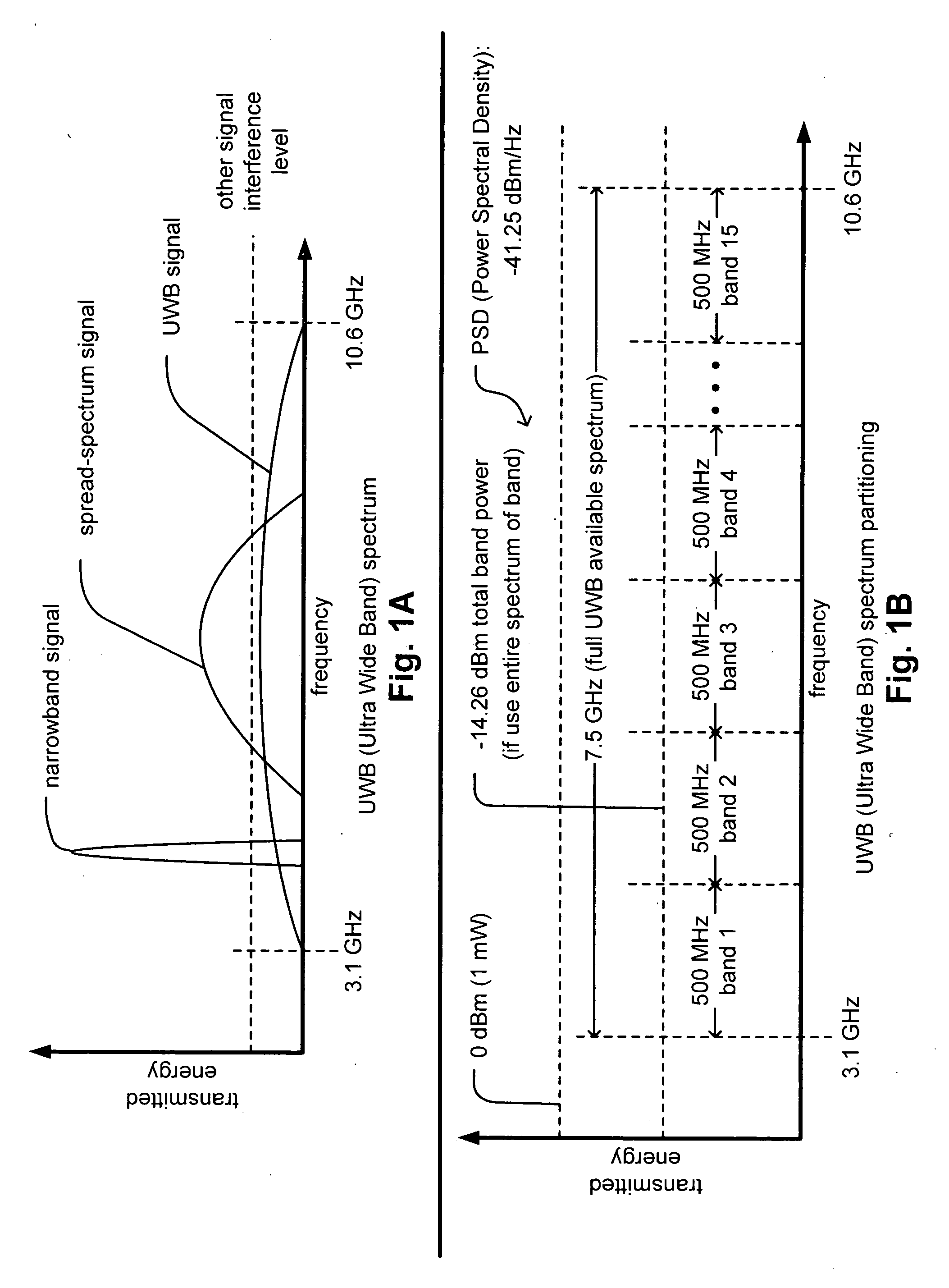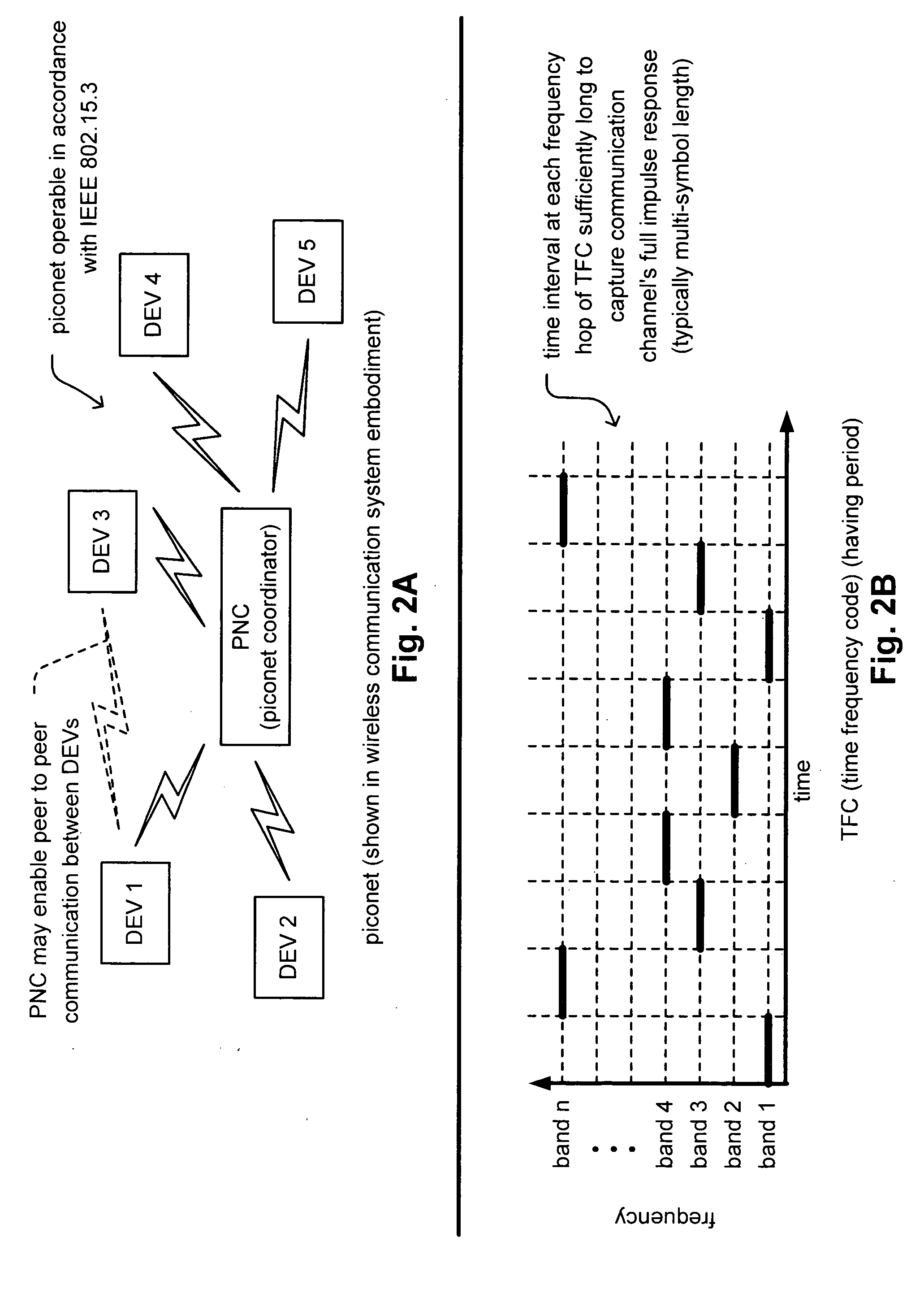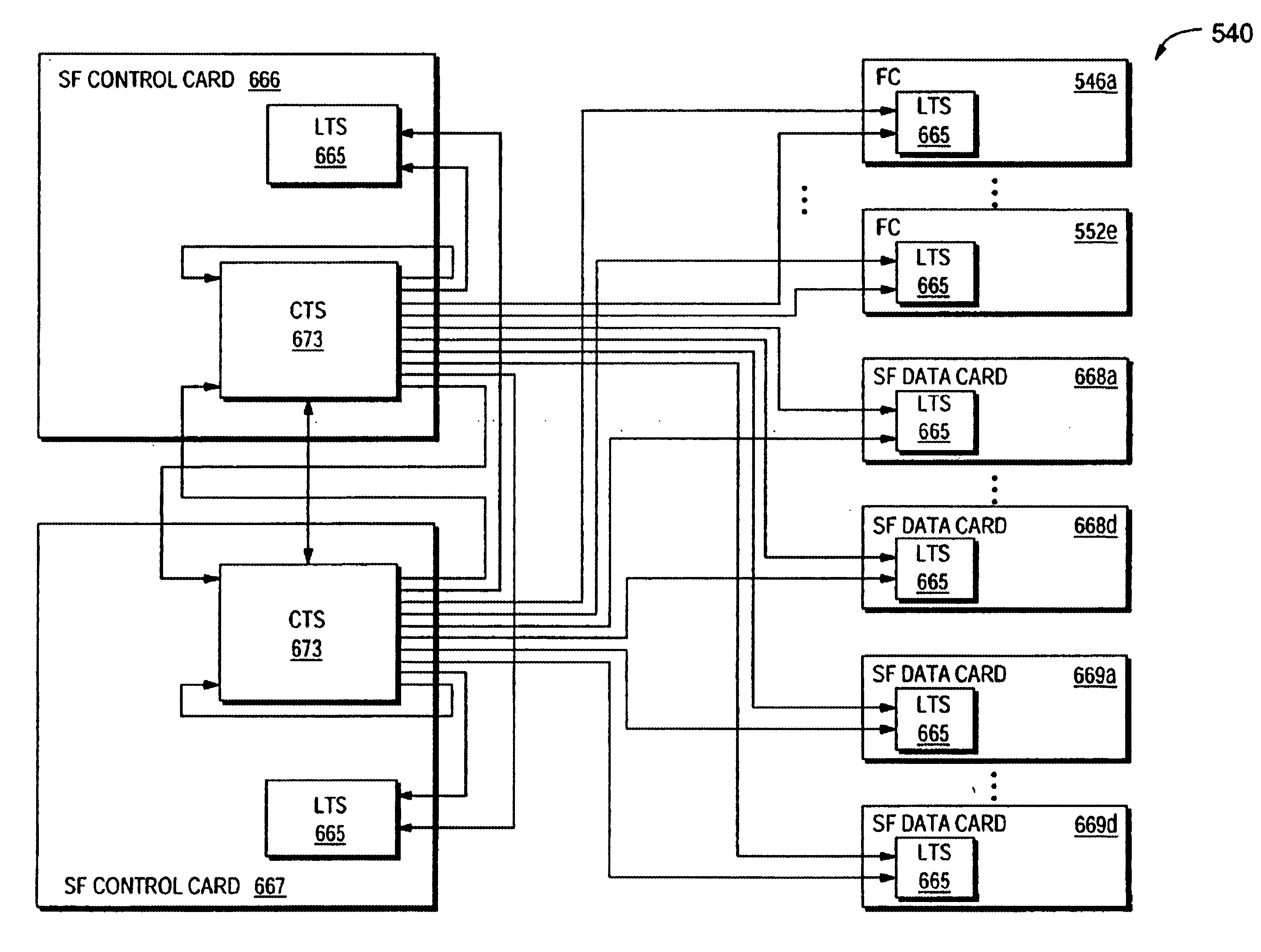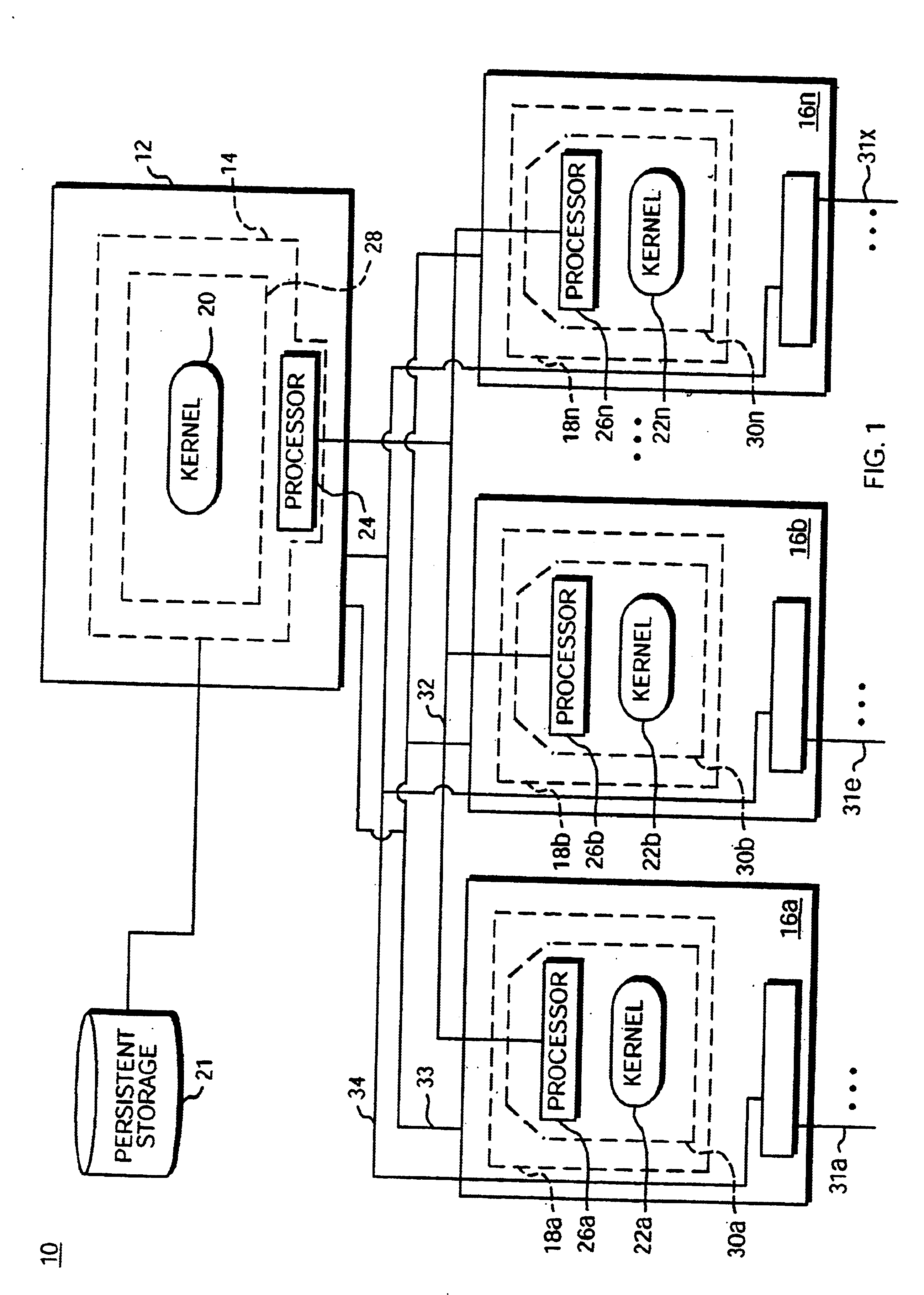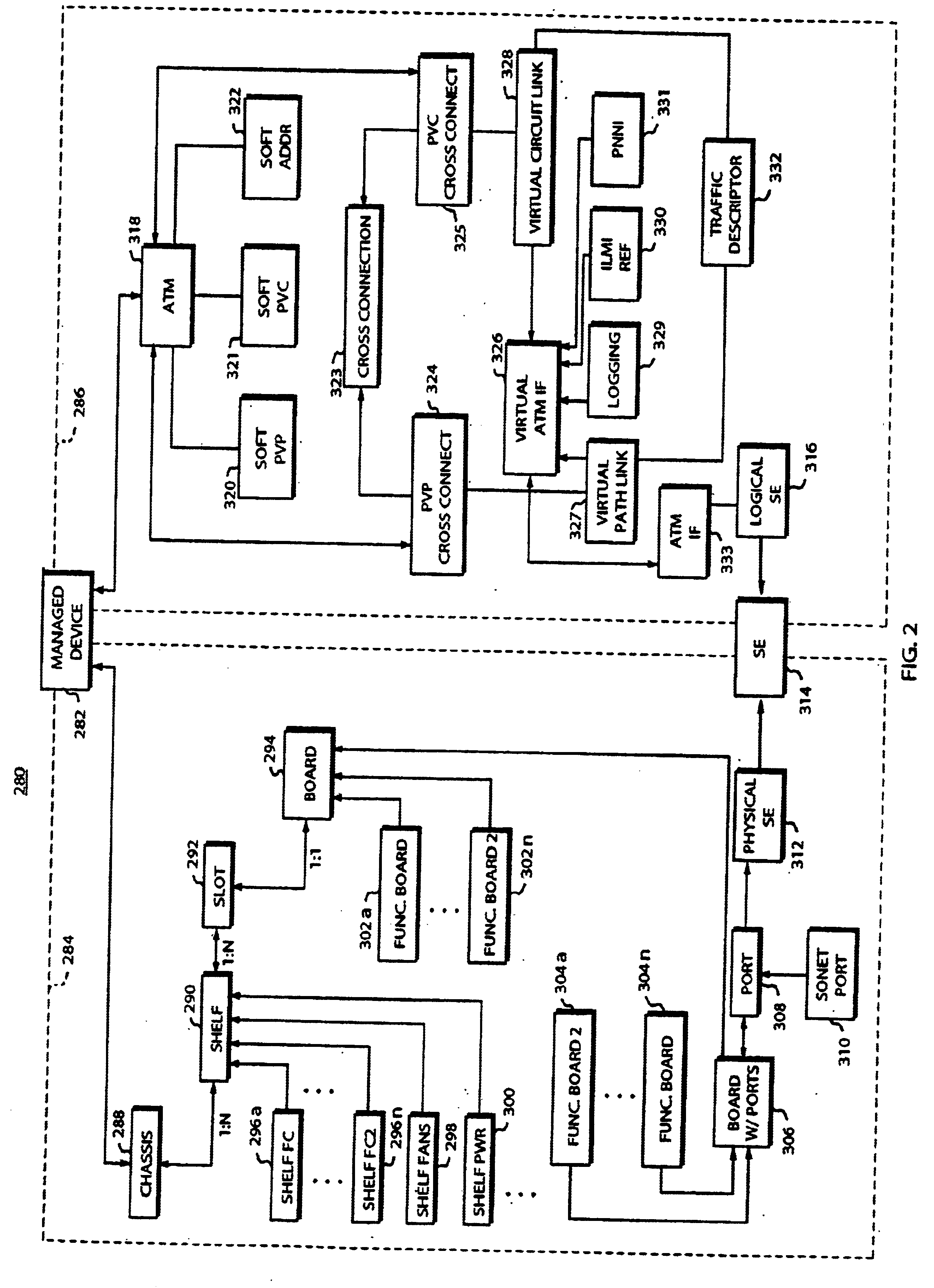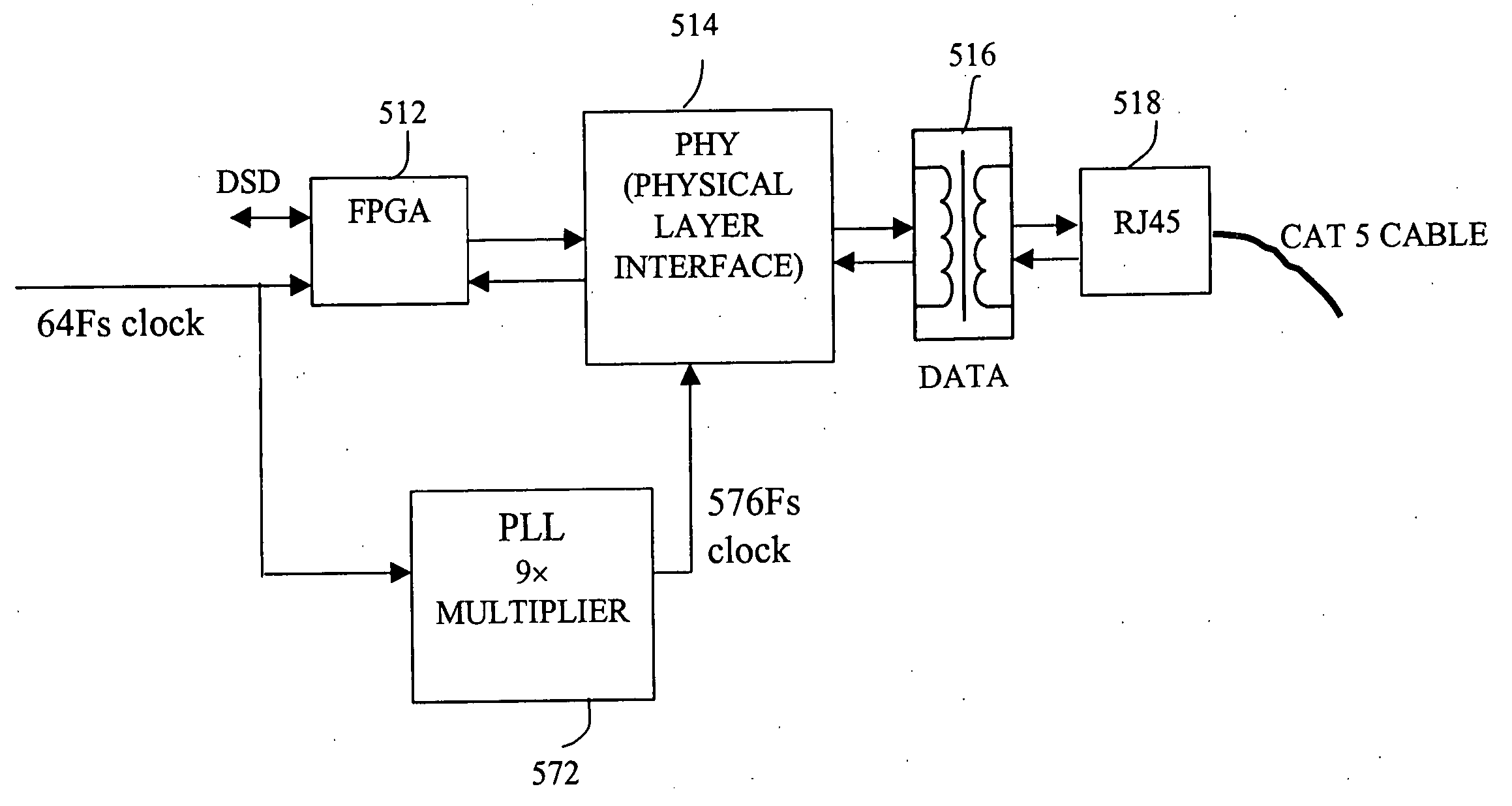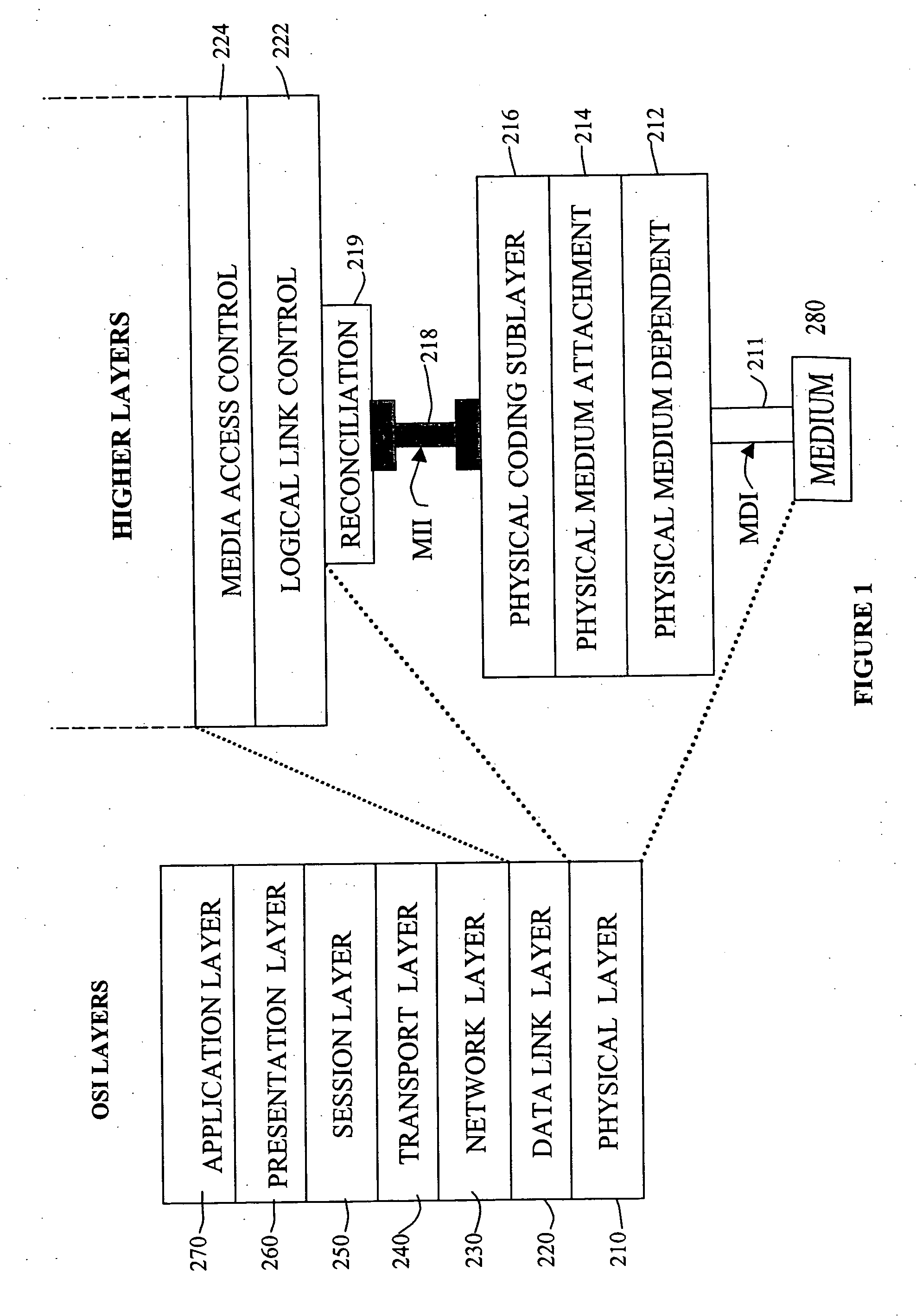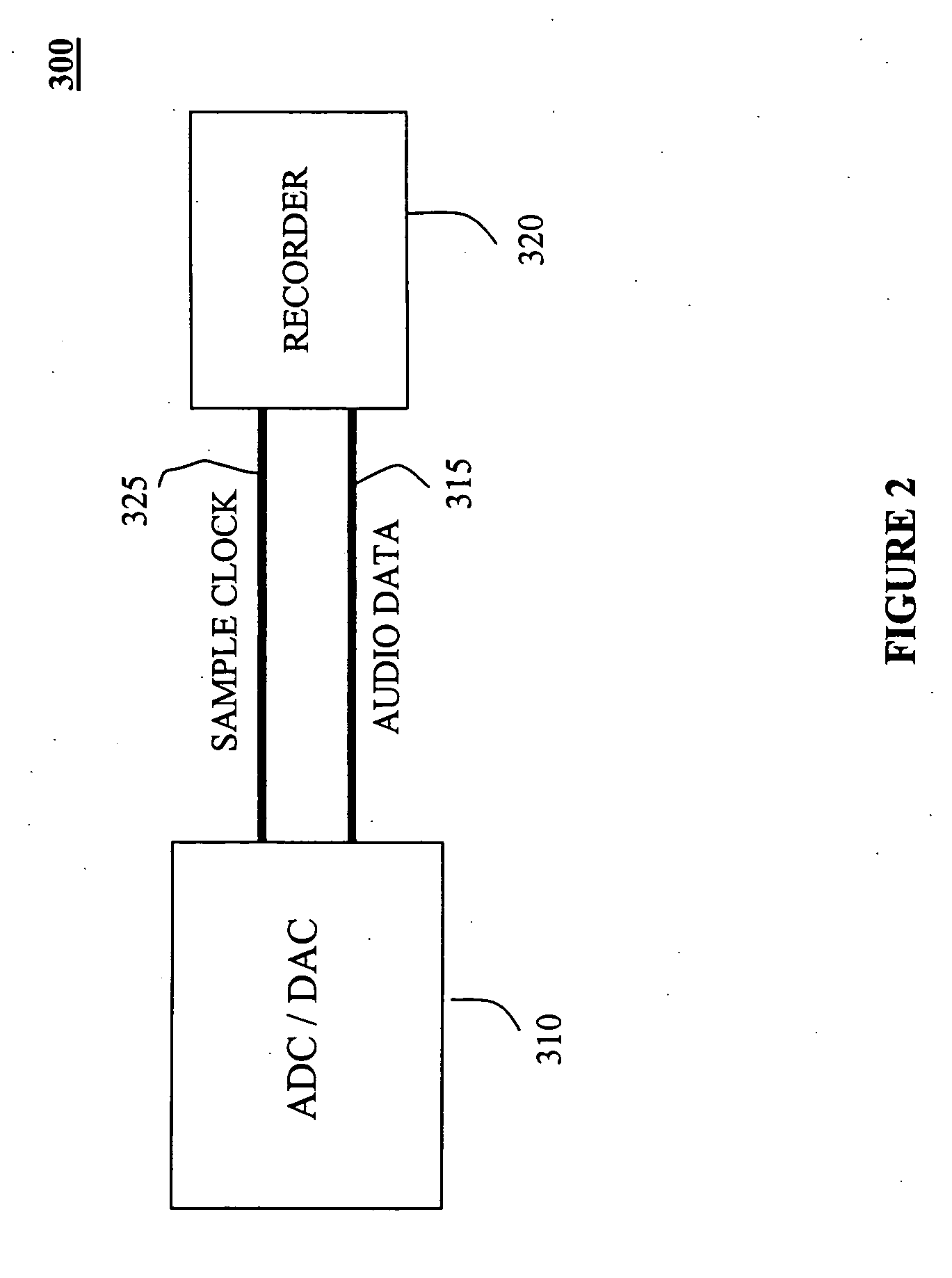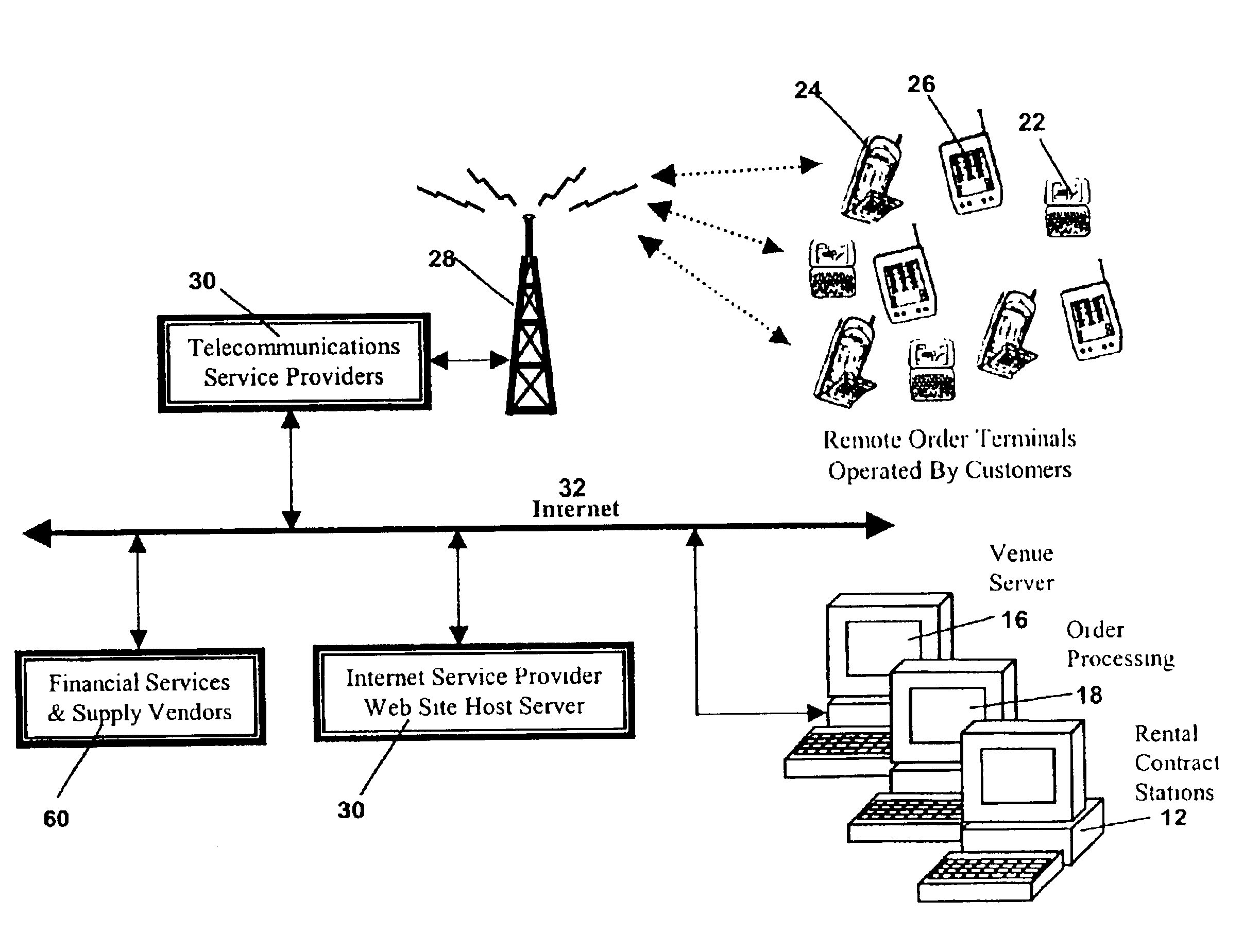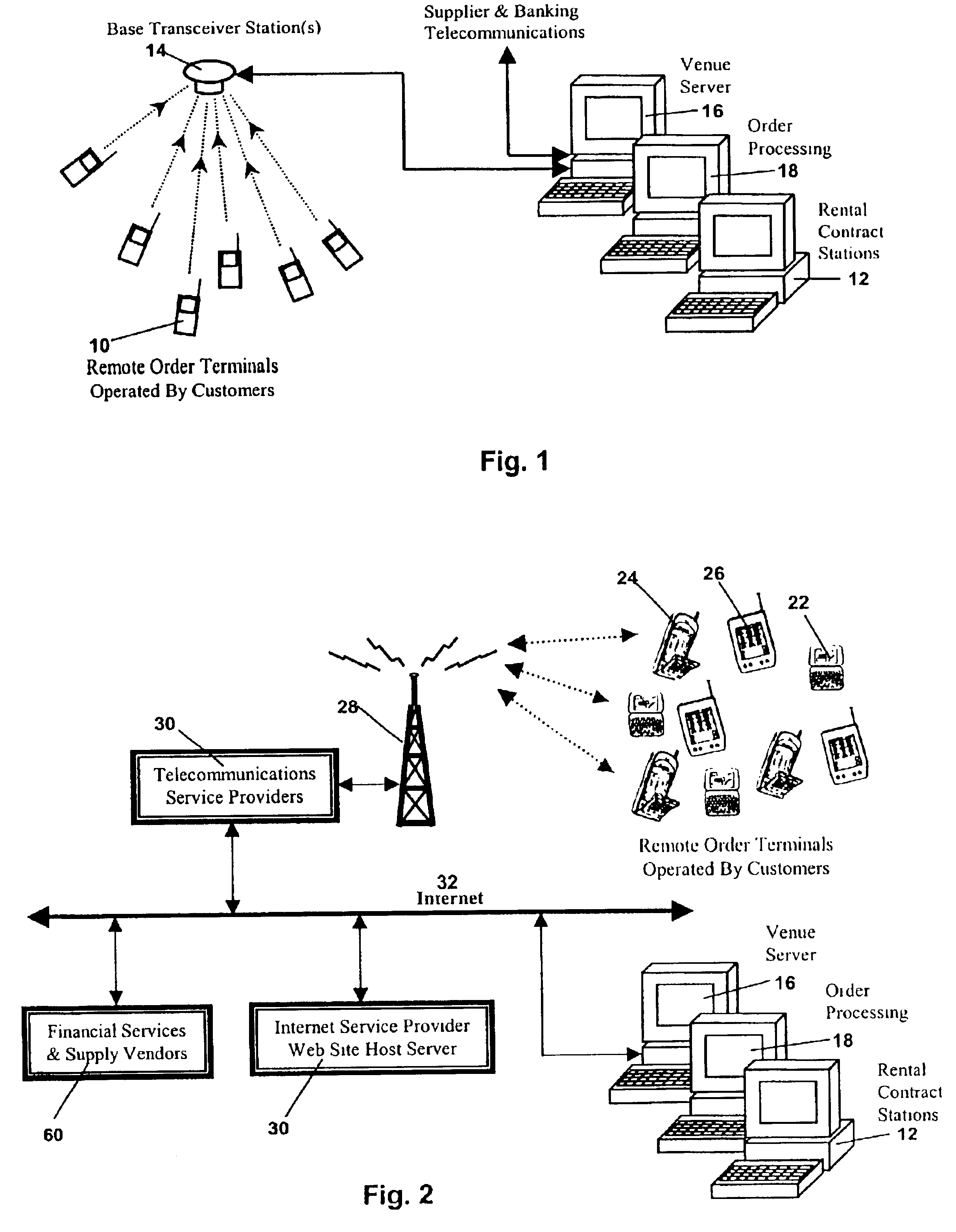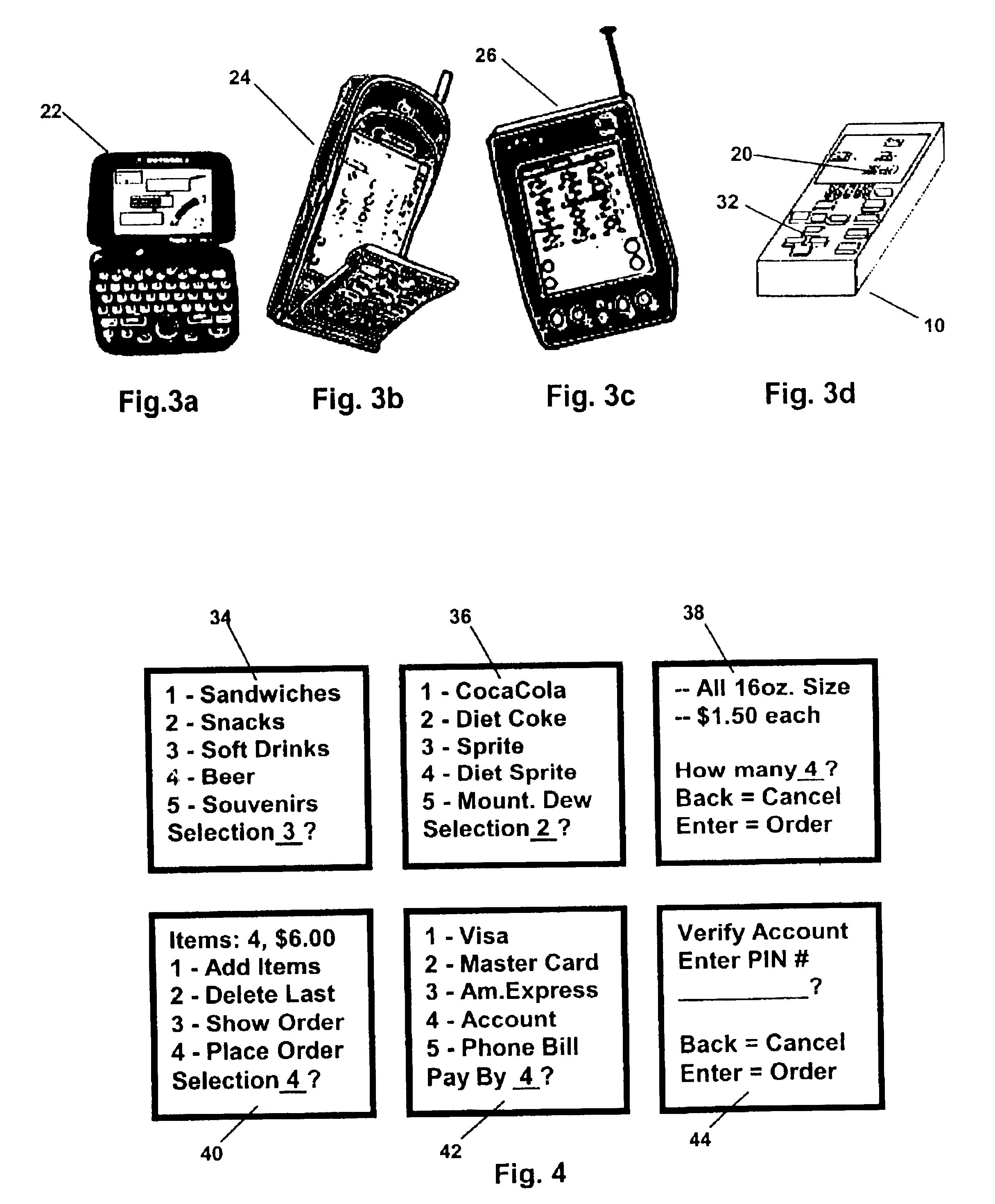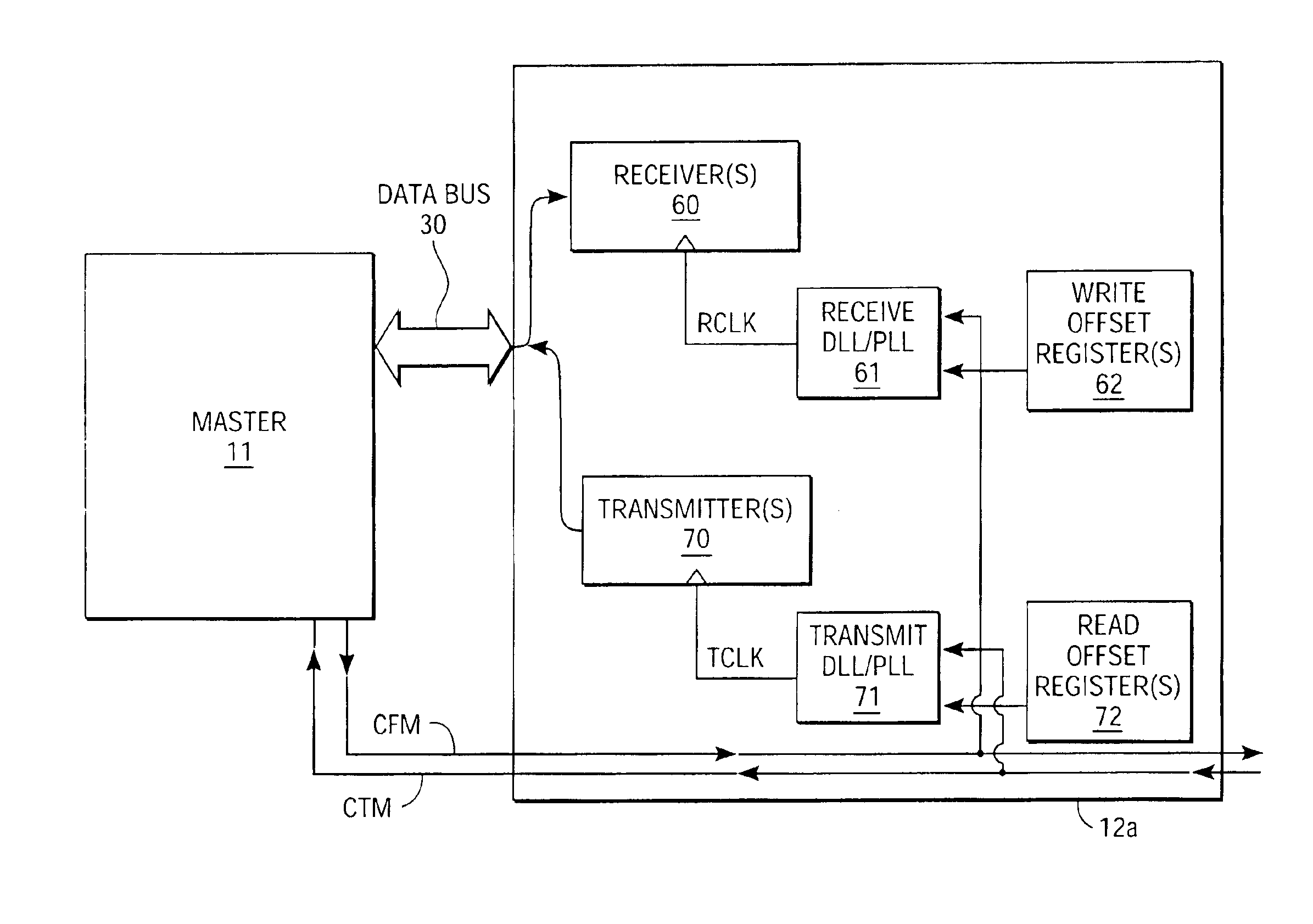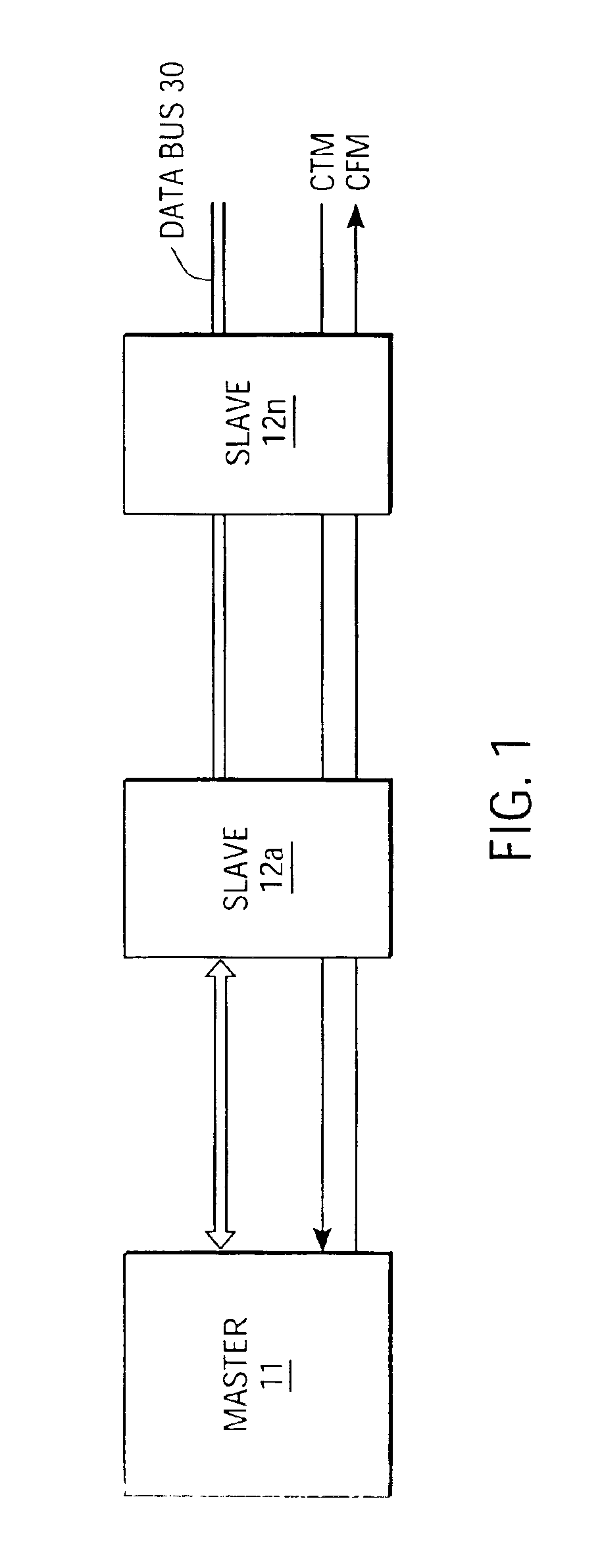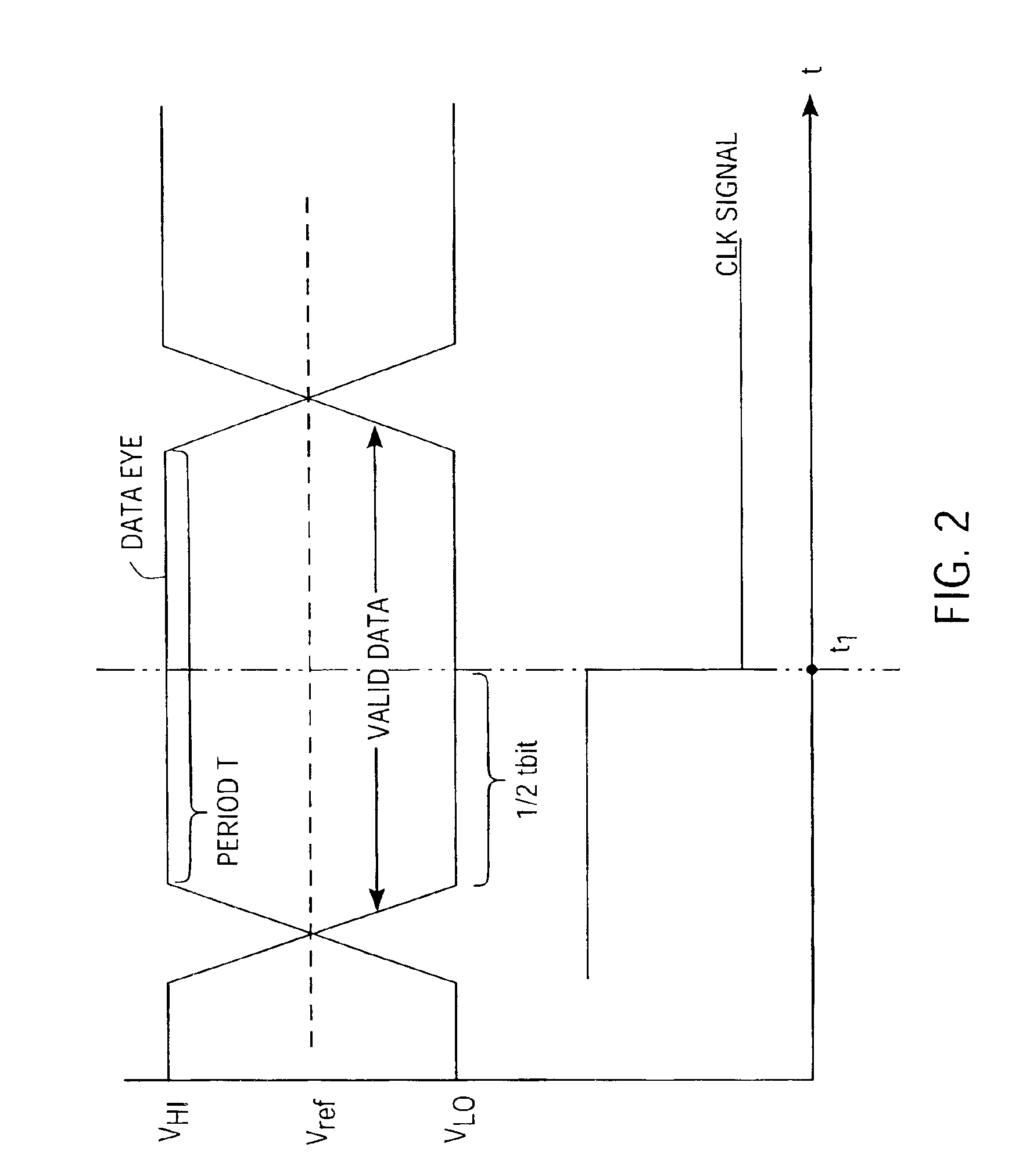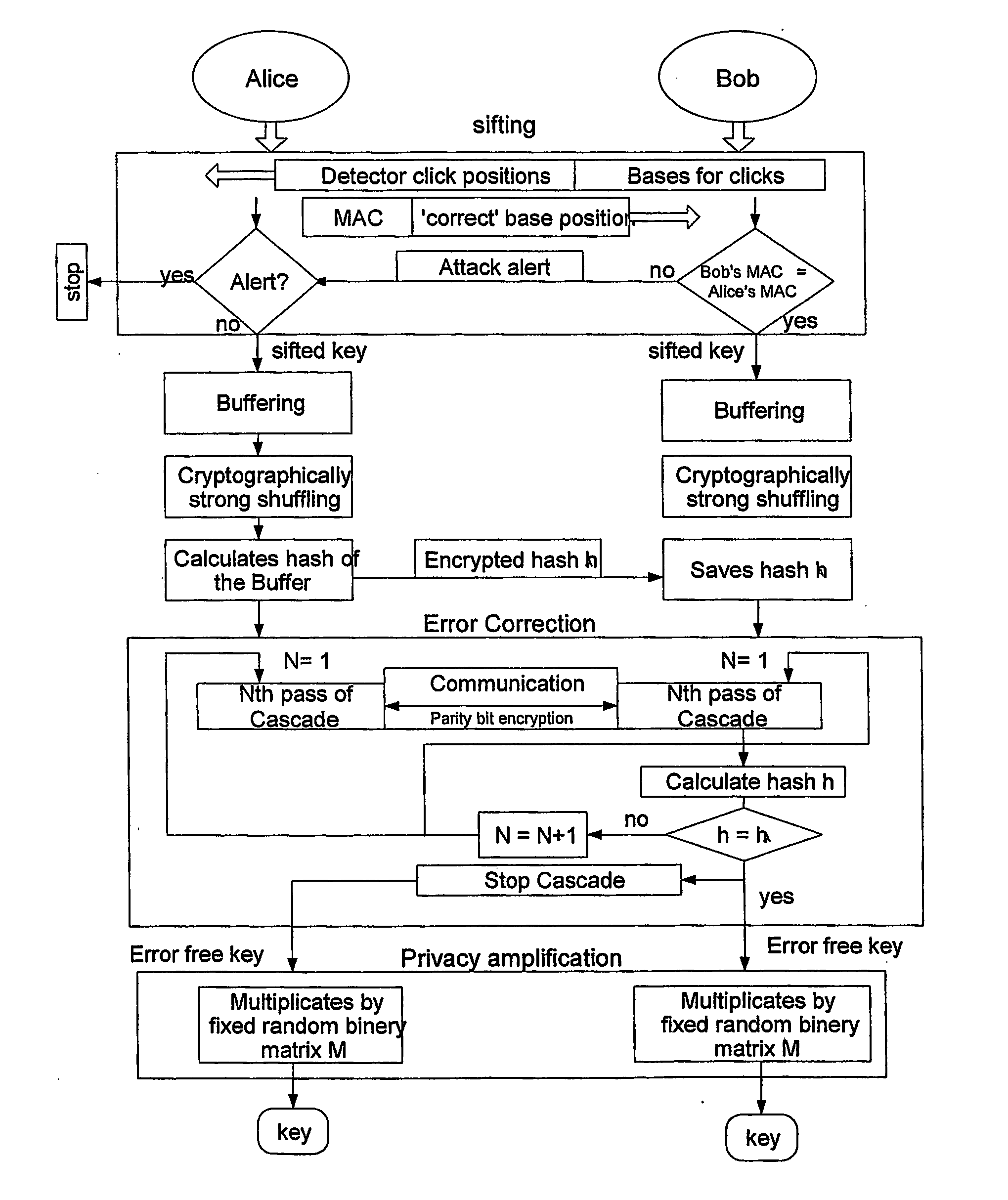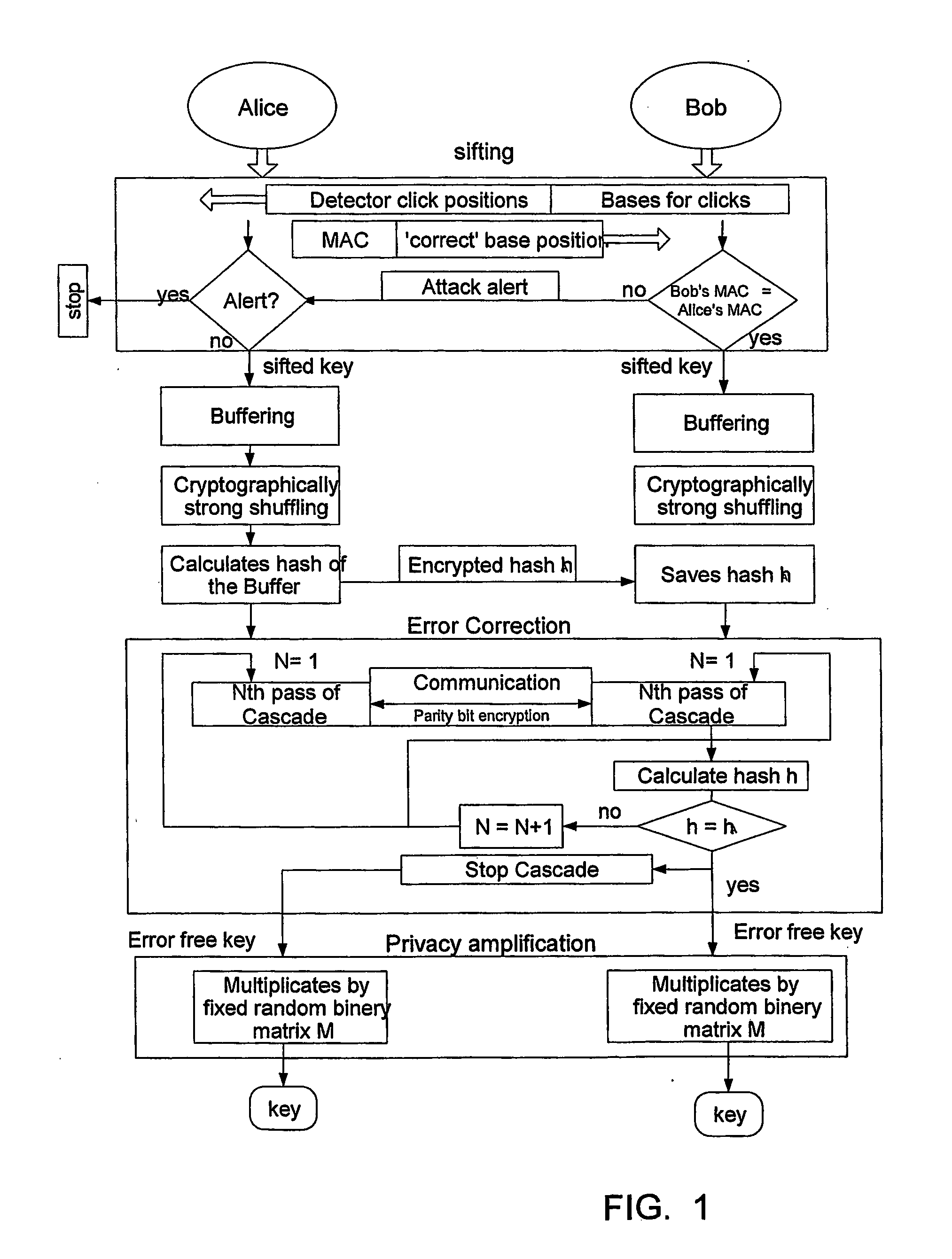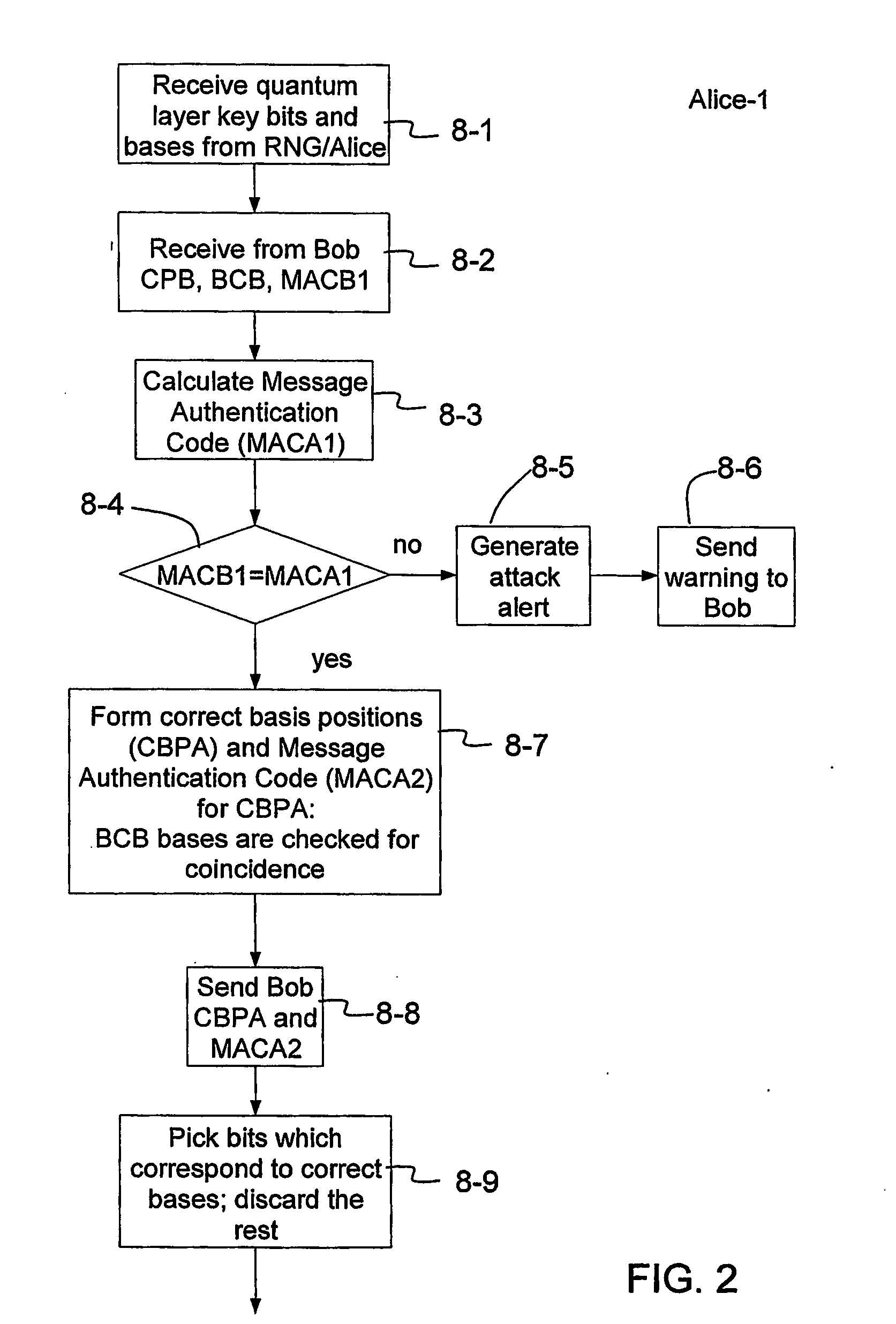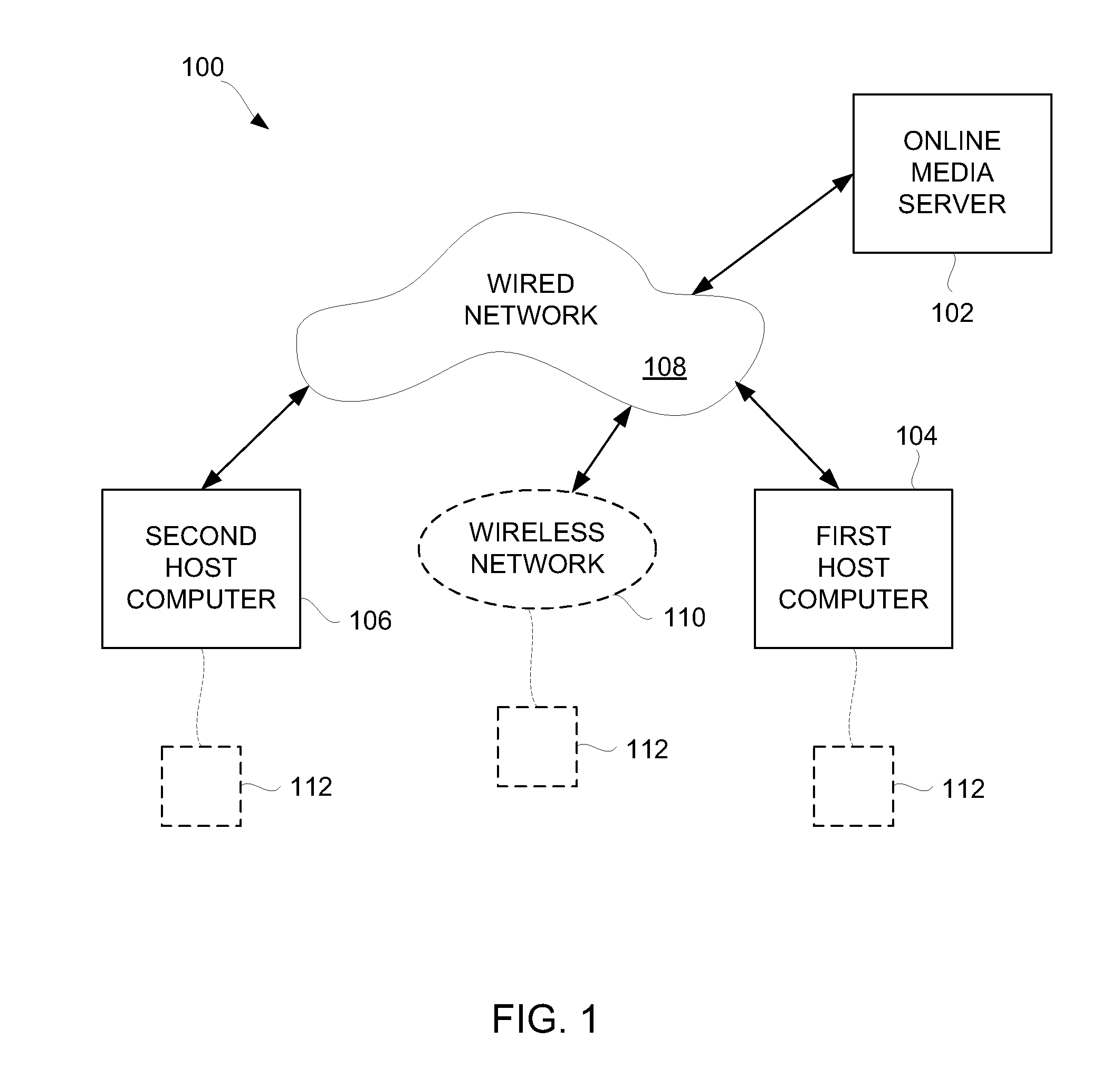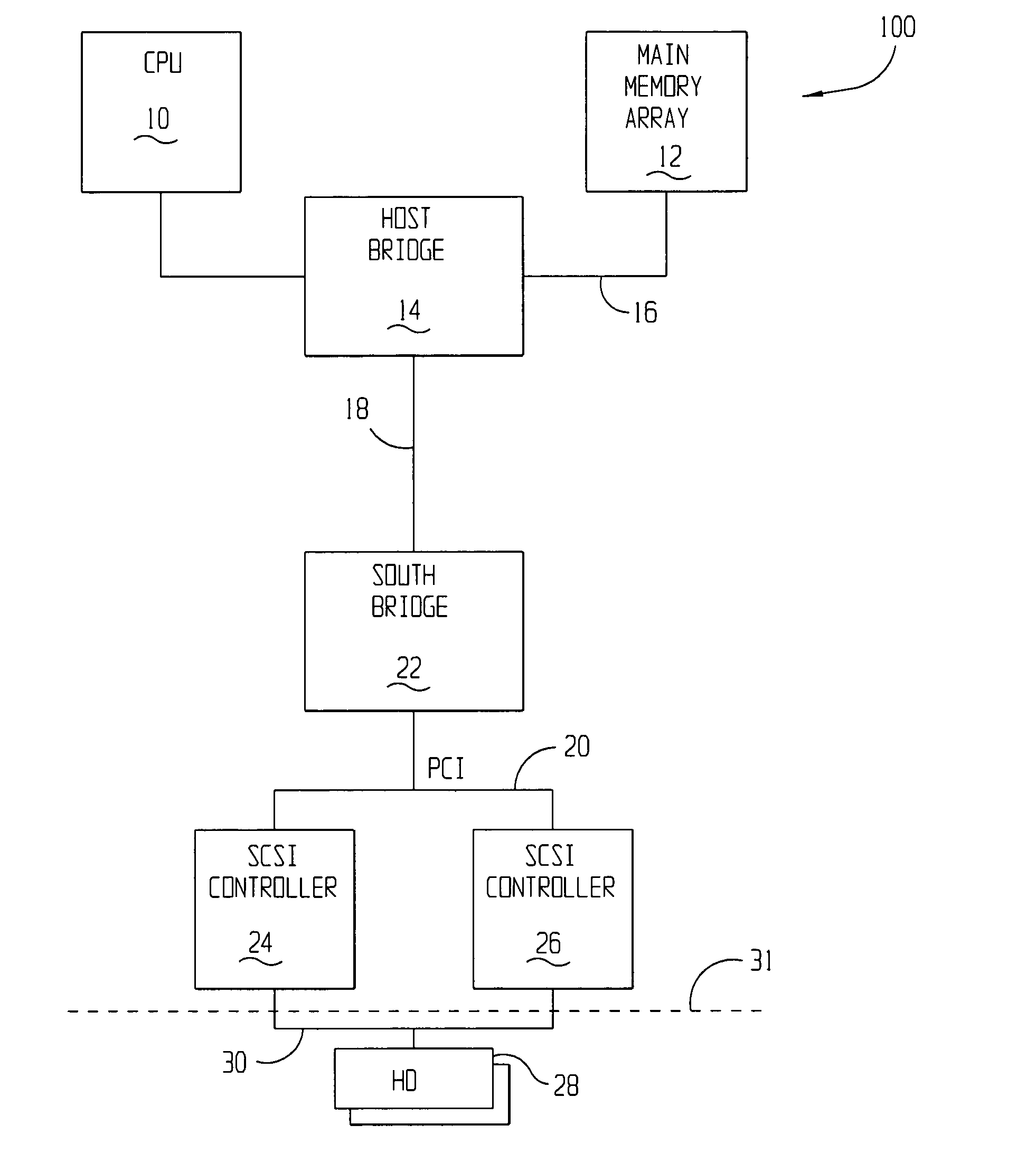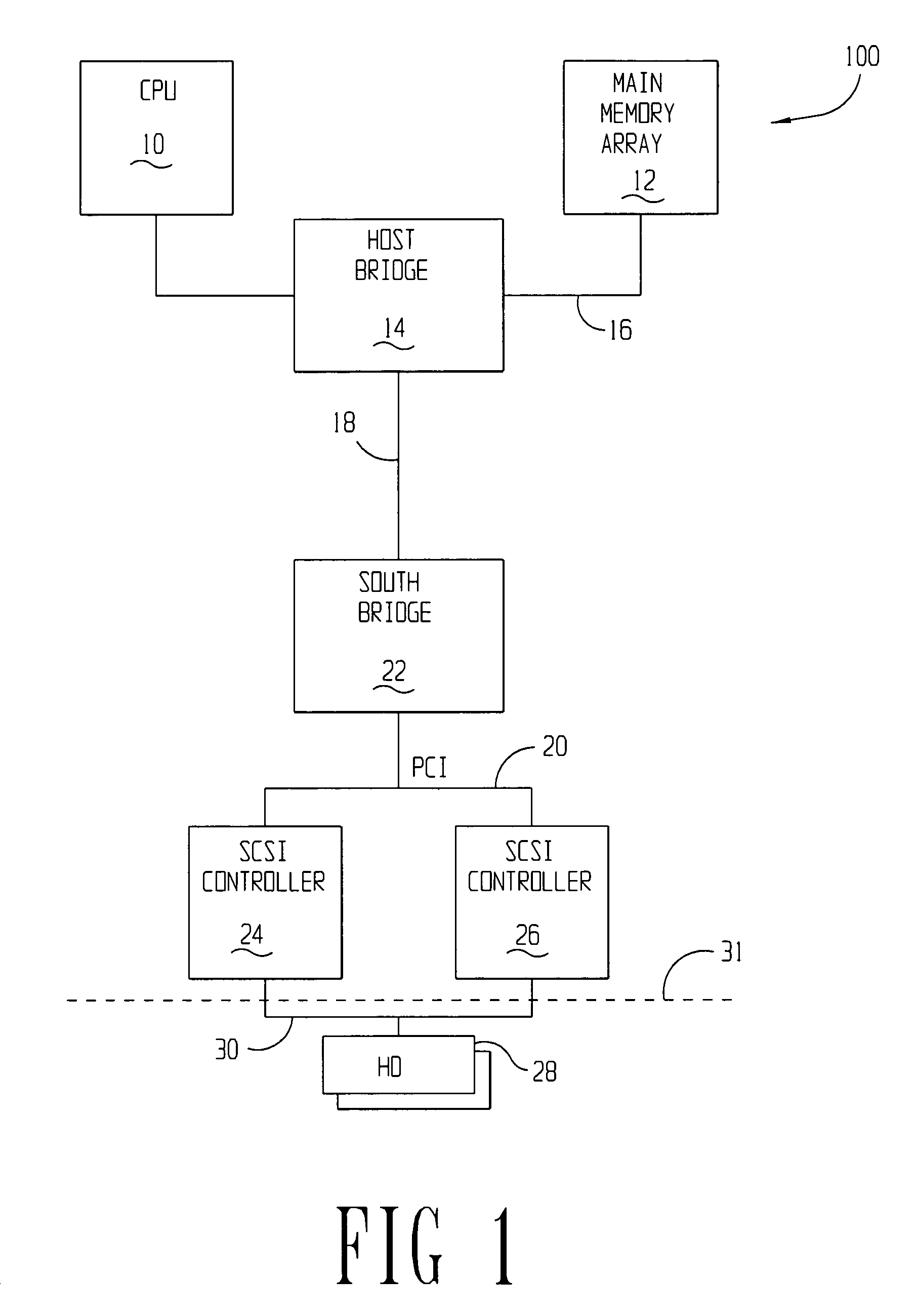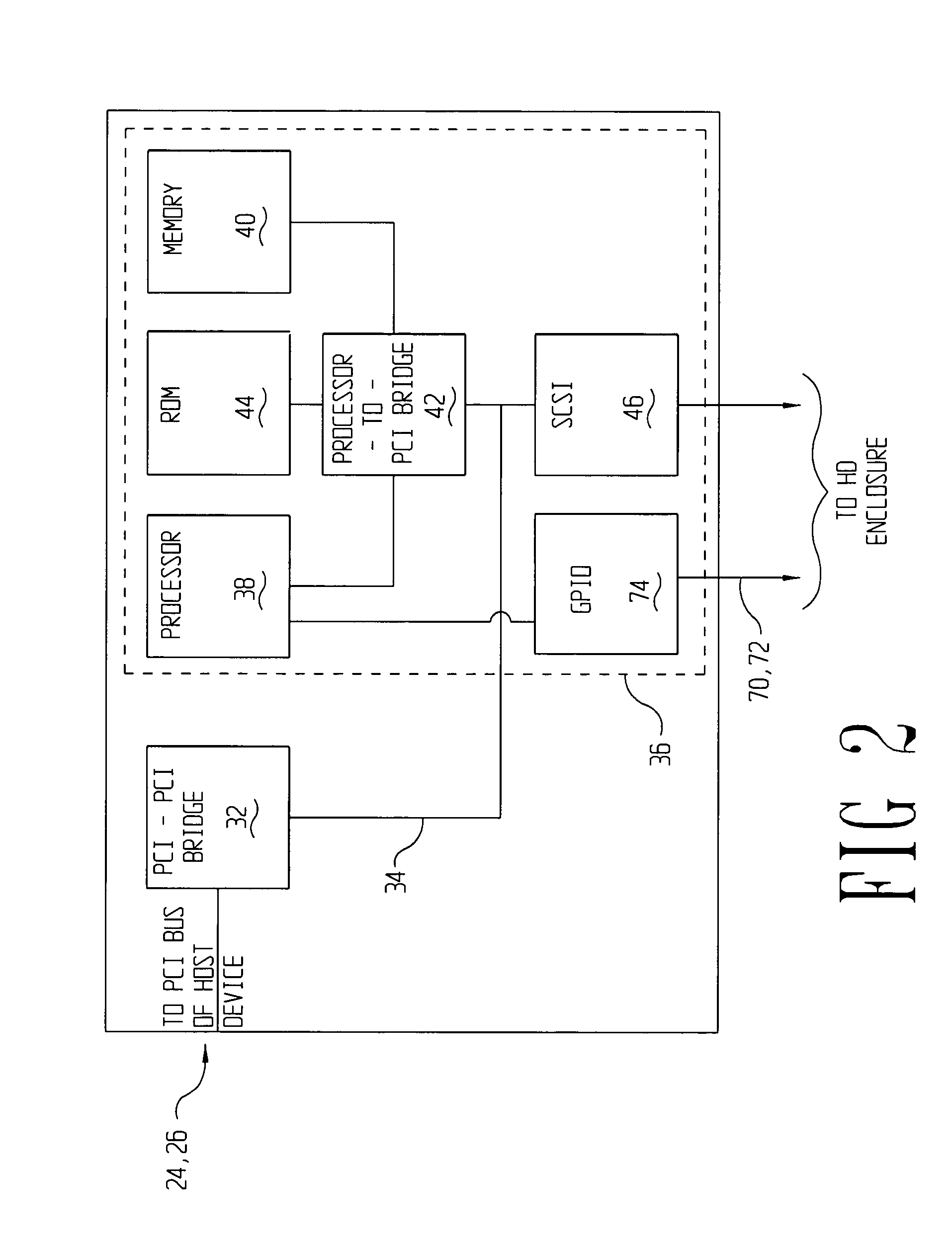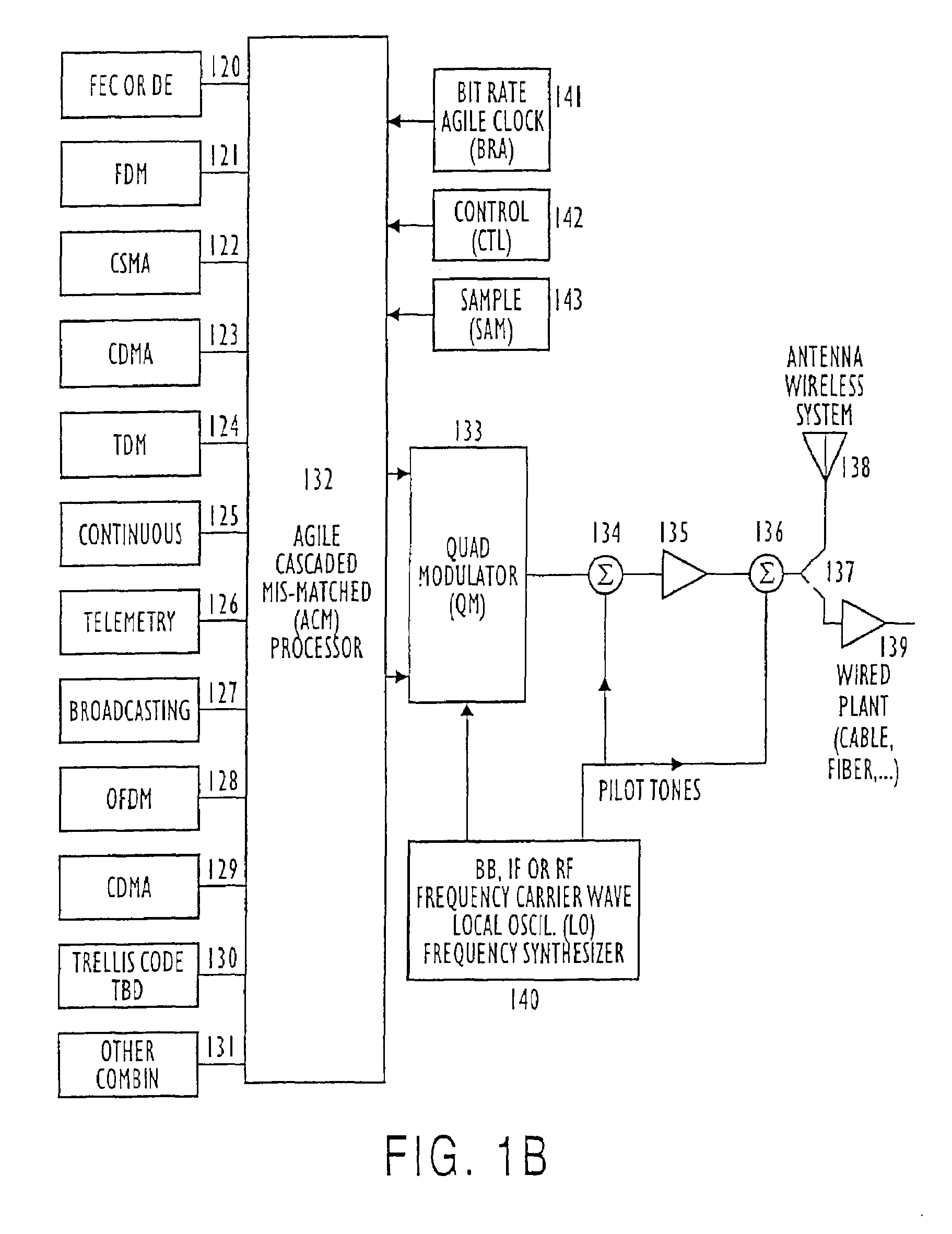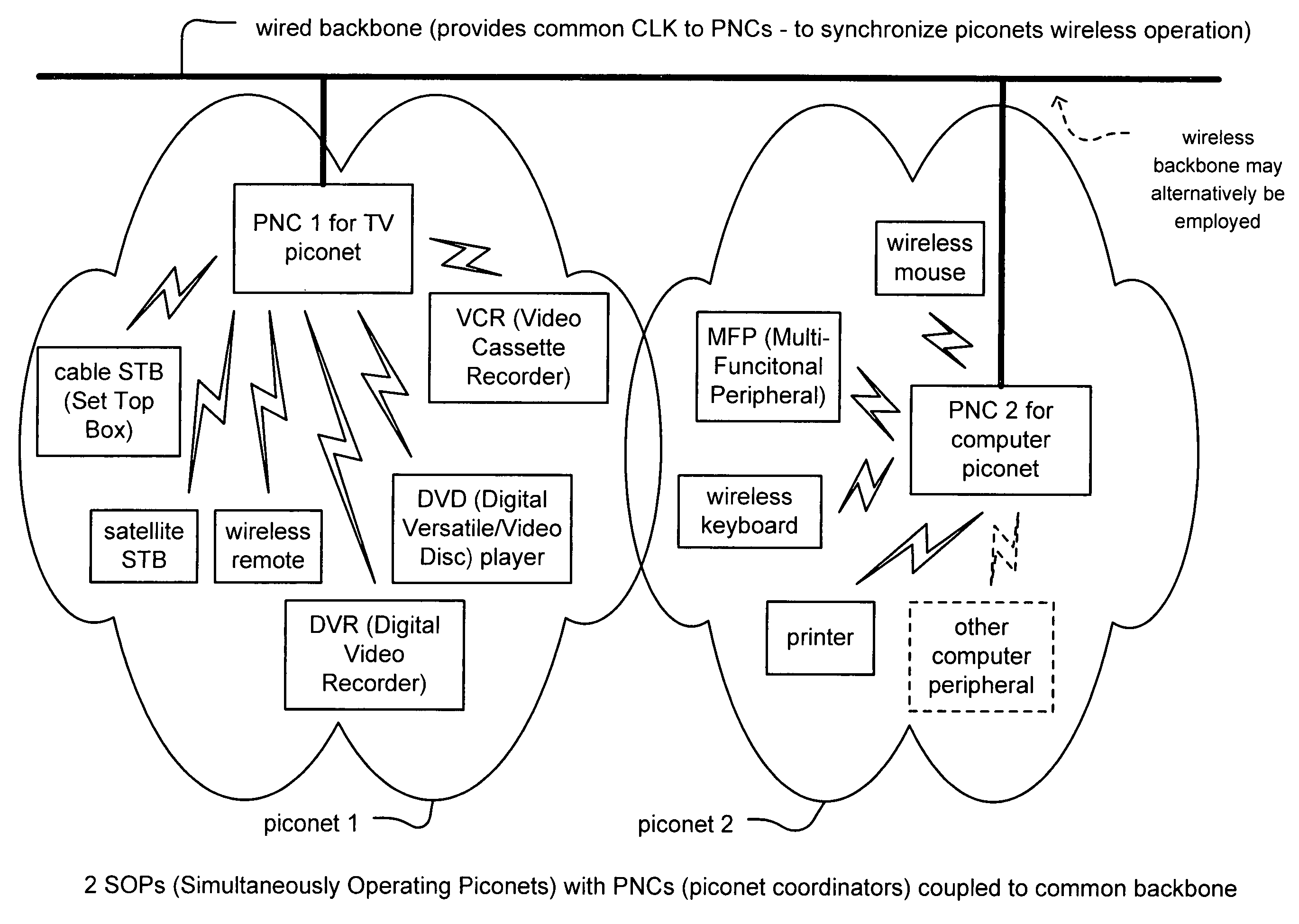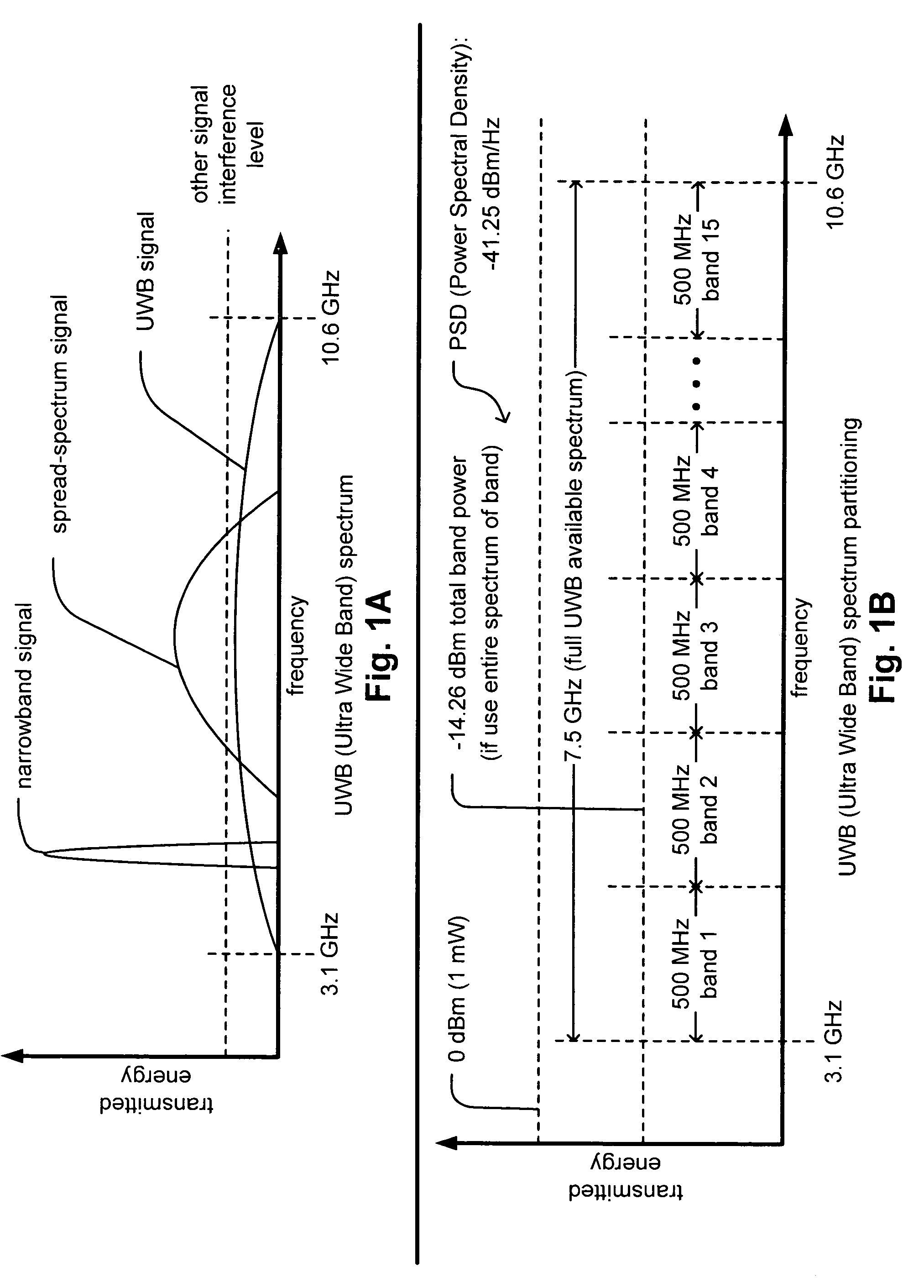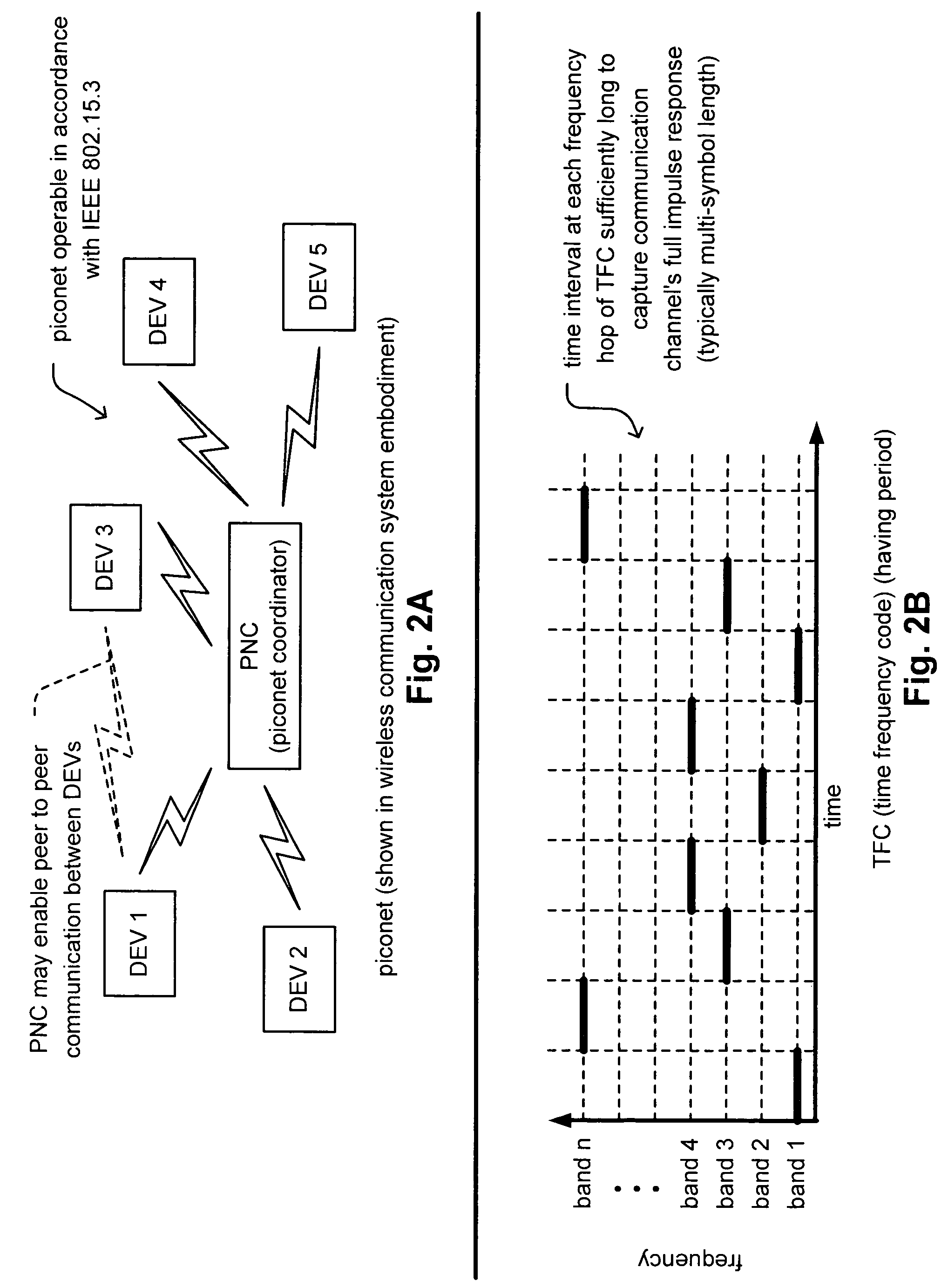Patents
Literature
Hiro is an intelligent assistant for R&D personnel, combined with Patent DNA, to facilitate innovative research.
1723results about "Synchronisation information channels" patented technology
Efficacy Topic
Property
Owner
Technical Advancement
Application Domain
Technology Topic
Technology Field Word
Patent Country/Region
Patent Type
Patent Status
Application Year
Inventor
Signatures for facilitating hot upgrades of modular software components
InactiveUS6880086B2Facilitating hot upgradeAccurately determineSynchronisation information channelsMemory loss protectionComputer hardwareTelecommunications network
The present invention provides a method and apparatus for facilitating hot upgrades of software components within a telecommunications network device through the use of “signatures” generated by a signature generating program. After installation of a new software release within the network device, only those software components whose signatures do not match the signatures of corresponding and currently executing software components are upgraded. Signatures promote hot upgrades by identifying only those software components that need to be upgraded. Since signatures are automatically generated for each software component as part of putting together a new release a quick comparison of two signatures provides an accurate assurance that either the software component has changed or has not. Thus, signatures provide a quick, easy way to accurately determine the upgrade status of each software component.
Owner:CIENA
Channel equalization system and method
InactiveUS6904110B2Increase high performance and data rate capacityLow costMultiple-port networksChannel dividing arrangementsFiberEngineering
A system and method for delivering increases speed, security, and intelligence to wireline and wireless systems. The present invention increases channel capacity by using a parallel or multi-channel structure in such wireless and wireline at the edge or the core of. This new architecture of the present invention uses parallel bitstreams in a flexible way and distributed switching / routing technique, is not only to avoid the potential bottlenet of centralized switches, but also to increase speed with intelligence that is seamlessly integrating into the Fiber Optic Backbone such as WDM and SONET of the MAN / WAN network with a Real-time guarantees, different types of traffic (such as Stringent synchronous, isochronous, and asynchronous data messages) with different demands, and privacy & security of multi access and integrated services environment.
Owner:B C LEOW
Channel adaptive equalization precoding system and method
InactiveUS20030086515A1Increase high performance and data rate capacityLow costChannel dividing arrangementsError detection/prevention using signal quality detectorPrecodingOperational system
A system and method for delivering increased speed, security, and intelligence to wireline and wireless systems. The present invention includes a new generation Fast Circuit Switch (packet / circuit) Communication processors and platform which enables a new Internet Exchange Networking Processor Architecture at the edge and core of every communication system, for next generation Web Operating System or Environment (WOE) to operate on with emphasis of a non-local processor or networking processor with remote web computing capabilities.
Owner:TRANS FRANCOIS +1
Apparatus and method to synchronize multimedia playback over a network using out-of-band signaling
InactiveUS7206367B1Synchronisation information channelsTime-division multiplexData transmissionComputer science
An apparatus and method to synchronize devices in a network to a sub-millisecond timing accuracy. In a first embodiment, the transmission of data is synchronized between a first source device and destination devices communicatively coupled to a network. In a second embodiment, data is deterministically transmitted between a first source device and destination devices communicatively coupled to a network. In a third embodiment, a deterministic network synchronizes the transmission of data between a first source device and destination devices coupled to a network.
Owner:APPLE INC
Method and apparatus for synchronizing auxiliary data and video data transmitted over a TMDS-like link
InactiveUS7295578B1Synchronisation information channelsPulse automatic controlData synchronizationCommunications system
A communication system including a transmitter, a receiver, and a TMDS-like link, in which video data and auxiliary data are transmitted from the transmitter to the receiver, or in which video data are transmitted over the link from the transmitter to the receiver and auxiliary data are transmitted from the receiver to the transmitter (or from the transmitter to the receiver and also from receiver to the transmitter), a transmitter or receiver for use in such a system, and methods for sending auxiliary data and video data over such a link, synchronizing such auxiliary data with such video data, and generating clocks having frequency closely matching the rate at which the auxiliary data are transmitted. Typically, the auxiliary data include one or more streams of audio data. In some embodiments the transmitter transmits a video clock to the receiver over a video clock channel, at least one of the transmitter and receiver transmits at least one stream of auxiliary data to the other one of the transmitter and the receiver, and at least one of the transmitter and the receiver transmits over the video clock channel at least one auxiliary clock for the auxiliary data.
Owner:LATTICE SEMICON CORP
Remote ordering system and method
InactiveUS6920431B2Eliminate distraction hassleSimplify the ordering processSynchronisation information channelsReservationsPaymentOrder fulfillment
A system and method for enabling patrons at large venues, such as spectator venues, convention halls, or airports, which have identifiable delivery locations, to utilize hand-held, wireless communication devices to self-order food, drink, souvenir items or services from remote order fulfillment locations within the venue for delivery to the identified delivery locations. Verification of available service level is provided. Hierarchical menus can be provided for visual display or audible presentation of items or services for purchase on the devices, or for presenting other information. A delivery location identification code is provided with the order, which is acknowledged. Automatic electronic payment for the order occurs by prearranged means.
Owner:I3E HLDG
Fault tolerant network utilizing bi-directional point-to-point communications links between nodes
ActiveUS8179787B2Without prohibitive costEliminate needError preventionTransmission systemsNODALCommunication link
A data communication system and an associated network node implementation is disclosed that, in certain embodiments, uses single-channel bi-directional communication links between nodes to send frames of data. The network nodes can be connected together in a ring or daisy chain topology with data frames sent in alternating directions through the bi-directional links. Such networks initially configured in a physical ring topology can tolerate single point failures by automatically switching to a logical daisy chain topology.
Owner:LUTRON TECH CO LLC
Fault tolerant network utilizing bi-directional point-to-point communications links between nodes
ActiveUS20100188972A1Without prohibitive costEliminate needError preventionTransmission systemsCommunication linkSingle point of failure
A data communication system and an associated network node implementation is disclosed that, in certain embodiments, uses single-channel bi-directional communication links between nodes to send frames of data. The network nodes can be connected together in a ring or daisy chain topology with data frames sent in alternating directions through the bi-directional links. Such networks initially configured in a physical ring topology can tolerate single point failures by automatically switching to a logical daisy chain topology.
Owner:LUTRON TECH CO LLC
Technique to coordinate wireless network over a power line or other wired back channel
InactiveUS20050085259A1Synchronisation information channelsPower distribution line transmissionPower line networkComputer science
Various embodiments are described to coordinate a wireless network over a power line network or other wired back channel.
Owner:INTEL CORP
Generating and implementing a signal protocol and interface for higher data rates
ActiveUS20050021885A1Increase data rateEnergy efficient ICTPulse modulation television signal transmissionDigital dataDisplay device
A data Interface for transferring digital data between a host and a client over a communication path using packet structures linked together to form a communication protocol for communicating a pre-selected set of digital control and presentation data. The signal protocol is used by link controllers configured to generate, transmit, and receive packets forming the communications protocol, and to form digital data into one or more types of data packets, with at least one residing in the host device and being coupled to the client through the communications path. The interface provides a cost-effective, low power, bi-directional, high-speed data transfer mechanism over a short-range “serial” type data link, which lends itself to implementation with miniature connectors and thin flexible cables which are especially useful in connecting display elements such as wearable micro-displays to portable computers and wireless communication devices.
Owner:QUALCOMM INC
Ultra efficient modulation and transceivers
InactiveUS7035344B2Improve efficiencyModulated carrier system with waveletsSynchronisation information channelsFrequency spectrumQuadrature modulation
Owner:FEHER KAMILO
High-speed chip-to-chip communication interface
ActiveUS7180949B2Improve scalabilitySynchronisation information channelsModulated-carrier systemsCommunication interfaceCMOS
A high-speed parallel interface for communicating data between integrated circuits is disclosed. The interface is implemented by a transmitter and receiver pair and a single-ended parallel interconnect bus coupling to the transmitter and receiver pair. As opposed to transmitting small swing signals over differential signal lines, the transmitter transmits data to the receiver at full swing over the single-ended parallel interconnect bus. The invention can be implemented with simple CMOS circuitry that does not consume large die area. Accordingly, many link interfaces can be implemented on a single chip to provide a large data bandwidth.
Owner:RIVERSTONE NETWORKS +1
System for accomplishing bi-directional audio data and control communications
ActiveUS8615091B2Synchronisation information channelsAudio data retrievalTransceiverControl communications
A system for accomplishing bi-directional digital audio data and control communications. There is a host end that includes a host transceiver, a host digital signal processor that outputs a master clock signal and audio data, and a source of low-voltage power for the host components. There are a number of remote nodes connected together serially. Each remote node includes a transceiver and a low-voltage power supply that provides power to the other remote node components. A shielded two-wire communication network connects the host node to one of the remote nodes, and connects each remote node to either one or two other remote nodes in a daisy-chain configuration. The host end is enabled to transmit and receive over the communication network digital audio data and digital control signals. The remote nodes are each enabled to receive over the communication network digital audio data and digital control signals, and are each enabled to transmit over the communication network digital control signals. The source of low-voltage power at the host end is coupled to the communication network. The remote power supplies each have an input coupled to the communication network to derive the power for the remote nodes from the power coupled to the network by the host end.
Owner:BOSE CORP
Adaptive receivers for bit rate agile (BRA) and modulation demodulation (modem) format selectable (MFS) signals
InactiveUS7376180B2Improve performanceSignificant spectral saving advantageMultiple-port networksSecret communicationModem deviceThird generation
Systems, apparatus, and methods for new generations of wireless systems, including multiple standard, interoperable Third-Generation (3G) and Second-Generation (2G), Spread Spectrum CDMA, WCDMA, GSM, Enhanced GSM systems and CSMA, TDMA and OFDM. Bit Rate Agile (BRA), Modulation and Code Selectable processing techniques of Gaussian Minimum Shift Keying (GMSK), Quadrature Phase Shift Keying (QPSK), Quadrature Amplitude Modulation (QAM), and of Mis-Matched demodulator filters in which the demodulator filter set is mismatched to the filter set of the signal modulator.
Owner:FEHER KAMILO
Timing system for modular cable modem termination system
InactiveUS20060168612A1Synchronisation information channelsBroadcast transmission systemsDigital subscriber lineModem device
A modular Cable Modem Termination System (CMTS) includes a packet shelf operating a Data Over Cable Service Interface Specifications (DOCSIS) Media Access Control (MAC) framer. One or more downstream Physical Interface (PHY) shelves receive DOCSIS data from the packet shelf over a packet switched network and modulate the DOCSIS data for sending on a downstream path of a cable plant. One or more upstream PHY shelves send DOCSIS data received from an upstream path of the cable plant over the packet switched network to the packet shelf. By separating the PHY components from the MAC and from the system software, the PHY components for a Hybrid Fiber Coax (HFC) plant may be replaced with different PHY components for other access technologies such as wireless, Digital Subscriber Lines (DSL), Ethernet-to-the-Home, Fiber-to-the-Home, or fiber Passive Optical Networks (PONs).
Owner:CISCO TECH INC
Modulation and demodulation format selectable system
InactiveUS7133456B2Improve efficiencyImprove performanceEnergy efficient ICTError preventionQuadrature modulatorModem device
Modulation Demodulation (Modem) Format Selectable (MFS) and Code Selectable (CS) systems for new generations of wireless systems, including third generation “3G”, spread spectrum systems, CDMA,W-CDMA and GSM, OFDM systems having different bit rates, that is having bit rate selection or bit rate agile( BRA) operation. MFS and Code Selectable (CS) systems connected to one or more modulators, one or more transmit amplifiers and one or more antennas. The transmitted signals are received by single or multiple receivers and demodulators.Shaped Time Constrained Signal(TCS) wavelet processors and bit rate agile Long Response (LR) filters provide shaped Time Constrained Signal (TCS) waveforms / filtered signals in in-phase(I) and quadrature-phase(Q) baseband channels to one or more Quadrature Modulators(QM) connected to the baseband signal processing network. A control processor and signal selection device selects one or more of the baseband signals and provides these signals through one or more quadrature modulators(QM) having the same or different radio frequency(RF) signals for amplification by one or more amplifiers. A selection device for selecting a Linearly and / or a Non-Linearly Amplified (NLA) modulated signal is provided and the selected amplified signal is provided to one or more transmit antenna systems or to one or more transmission media.
Owner:WI LAN INC
Spread spectrum, cross-correlated and filtered modulated systems
InactiveUS7110433B2Improve efficiencyImprove performanceEnergy efficient ICTError preventionSpread spectrumBaseband
Spread Spectrum baseband signals, in-phase and quadrature-phase cross-correlated baseband signals and other filtered baseband signals connected to modulators for providing modulated signals. Modulator selection for modulated signal selection or for multiple modulated signals provided to one or more antennas for signal transmission.
Owner:WI LAN INC
Multimode system for calibrating a data strobe delay for a memory read operation
InactiveUS6889334B1Allow in applicationAllow in useElectronic circuit testingCode conversionComputer moduleMemory controller
A system for coordinating the timing of a data strobe with data supplied by a memory module to the memory controller read data FIFO of a processor-based system, providing multiple calibration modes. A calibration PDL (programmable delay line) is used to reiteratively test the time taken for a test data strobe to traverse a portion of the memory controller circuit, and to generate a calibration value based upon the time taken. The calibration procedure may be initiated in any one of several modes, including: according to a predetermined schedule; implemented in software; in response to changes in environmental factors such as temperature or voltages sampled at one or more locations; in response to a software-driven trigger; or in response to a user-initiated trigger, communicated to a system of the invention either by input via a user interface to the processor-based system or by a software command.
Owner:ADVANCED MICRO DEVICES INC
System for latching an output signal generated by comparing complimentary strobe signals and a data signal in response to a comparison of the complimentary strobe signals
ActiveUS6898724B2Prevent erroneous samplingOvercomes drawbackSynchronisation information channelsTime-division multiplexData signalOutput device
A data transmission system using a pair of complement signals (STROB / STROB#) as an edge-aligned strobe signal and input / output buffers therein. Several data signals and a pair of STROB / STROB# signals are transmitted from a data output device to a data input device therein. These data signals and the STROB / STROB# signals are edge-aligned and transmitted through the same transmission architecture. The data input device includes several data comparators for generating output signals from the received data signals using the received STROB / STROB# signals as a dynamic reference voltage. In addition, the data input device further includes several comparators and delay elements for generating a pair of non-inverting / inverting latch clock signals from the STROB / STROB# signals. Each of the output signals is sent to two data latch circuits for outputting two latched data based on the latch clock signals.
Owner:VIA TECH INC
Synchronized UWB piconets for SOP (Simultaneously Operating Piconet) performance
ActiveUS20050090200A1Improve overall utilizationImprove trustSynchronisation arrangementSynchronisation information channelsTime division multiple accessEngineering
Synchronized UWB piconets for SOP (Simultaneously Operating Piconet) performance. A common backbone (either wired or wireless) is employed that provides a common CLK (clock signal) to all of the various PNCs (piconet coordinators) of various piconets that may operate within a sufficiently close region such that interference could undesirably occur. By providing a very reliable CLK signal from a common backbone to all of the PNCs of the various piconets operating within a substantially close proximity to one another, very precise synchronization may be ensured for all of the communications performed therein. The various piconets may then even operate using TDMA (Time Division Multiple Access)—whose performance would be substantially compromised without effective synchronization. In addition, combined TFC (time frequency code) and TDMA may also be employed to support the communications therein thereby providing even another degree of orthogonality that provided by TDMA alone.
Owner:AVAGO TECH INT SALES PTE LTD
Network device with a distributed switch fabric timing system
InactiveUS6876652B1Low costMultiplex system selection arrangementsSynchronisation information channelsEngineeringTiming system
The present invention provides a central switch fabric timing subsystem and distributed switch fabric timing subsystems. Distributed switch fabric subsystems reduce the cost of a minimally configured network device by providing a network device with a distributed switch fabric. Such a network device locates a portion of the switch fabric functionality on each forwarding card allowing the minimal network device configuration to include less than the entire switch fabric functionality. The cost of the minimal configuration is, therefore, reduced allowing network service providers to more quickly recover the initial cost of the network device. As new services are requested, additional functionality, including both forwarding cards and universal port cards may be added to the network device to handle the new requests, and the fees for the new services may be applied to the cost of the additional functionality. Consequently, the cost of the network device more closely tracks the service fees received by network providers.
Owner:CIENA
Data transmission
InactiveUS20050078683A1Electrophonic musical instrumentsSynchronisation information channelsMultiplexingCommunications system
A data communication system for communicating one or more payload streamed data signals and an auxiliary data signal, said auxiliary data signal being organised as one or more data packets according to a data packet protocol, each packet having a packet destination address, comprises: at least two data handling nodes, a transmitting one of said data handling nodes being arranged to transmit data to a receiving one of said data handling nodes; a transmission data formatter associated with said transmitting node for formatting said packets of said auxiliary data signal into a streamed data signal format and for multiplexing said payload streamed data signals and said formatted auxiliary data signal into a bitstream for transmission; a received data reformatter associated with said receiving node for demultiplexing said input streamed data signals and said formatted auxiliary data signal and for reformatting said auxiliary data signal into packets according to said data packet protocol.
Owner:SONY UK LTD
Remote ordering system
A system and method for enabling patrons at large-scale events at confined venues utilizes conventional or special hand-held, wireless communication devices to self-order food, drink and souvenir items from remote order fulfillment locations within the venue for delivery to the patrons' seats. Hierarchical menus are provided for display of items for purchase on the devices. Patrons transmit a seat identification code with the order, which is acknowledged, and send a confirmation code upon receipt of order delivery, which causes automatic electronic payment for the order by prearranged means.
Owner:I3E HLDG
Calibrated data communication system and method
InactiveUS7042914B2Memory architecture accessing/allocationSynchronisation information channelsCommunications systemData sequences
A system includes a first integrated circuit device and a second integrated circuit device. The first device transmits a data sequence to the second integrated circuit device, and the second device samples the data sequence to produce receiver data. The second device then transmits the receiver data back to the first device. Within the first integrated circuit device, a comparison between the data sequence and the receiver data is performed, and based on the comparison, the first device generates information representative of a calibrated timing offset. The first device uses the information representative of the calibrated timing offset to adjust timing associated with transferring write data from the first integrated circuit to the second integrated circuit.
Owner:RAMBUS INC
Key expansion for qkd
InactiveUS20060059343A1Key distribution for secure communicationSynchronisation information channelsKey exchangeKey schedule
A method of encrypting information using an encryption pad based on keys exchanged between quantum key distribution (QKD) stations is disclosed. The method includes establishing raw keys between two stations using QKD, processing the keys to establish a plurality of matching privacy amplified keys at each station and buffering the keys in a shared key schedule. The method also includes the option of expanding one or more of the keys in the shared key schedule using a stream cipher to create a supply of expanded keys that serve as pads for one-time-pad encryption.
Owner:MAGIQ TECH INC
Transfer and synchronization of media data
InactiveUS20080086494A1Synchronisation information channelsDigital data processing detailsComputer hardwareImproved method
Improved methods and systems that facilitate transfer and synchronization of data, namely, media data, between a host device (e.g., host computer) and a portable media device (e.g., portable media player) are disclosed. By coupling the portable media device to different host devices at different times, media data can be transferred between the different host devices. Synchronization of media data between a host device and a portable media device can also take into consideration one or more user synchronization related settings.
Owner:APPLE INC
Method and apparatus for sending data
InactiveUS20050034004A1Synchronisation information channelsGenerating/distributing signalsComputer hardwareData rate
A method and apparatus for sending data. One exemplary embodiment may be a method comprising sending a data rate synchronization pulse from drive controller in a computer system to a storage device controller, calculating a bit transfer period by the storage device controller based on the time duration of the data rate synchronization pulse, serially driving a plurality of bits from the drive controller at a rate based on the bit transfer period, and sampling at the rate based on the bit transfer period to receive the plurality of bits by the storage device controller.
Owner:HEWLETT PACKARD DEV CO LP
Equalized modulation demodulation (MODEM) format selectable multi antenna sysytem
InactiveUS20080212656A1Improve performanceSignificant spectral saving advantageMultiple-port networksPolarisation/directional diversityModem deviceFrequency spectrum
Method and process for receiving, demodulating, equalizing and processing of Modulation Demodulation Format Selectable (MFS) received signal, received from two or more than two antennas and from diversity receivers. Baseband processing filtering and adaptively equalizing demodulated signals and providing filtered equalized burst operated Time Division Multiplexed (TDM) cross-correlated in-phase and quadrature phase signal, spread spectrum Code Division Multiple Access (CDMA) signal and Orthogonal Frequency Division Multiplexed (OFDM) signals. Demodulation of peak limited cross-correlated OFDM signals. Demodulation and adaptive equalization of receive filtered signal, wherein the received filtered signal is mis-matched to transmit filtered signal. Process for receiving and demodulating MFS signals received from modulated linearly amplified and transmit filtered modulated non-linearly amplified (NLA) signal transmitters. Demodulation and processing of cross-correlated TDM, spread, spectrum and OFDM signals.
Owner:FEHER KAMILO
Equalized modulation demodulation (modem) format selectable multi antenna system
InactiveUS7738608B2Improve efficiencyImprove performanceModulated carrier system with waveletsMultiple-port networksModem deviceFrequency spectrum
Method and process for receiving, demodulating, equalizing and processing of Modulation Demodulation Format Selectable (MFS) received signal, received from two or more than two antennas and from diversity receivers. Baseband processing filtering and adaptively equalizing demodulated signals and providing filtered equalized burst operated Time Division Multiplexed (TDM) cross-correlated in-phase and quadrature phase signal, spread spectrum Code Division Multiple Access (CDMA) signal and Orthogonal Frequency Division Multiplexed (OFDM) signals. Demodulation of peak limited cross-correlated OFDM signals. Demodulation and adaptive equalization of receive filtered signal, wherein the received filtered signal is mis-matched to transmit filtered signal. Process for receiving and demodulating MFS signals received from modulated linearly amplified and transmit filtered modulated non-linearly amplified (NLA) signal transmitters. Demodulation and processing of cross-correlated TDM, spread, spectrum and OFDM signals.
Owner:FEHER KAMILO
Synchronized UWB piconets for Simultaneously Operating Piconet performance
ActiveUS7433697B2Improve overall utilizationImprove trustSynchronisation arrangementSynchronisation information channelsTime division multiple accessEngineering
Synchronized UWB piconets for SOP (Simultaneously Operating Piconet) performance. A common backbone (either wired or wireless) is employed that provides a common CLK (clock signal) to all of the various PNCs (piconet coordinators) of various piconets that may operate within a sufficiently close region such that interference could undesirably occur. By providing a very reliable CLK signal from a common backbone to all of the PNCs of the various piconets operating within a substantially close proximity to one another, very precise synchronization may be ensured for all of the communications performed therein. The various piconets may then even operate using TDMA (Time Division Multiple Access)—whose performance would be substantially compromised without effective synchronization. In addition, combined TFC (time frequency code) and TDMA may also be employed to support the communications therein thereby providing even another degree of orthogonality that provided by TDMA alone.
Owner:AVAGO TECH INT SALES PTE LTD
Popular searches
Features
- R&D
- Intellectual Property
- Life Sciences
- Materials
- Tech Scout
Why Patsnap Eureka
- Unparalleled Data Quality
- Higher Quality Content
- 60% Fewer Hallucinations
Social media
Patsnap Eureka Blog
Learn More Browse by: Latest US Patents, China's latest patents, Technical Efficacy Thesaurus, Application Domain, Technology Topic, Popular Technical Reports.
© 2025 PatSnap. All rights reserved.Legal|Privacy policy|Modern Slavery Act Transparency Statement|Sitemap|About US| Contact US: help@patsnap.com
